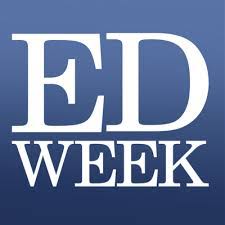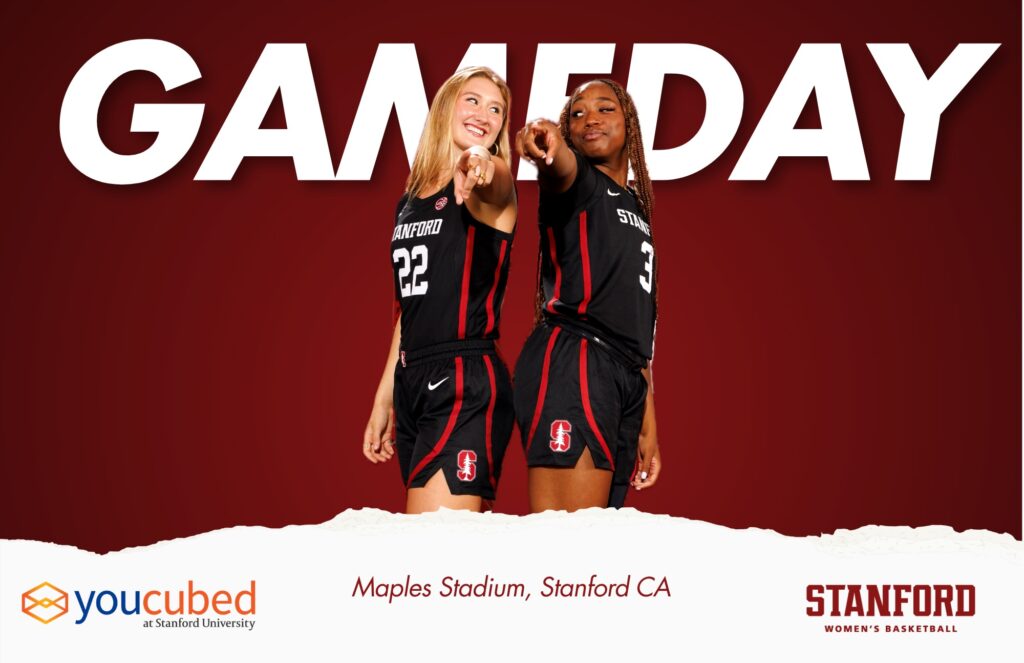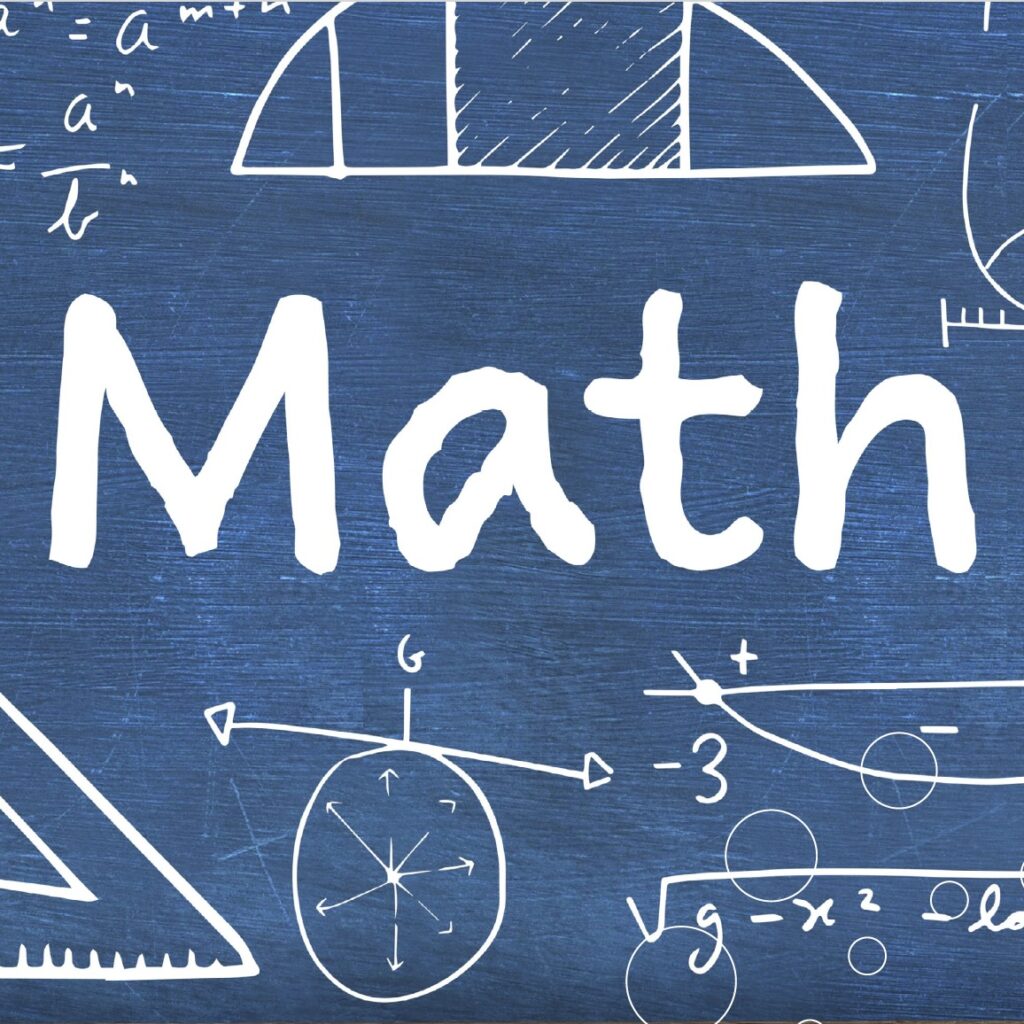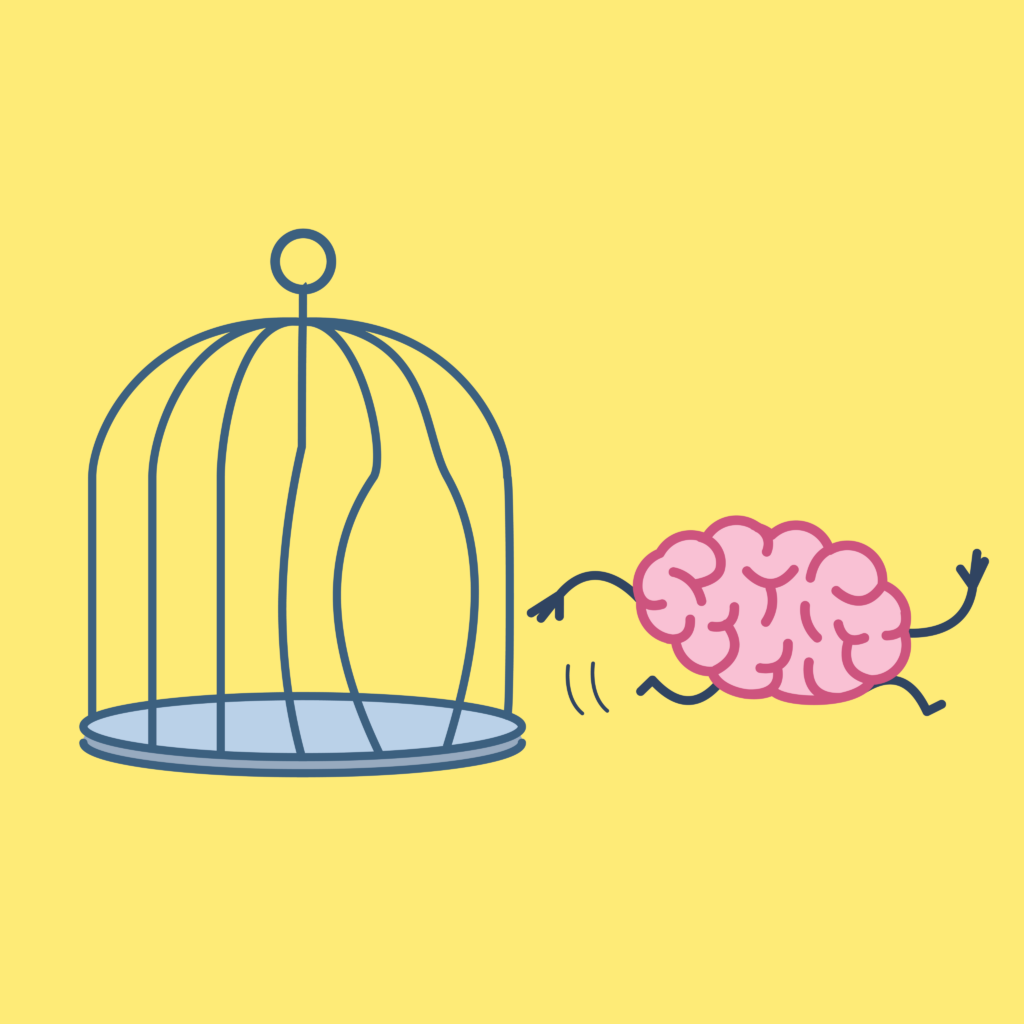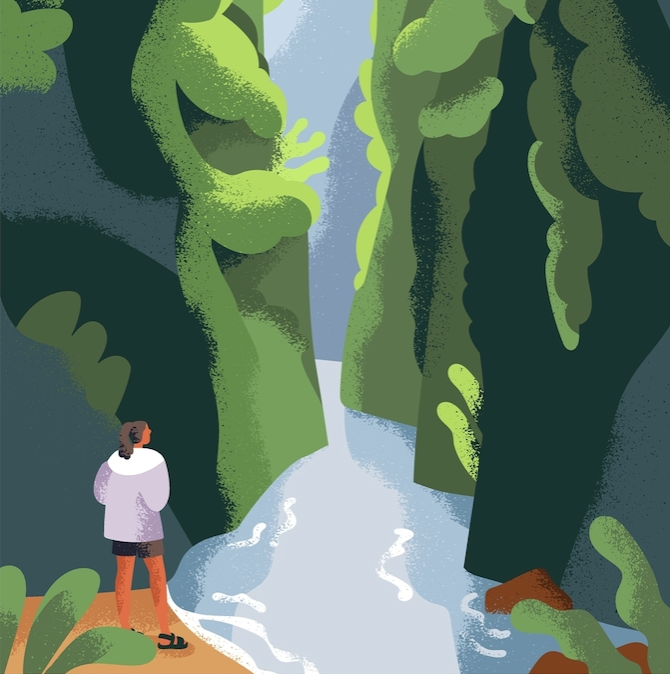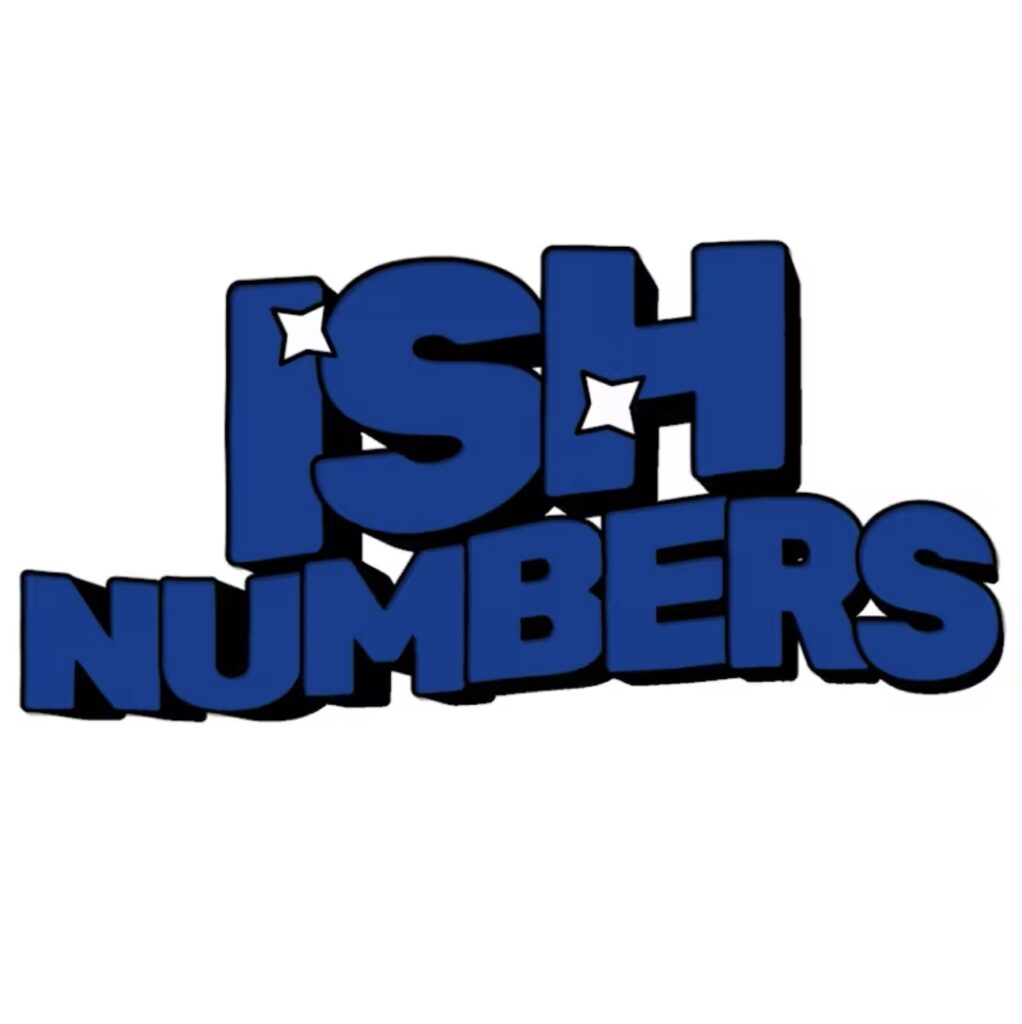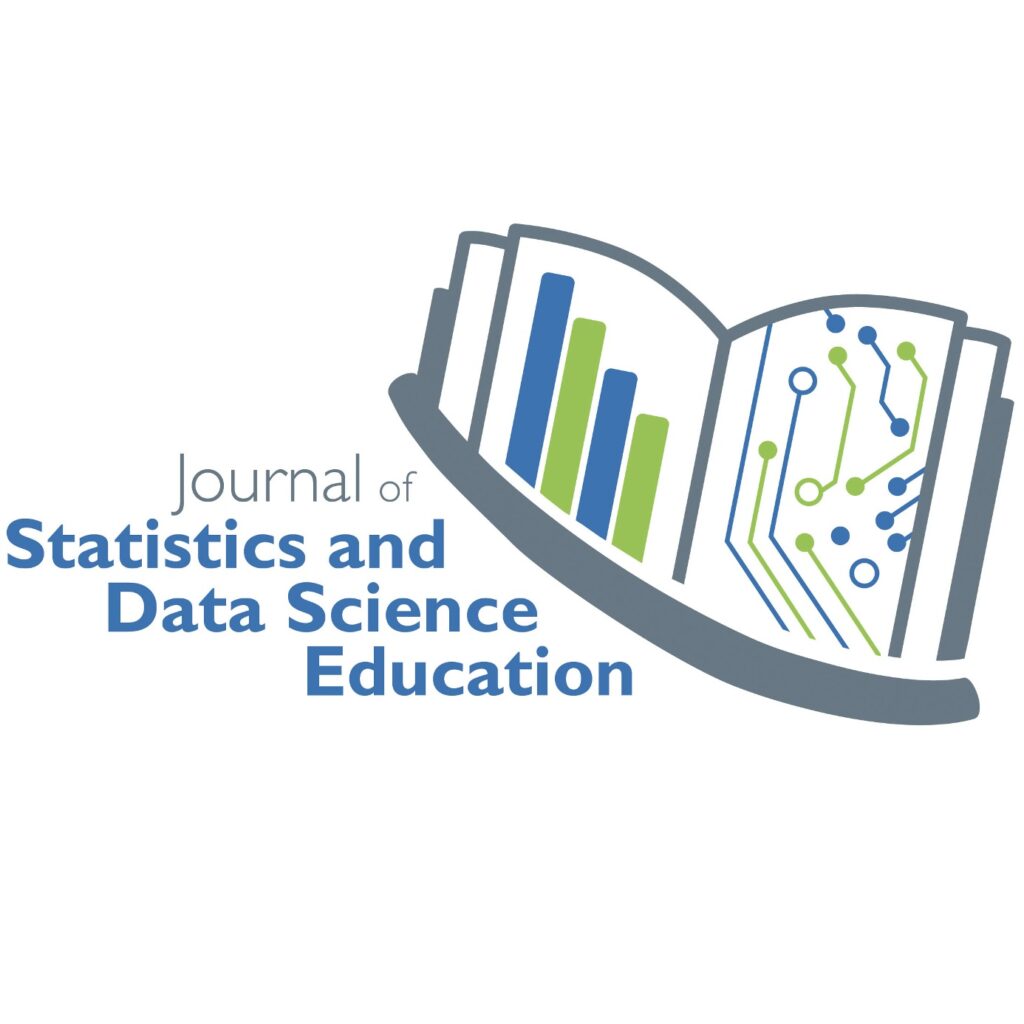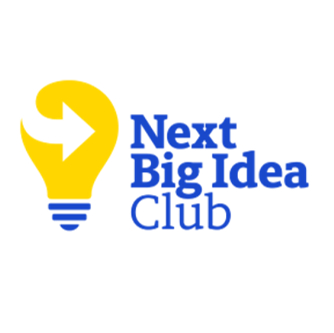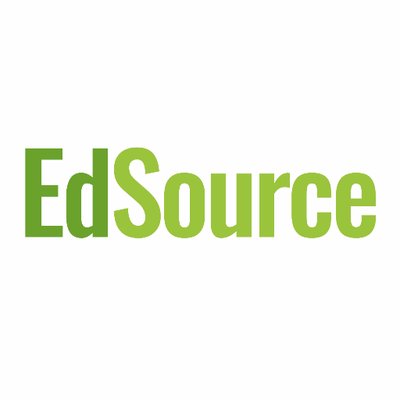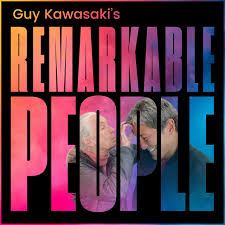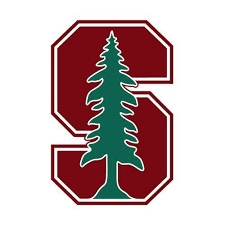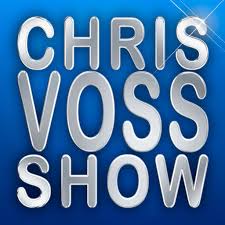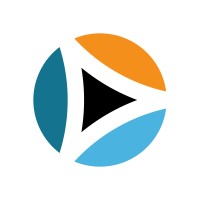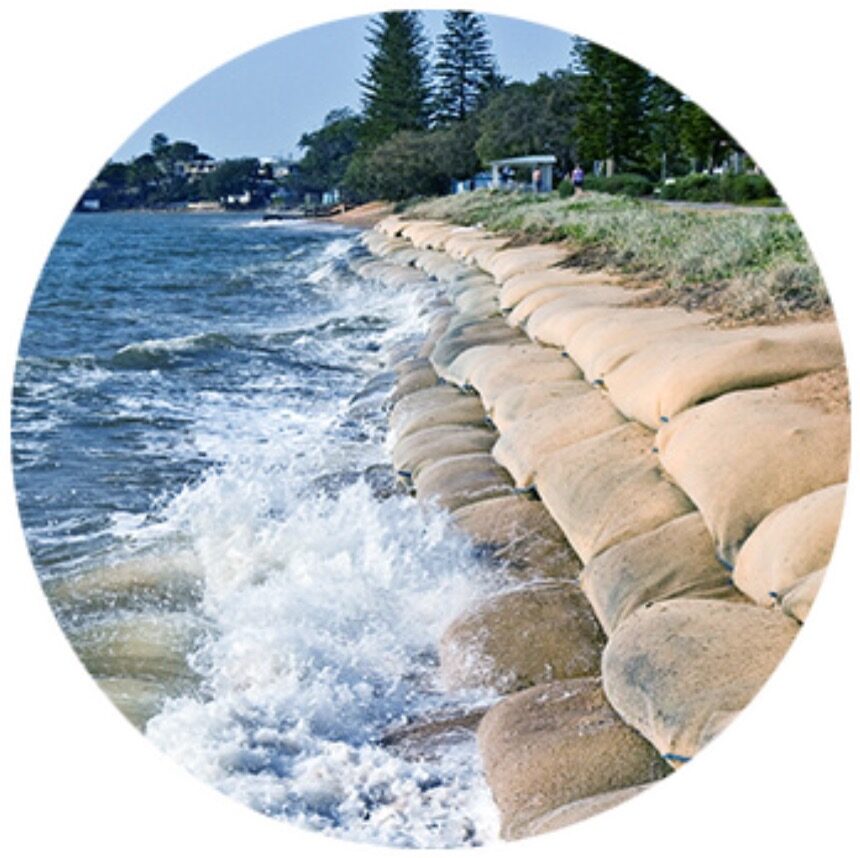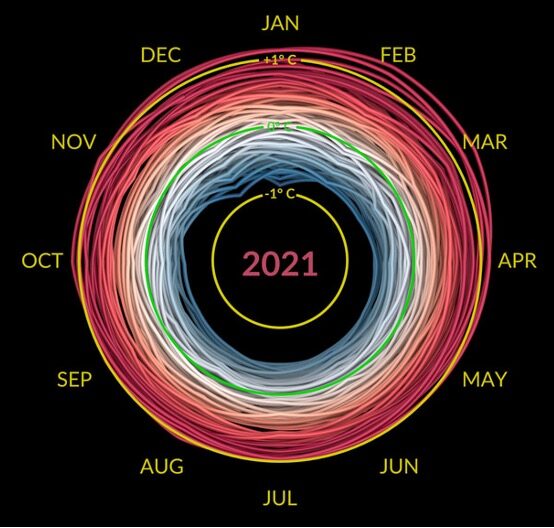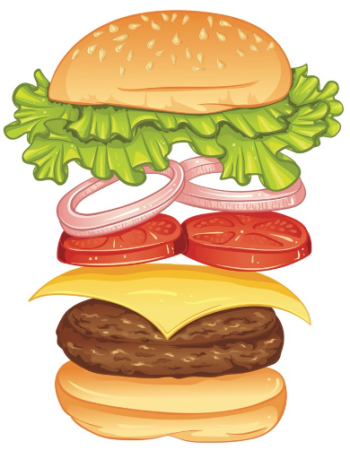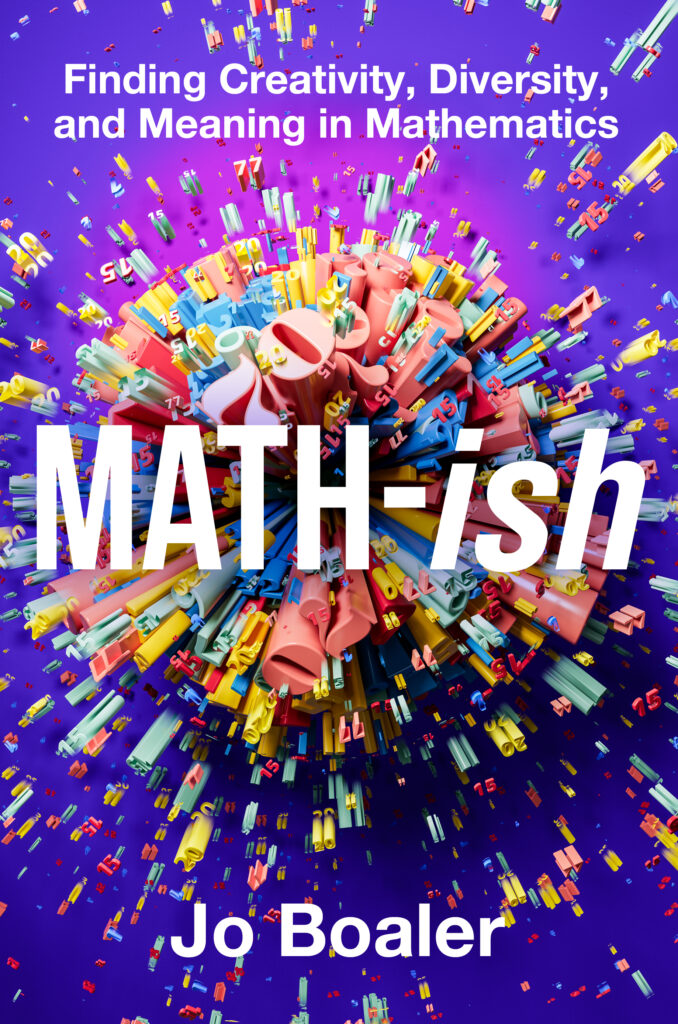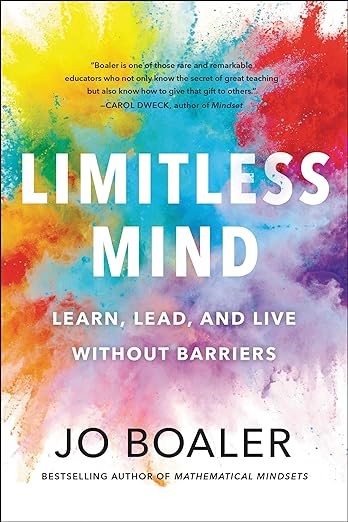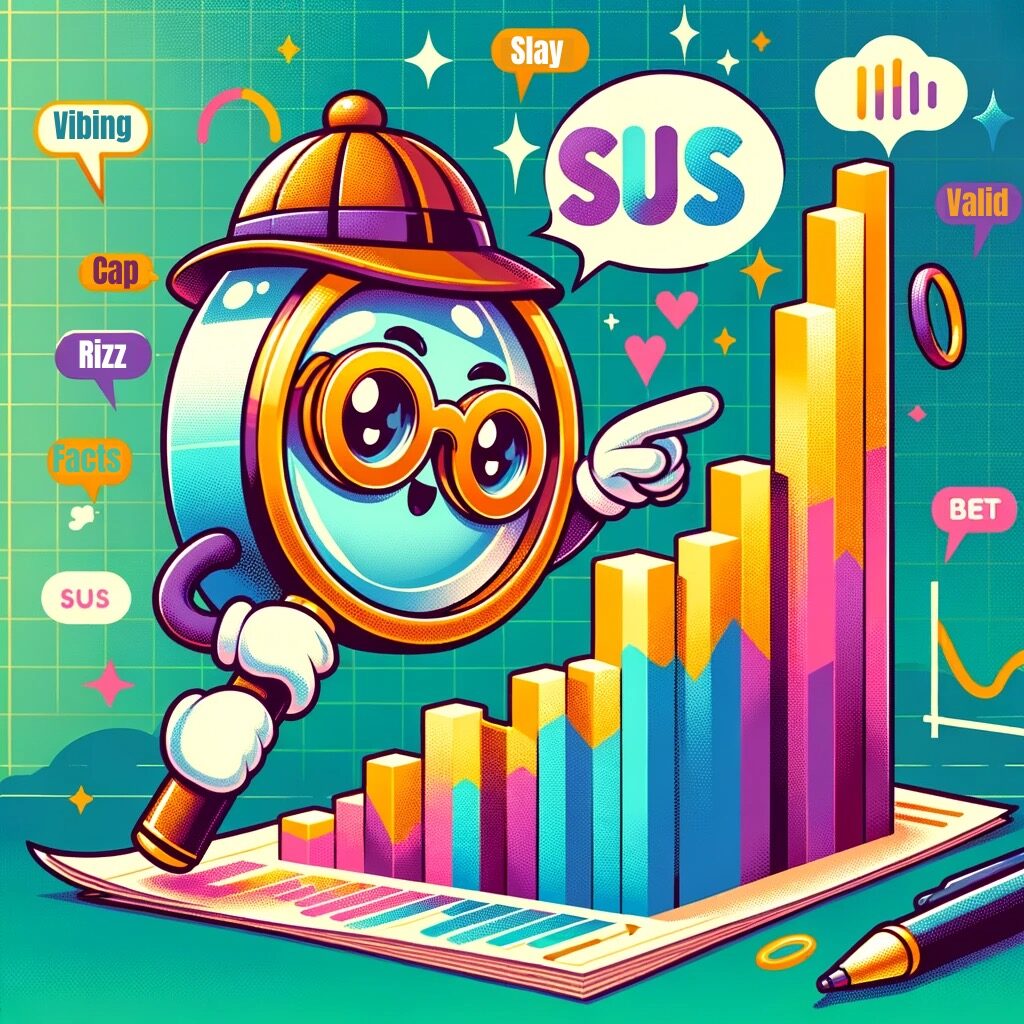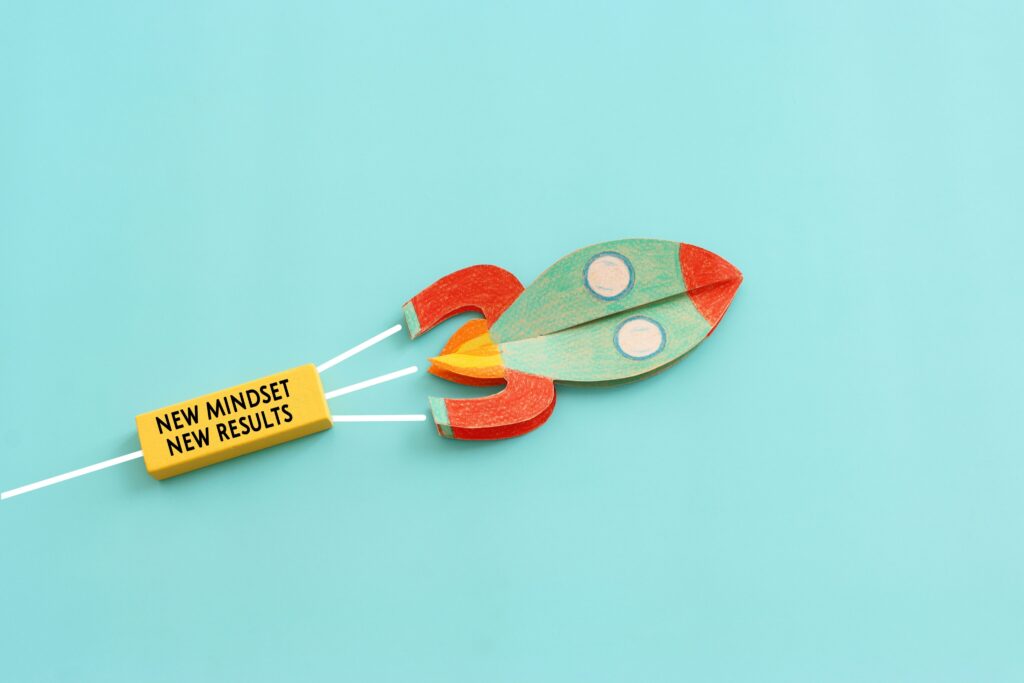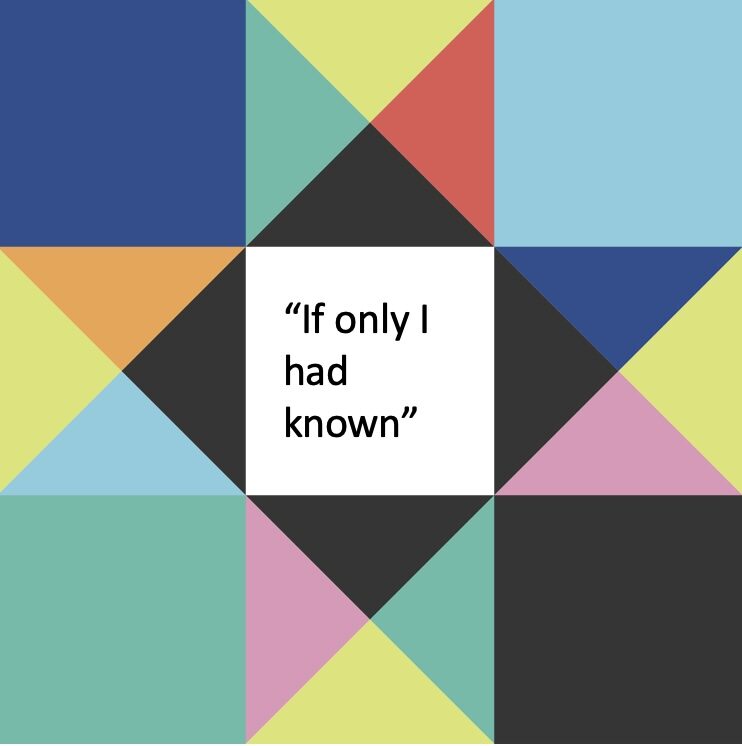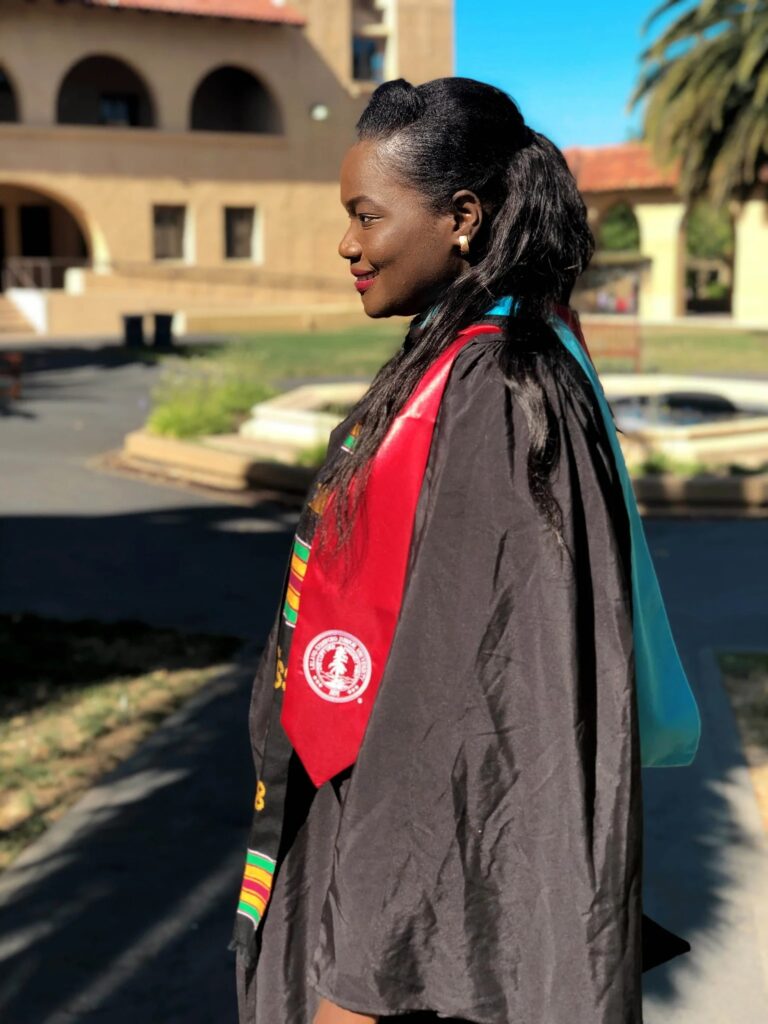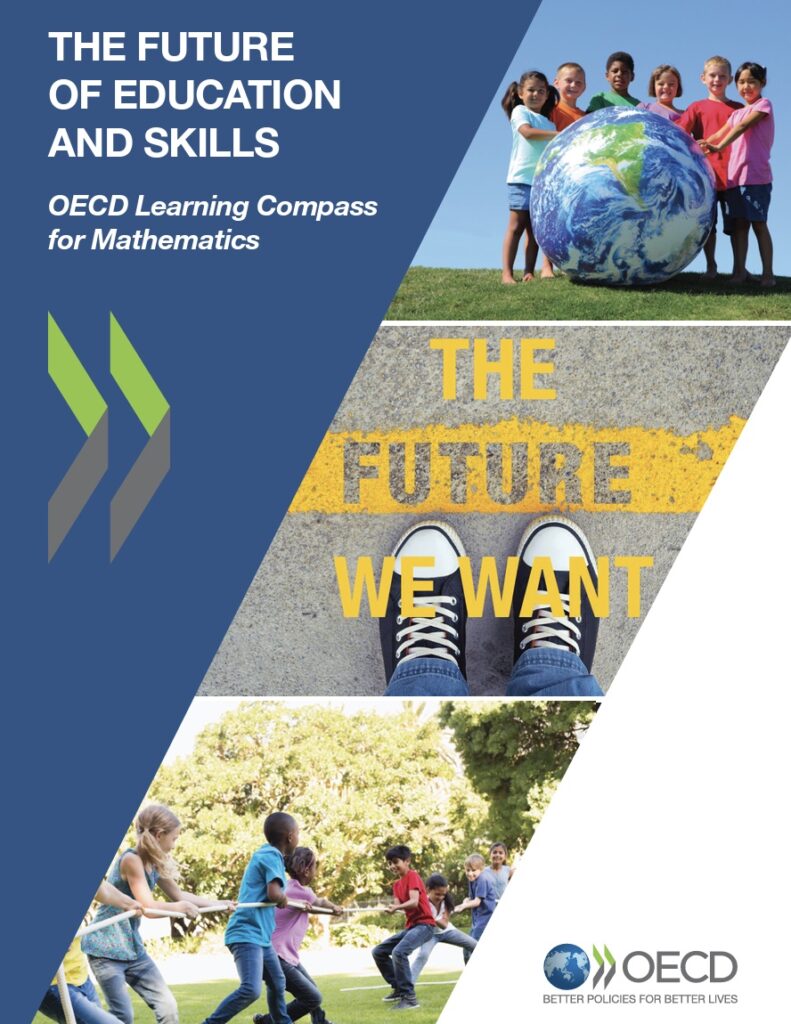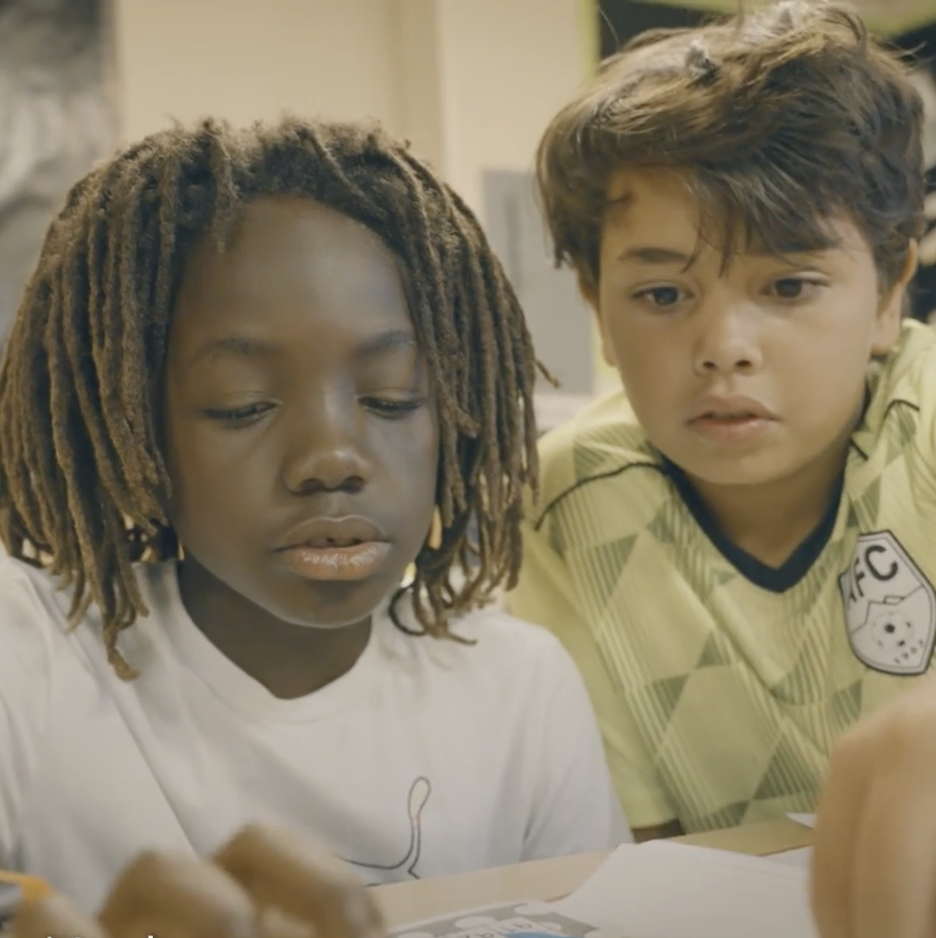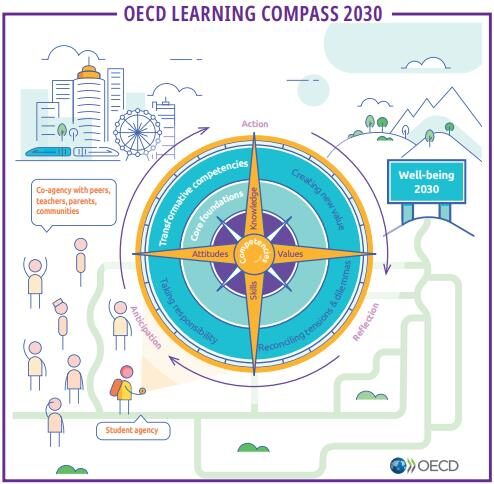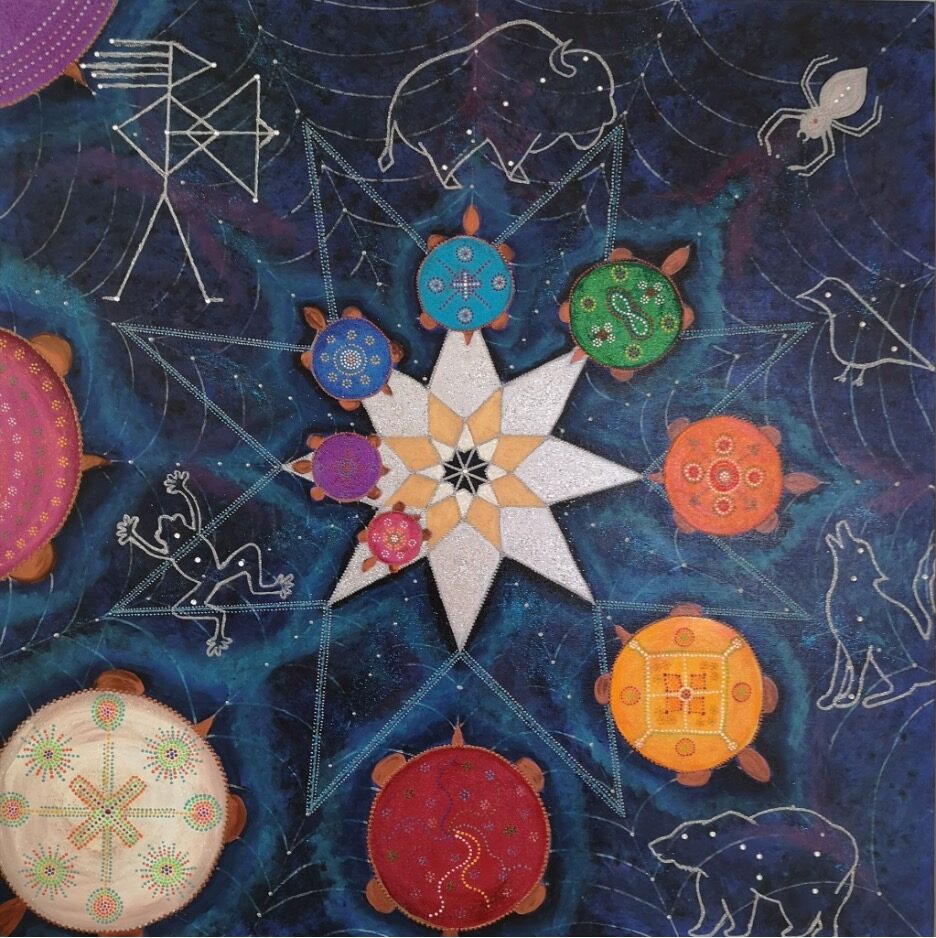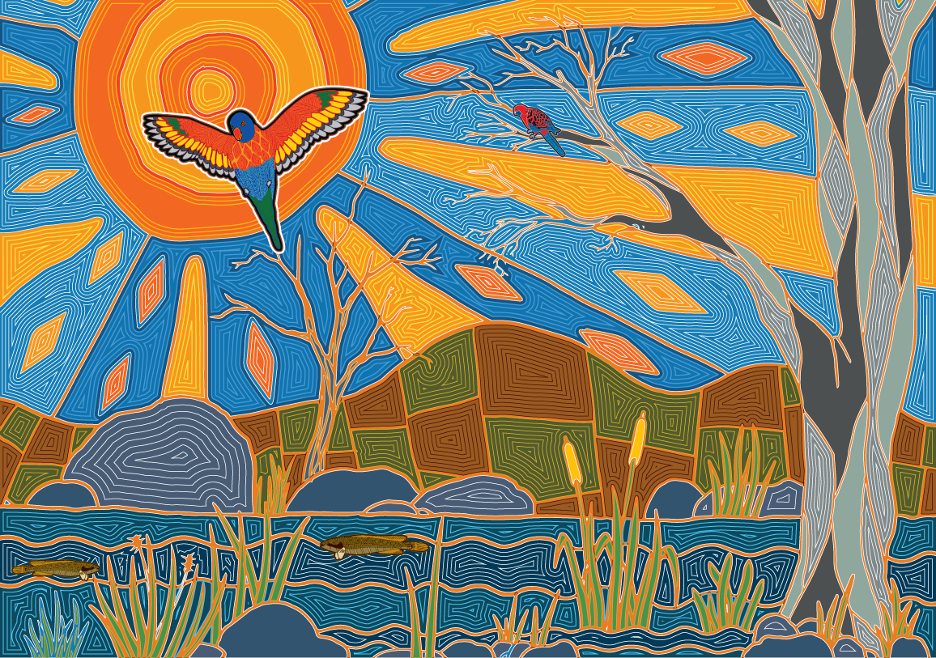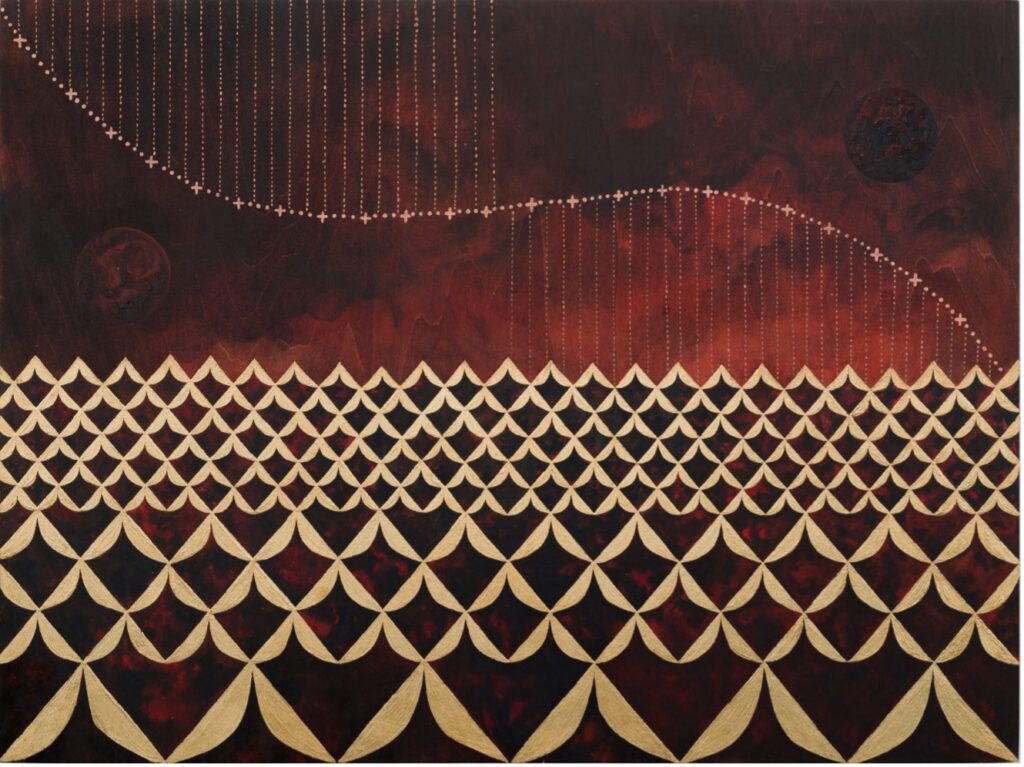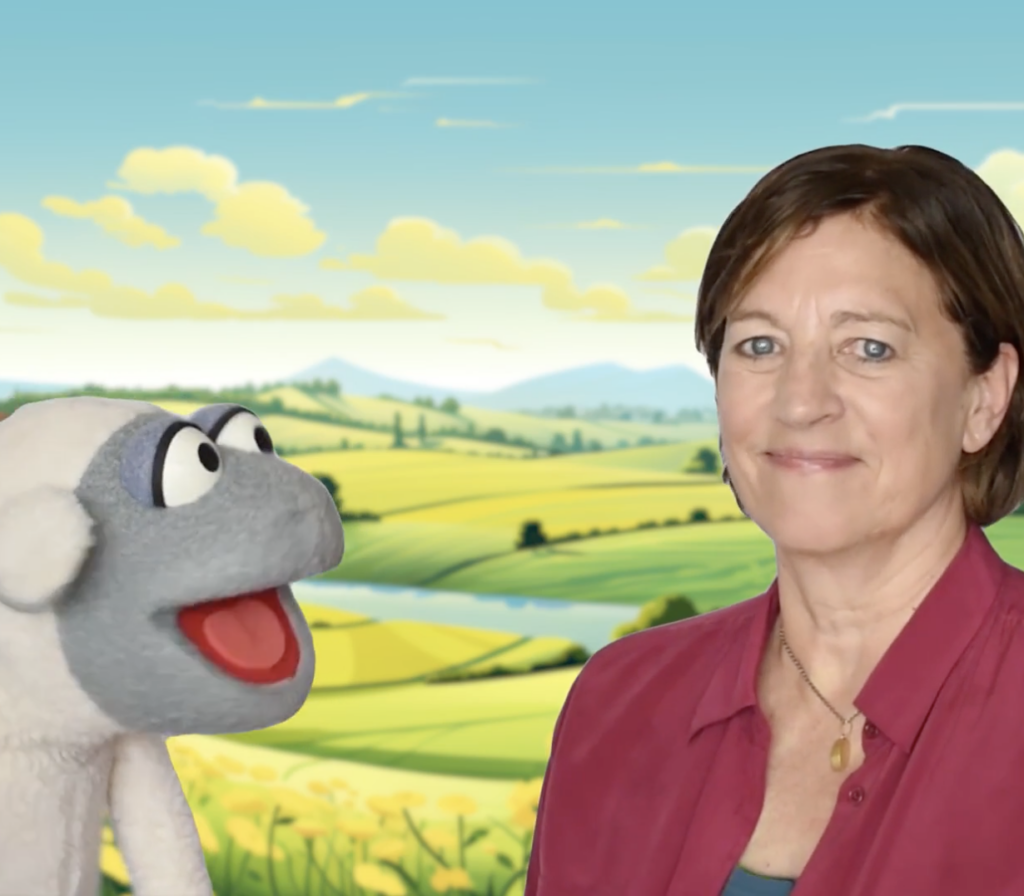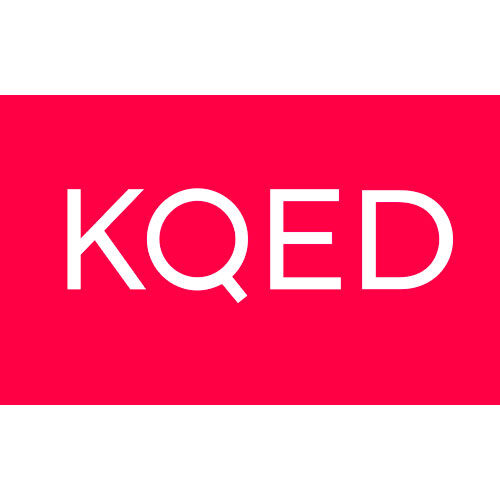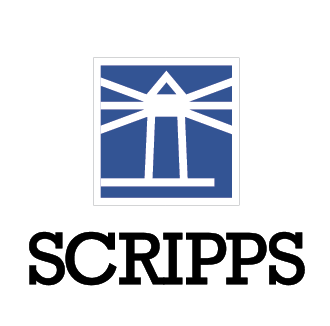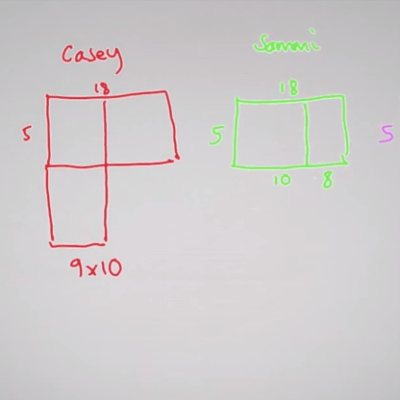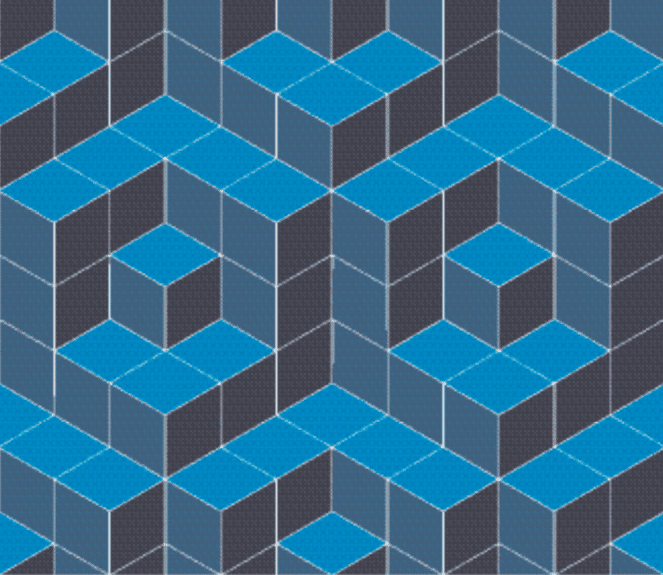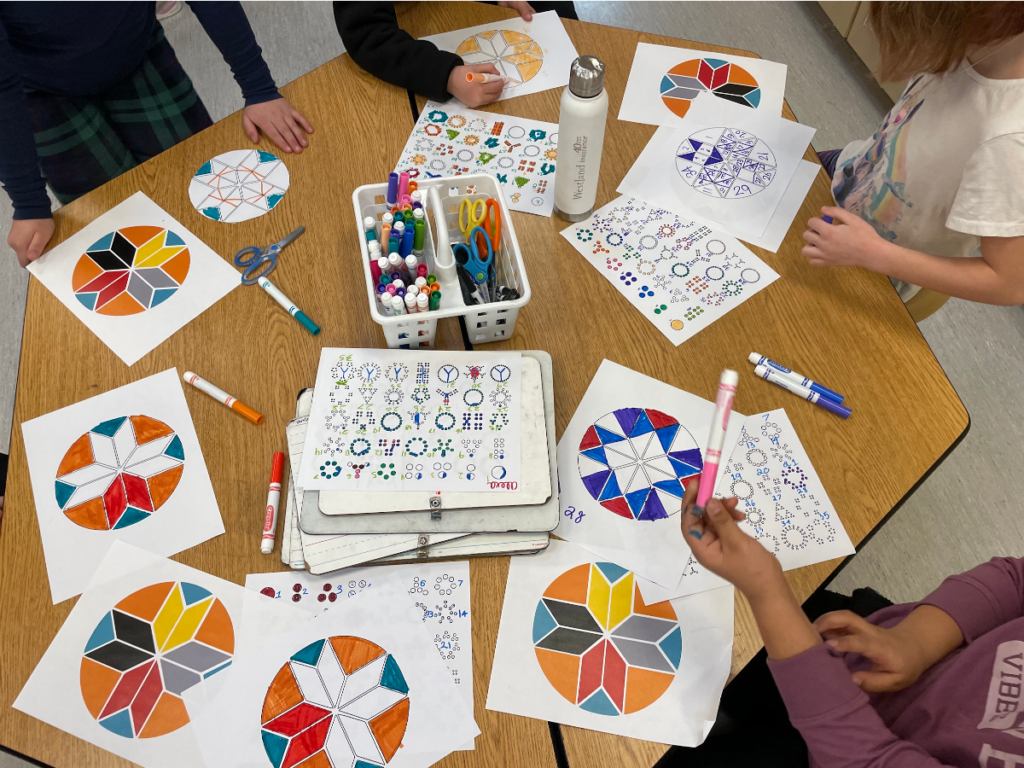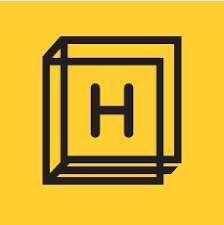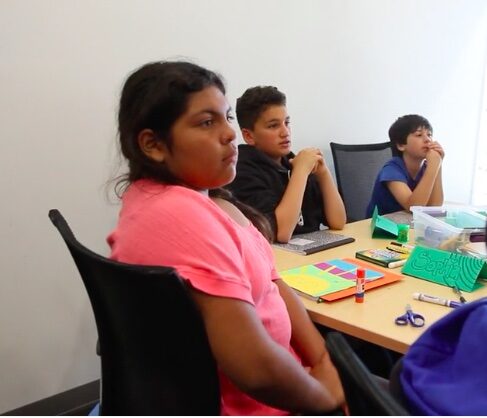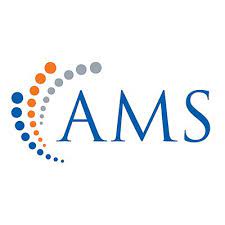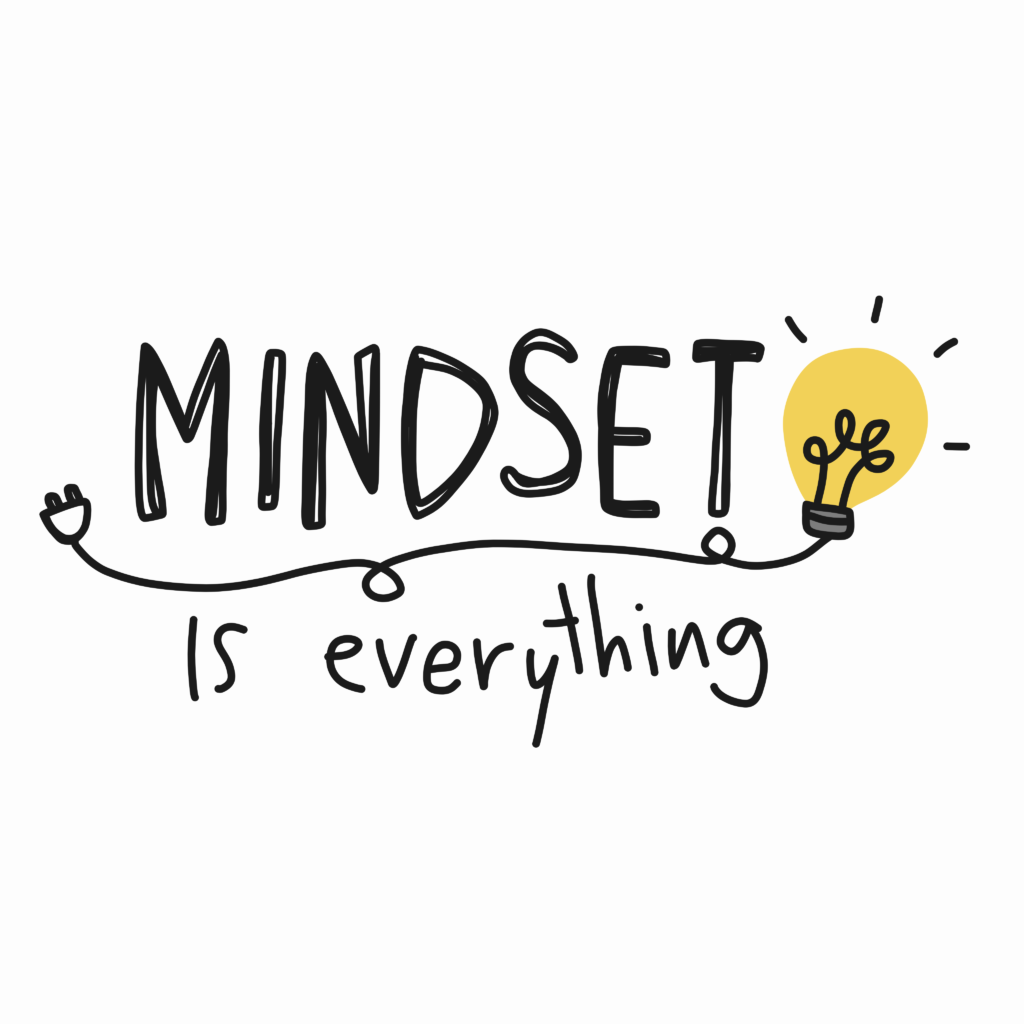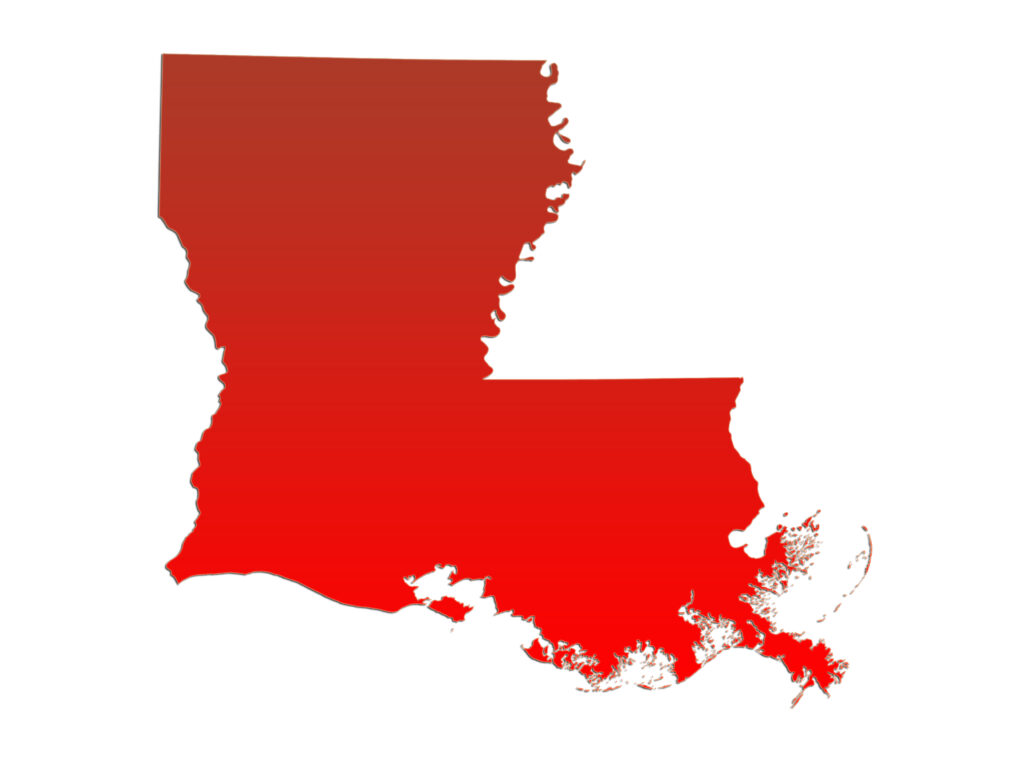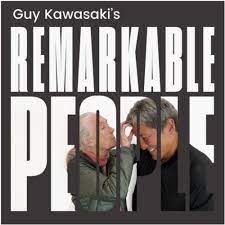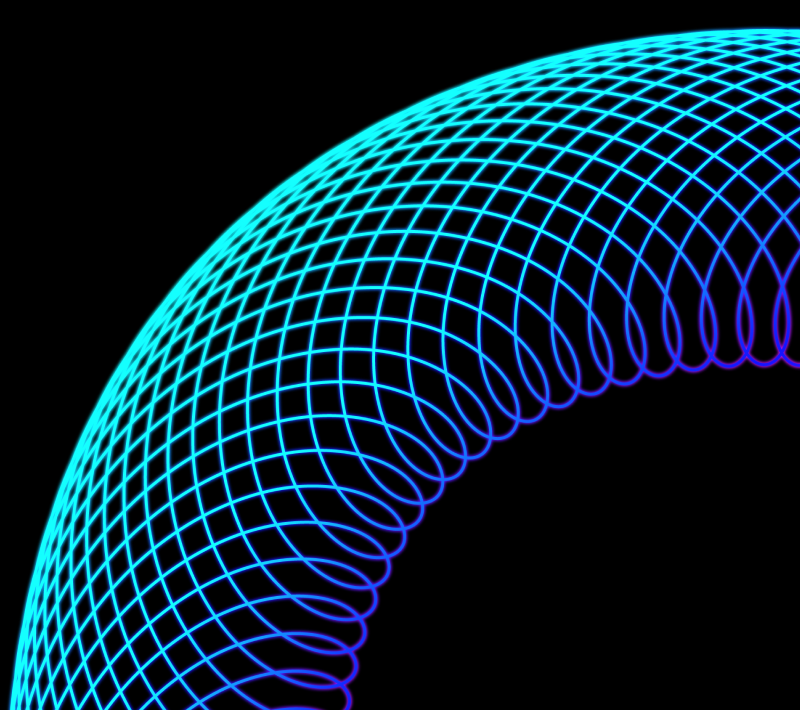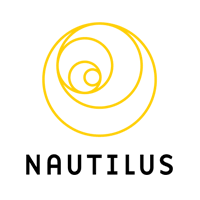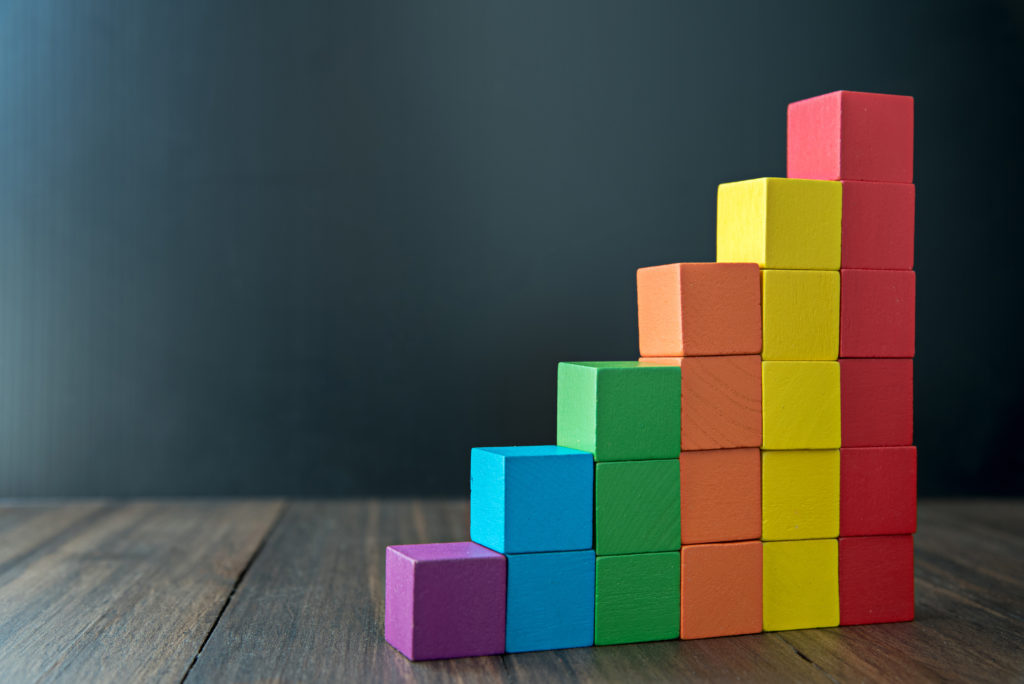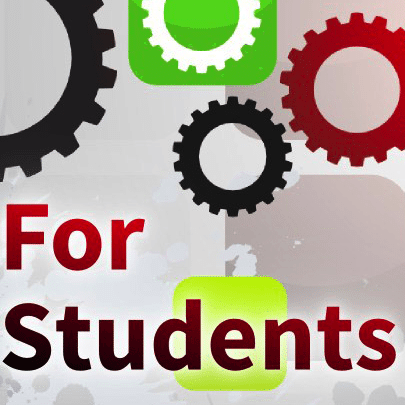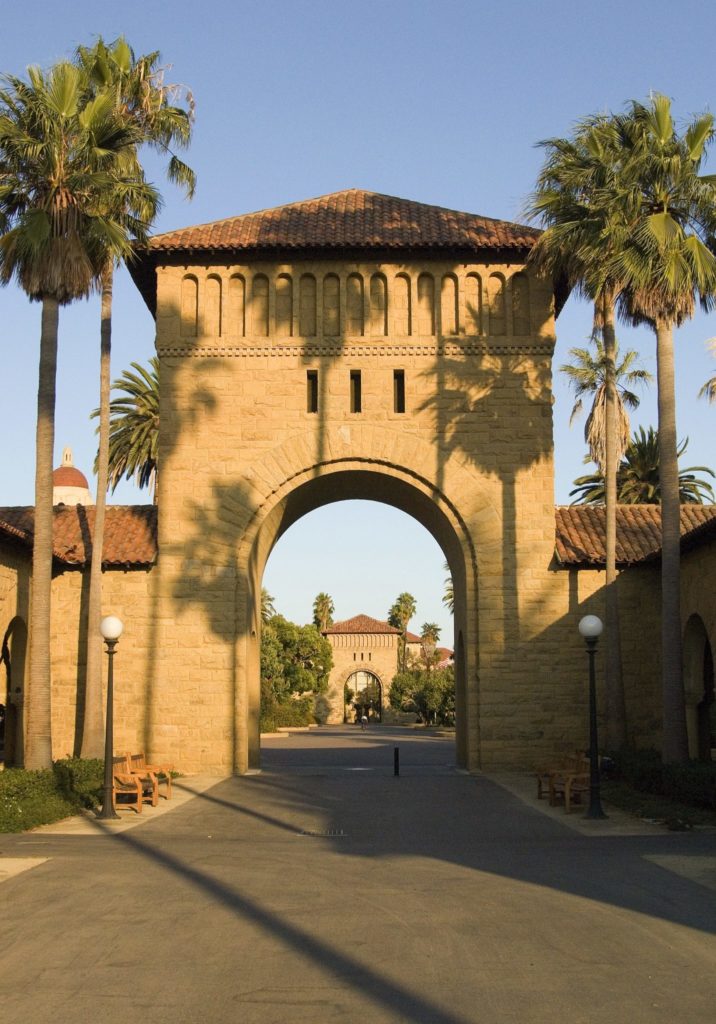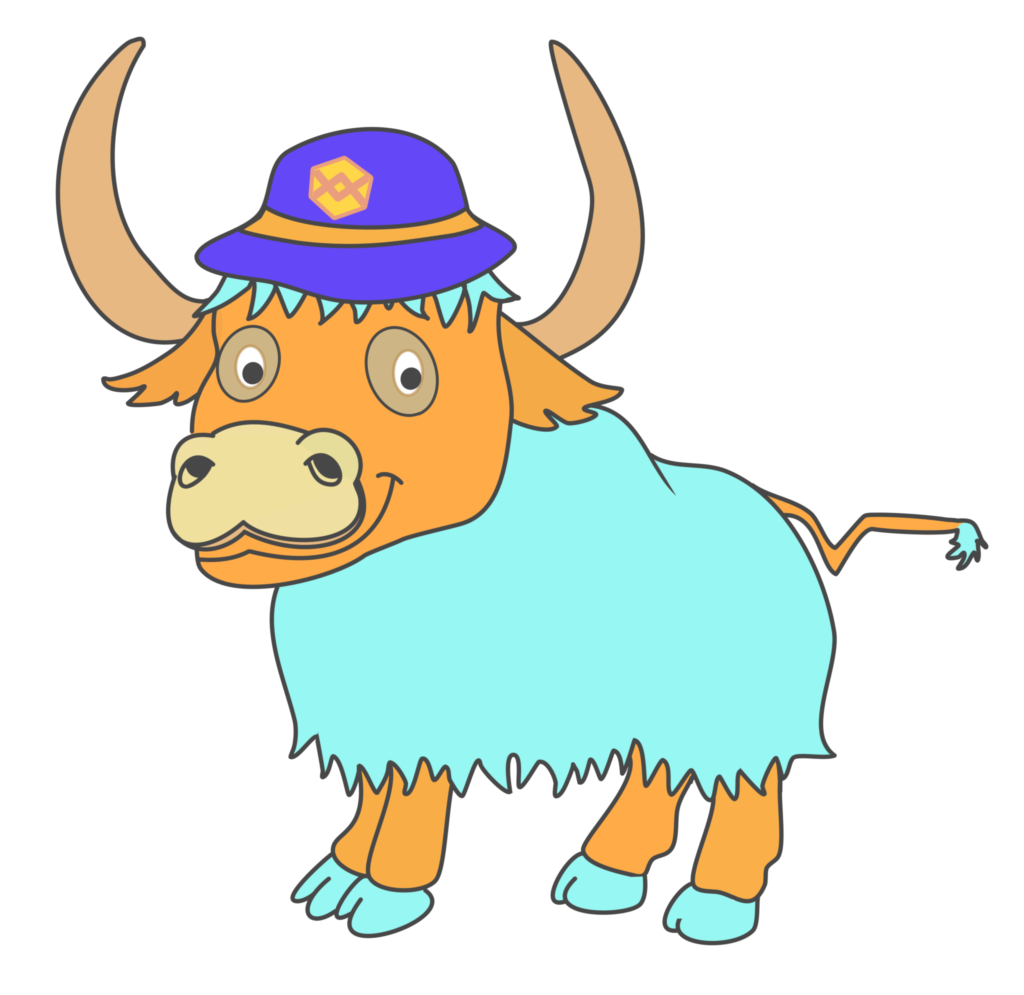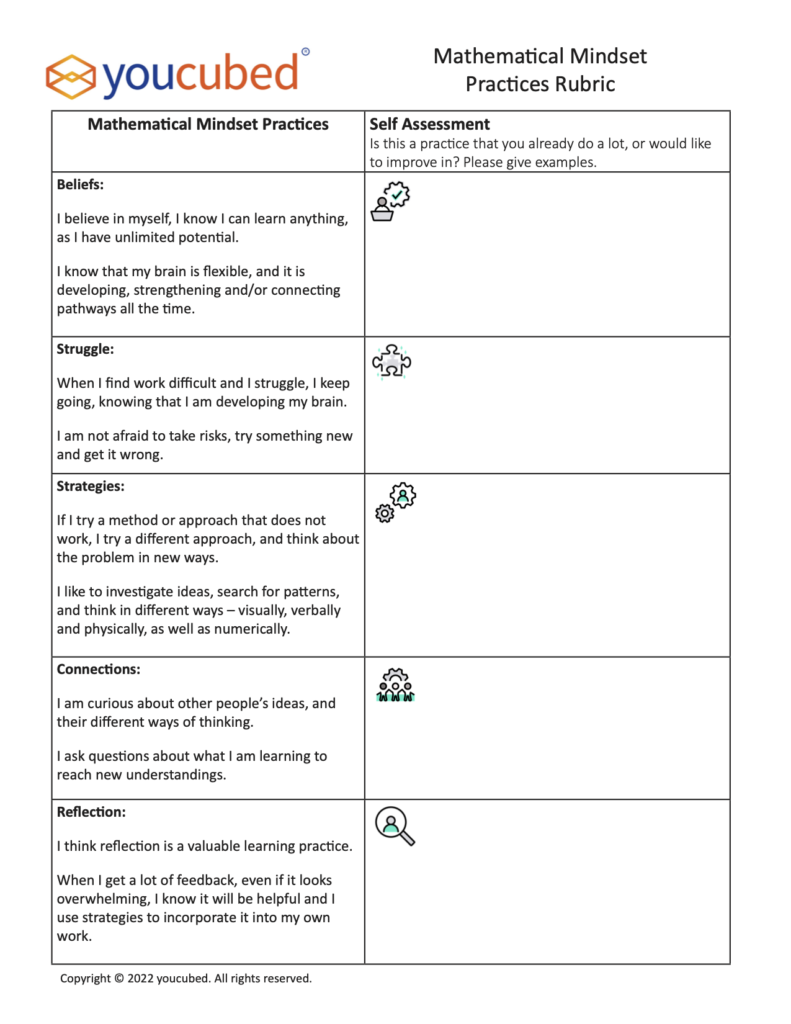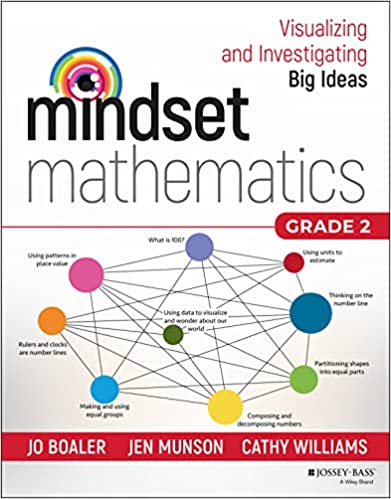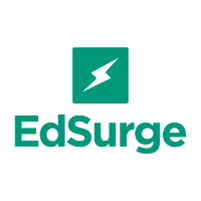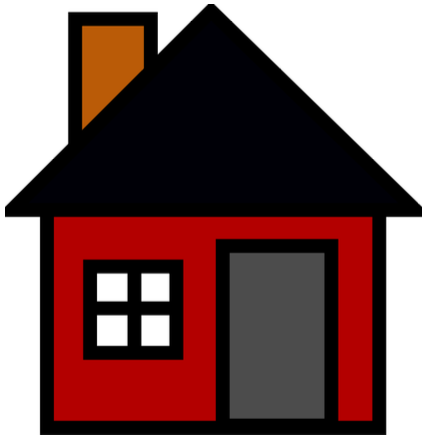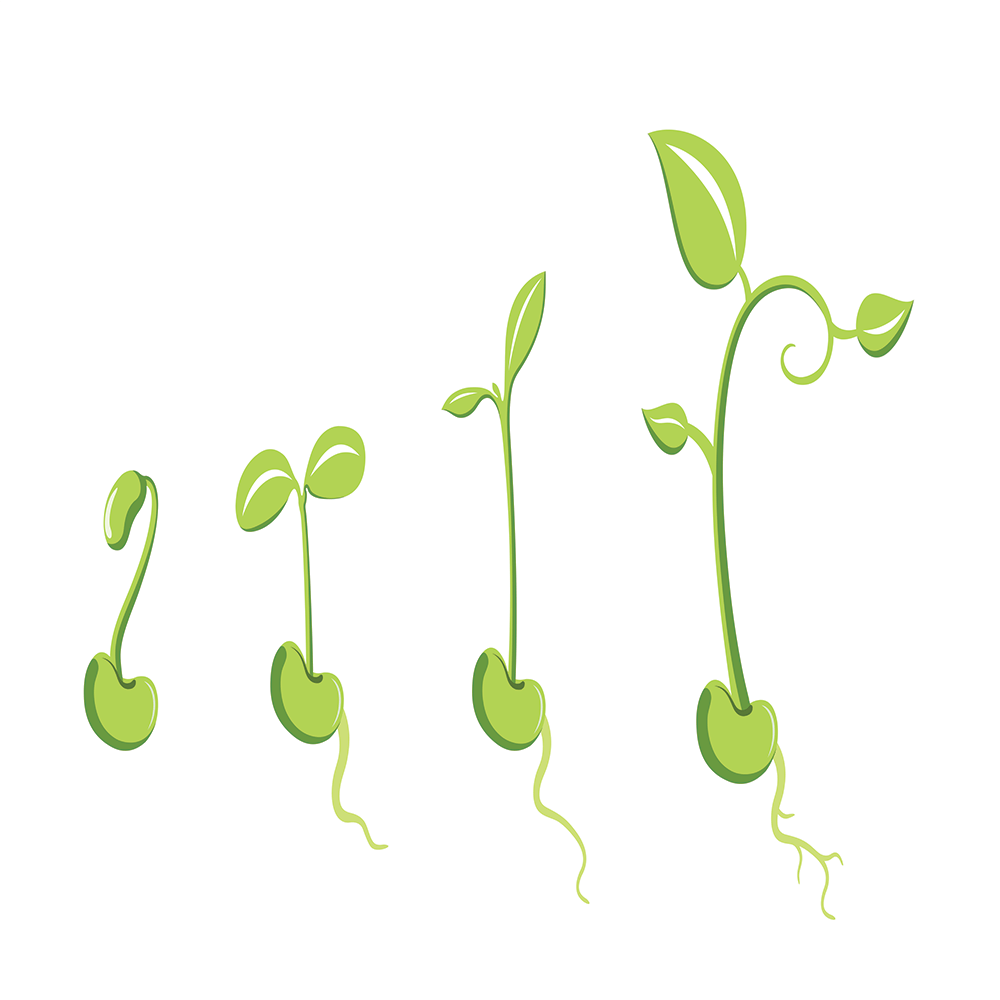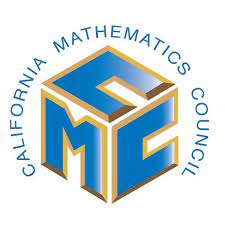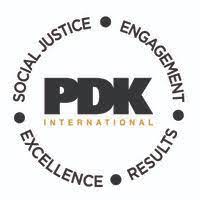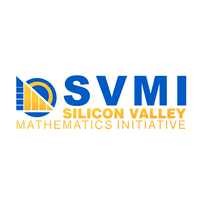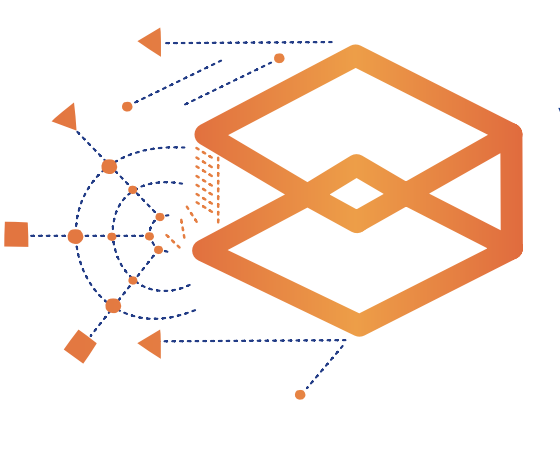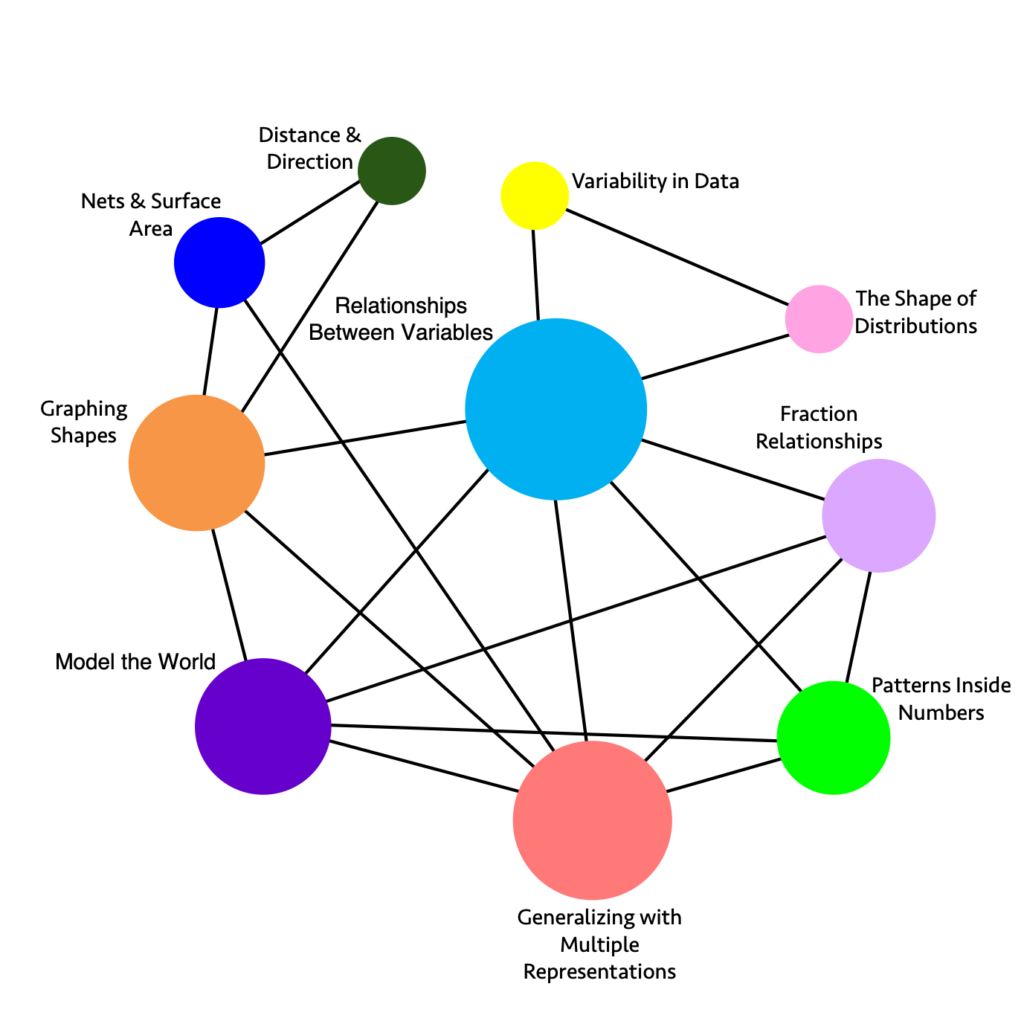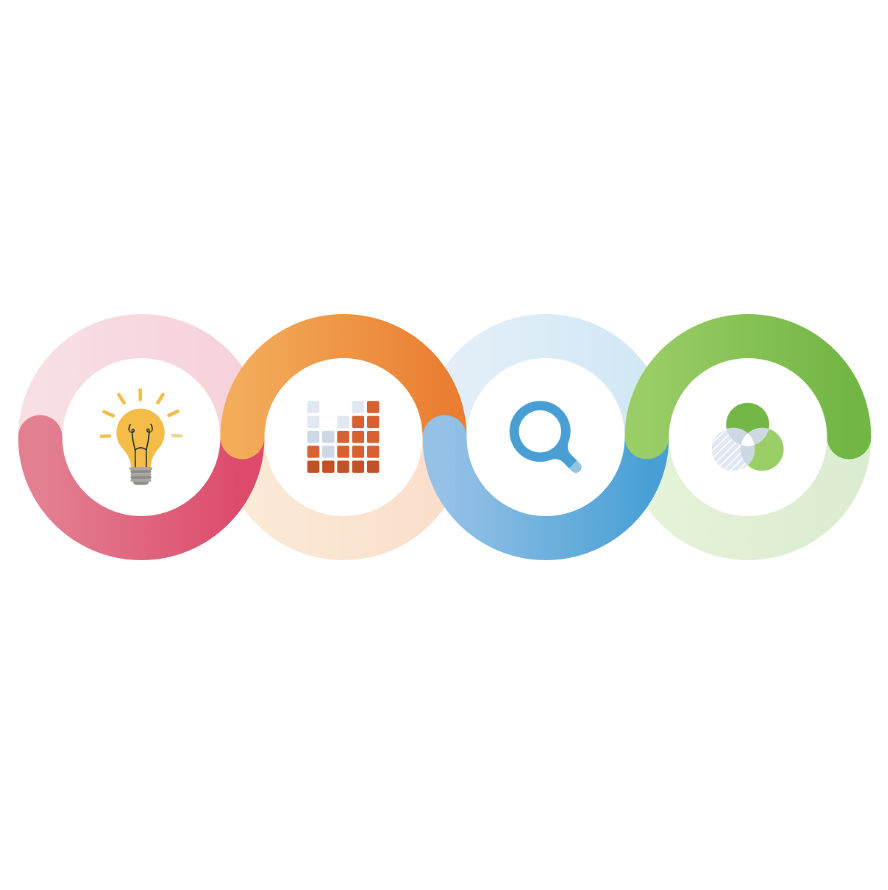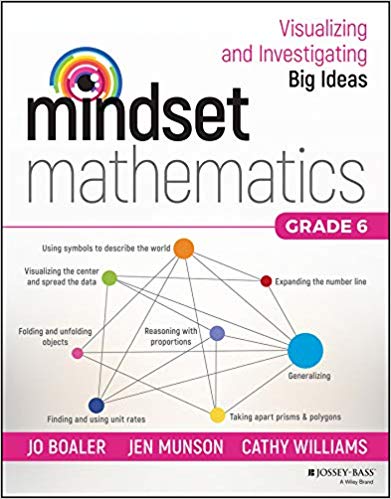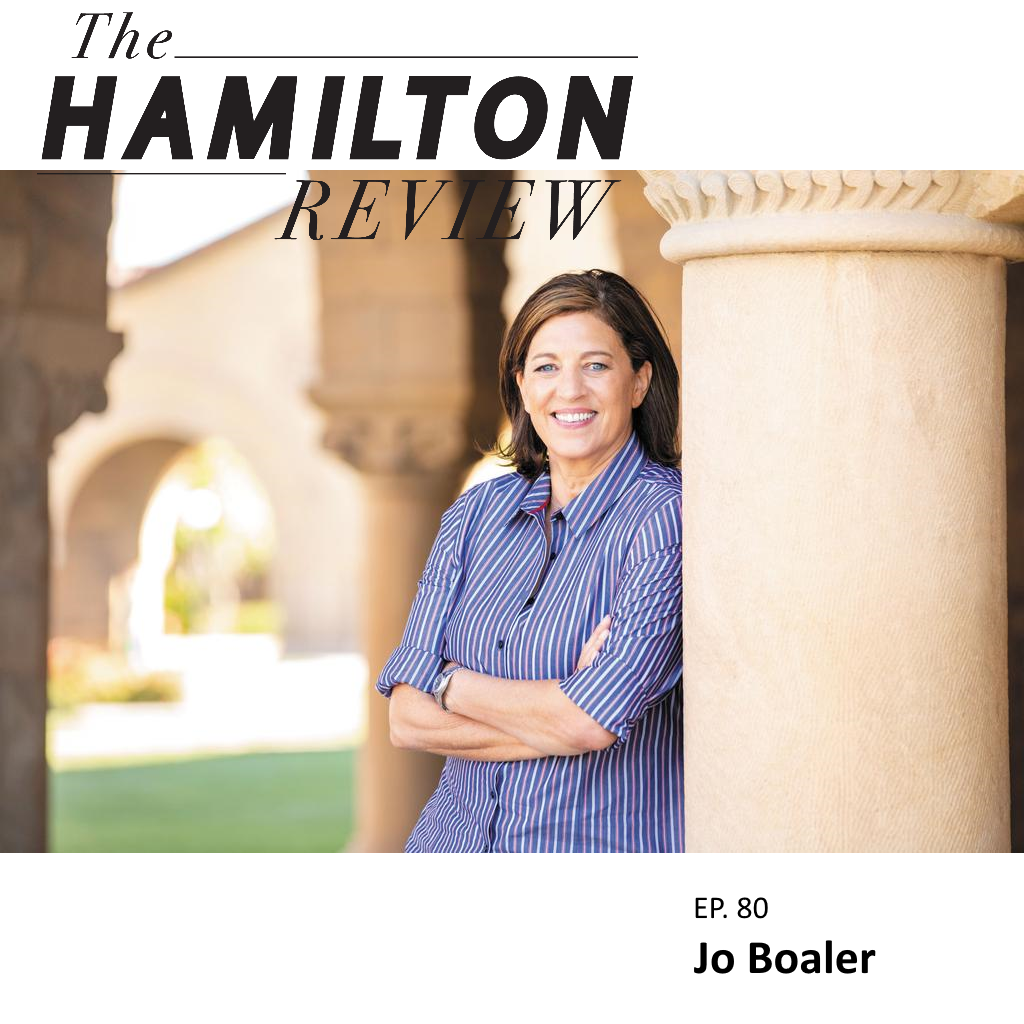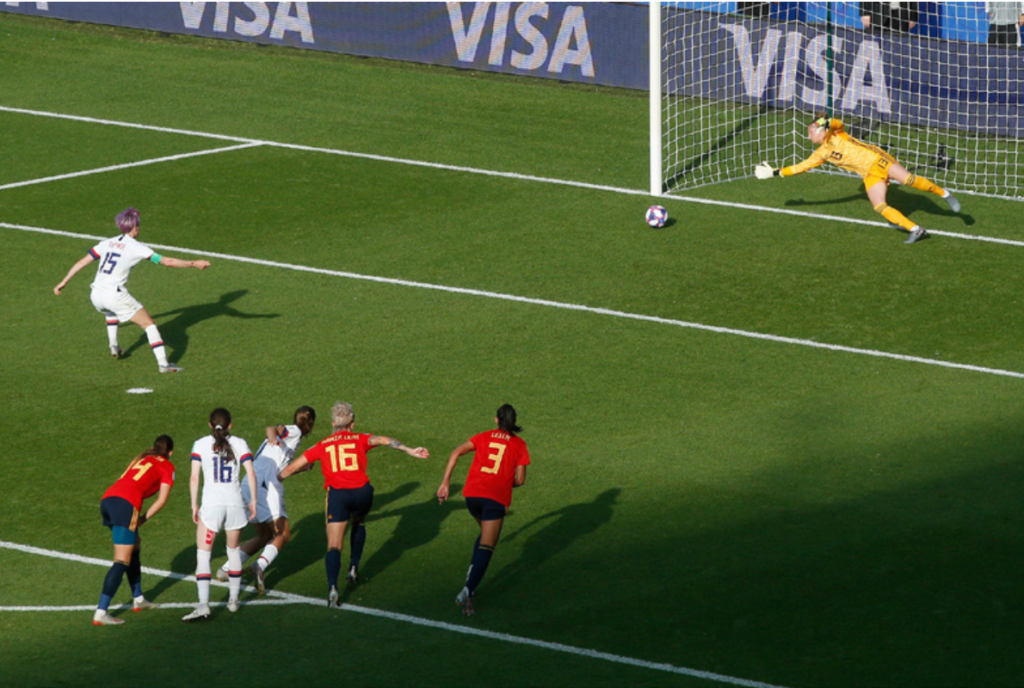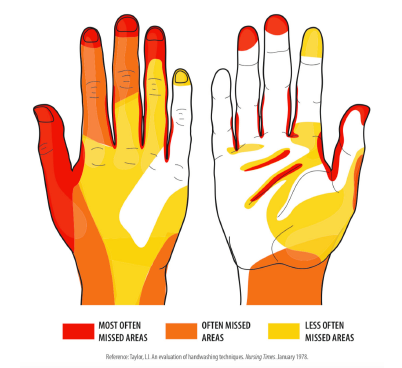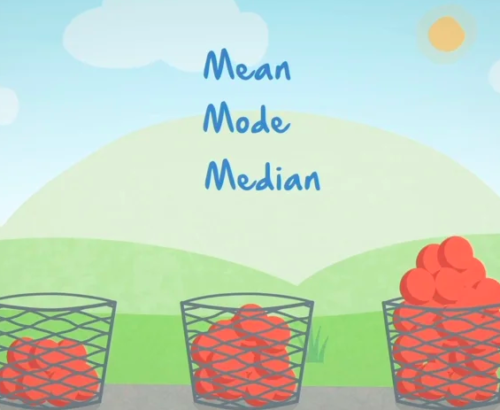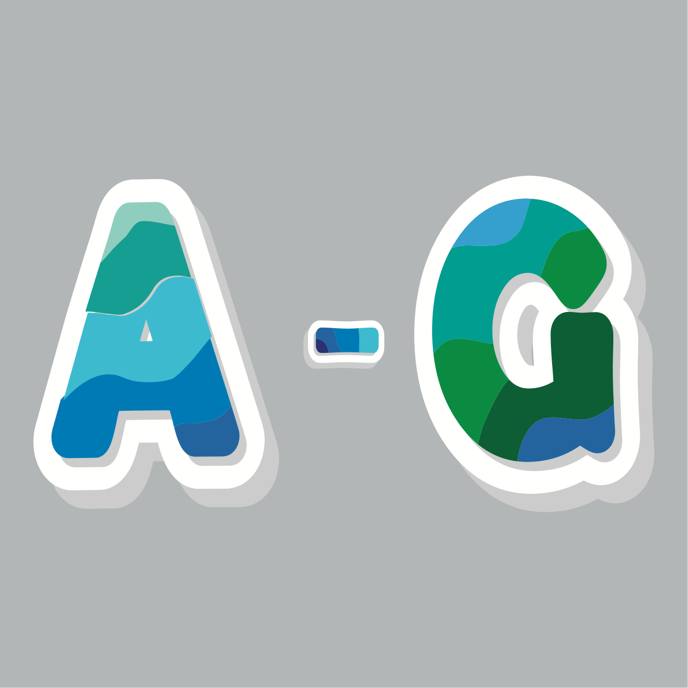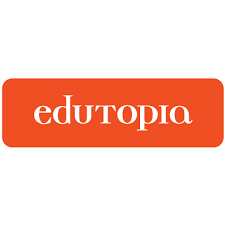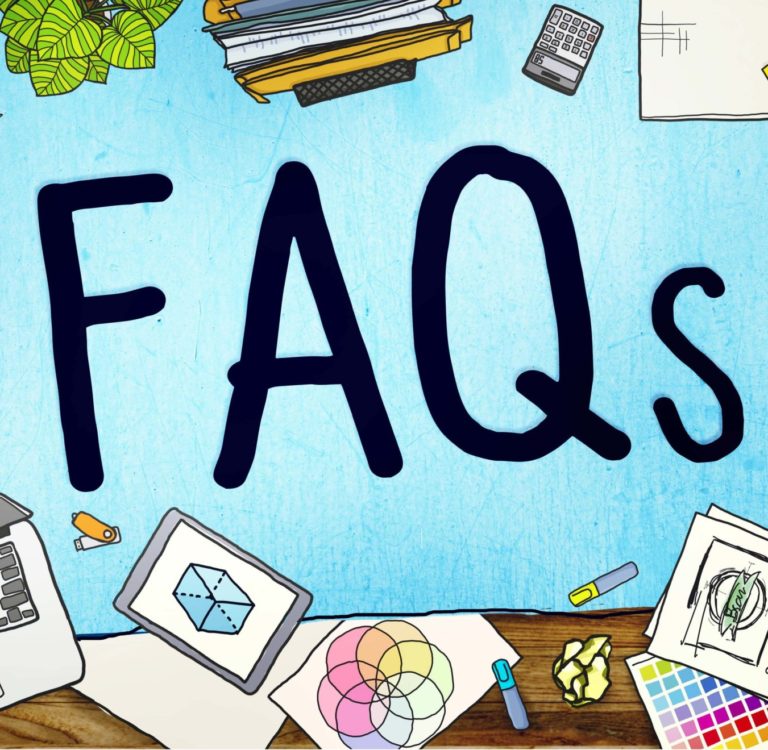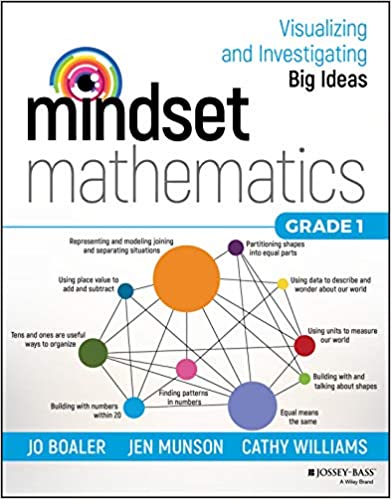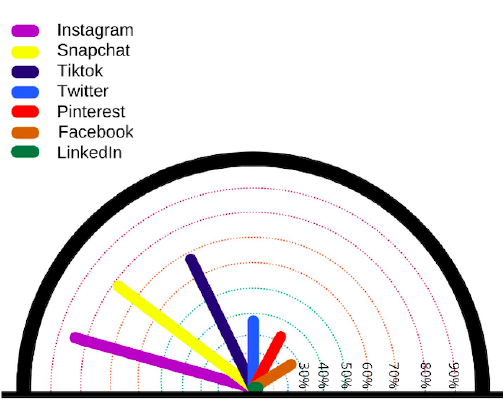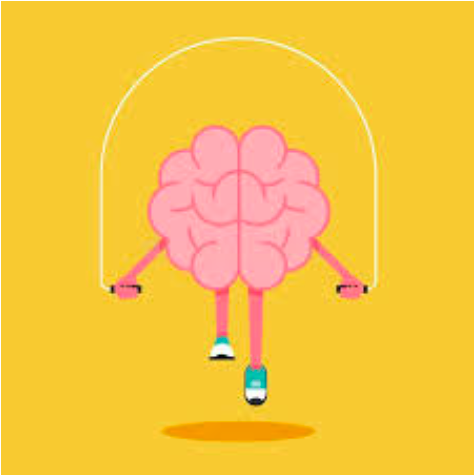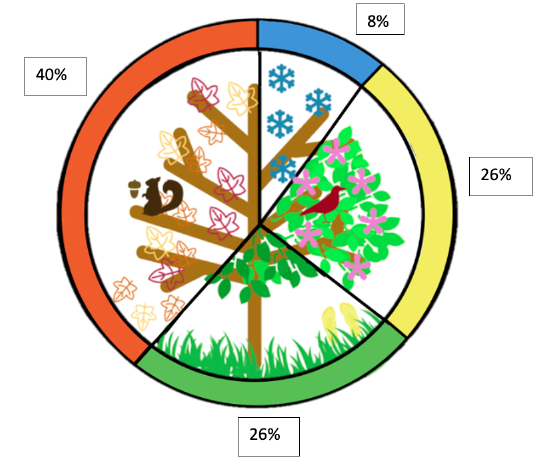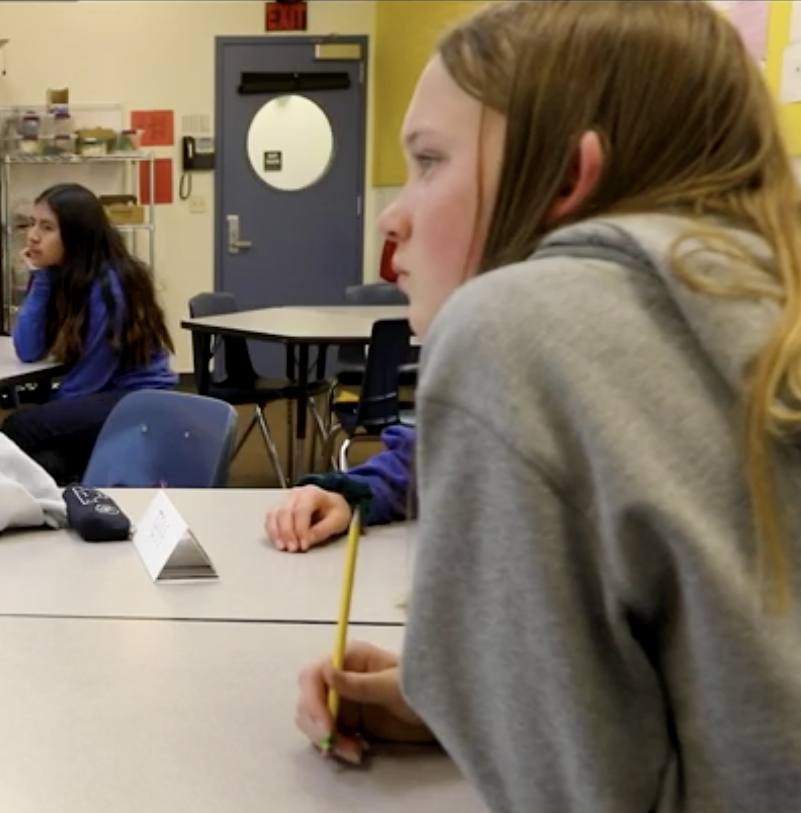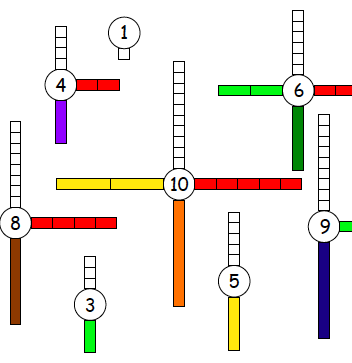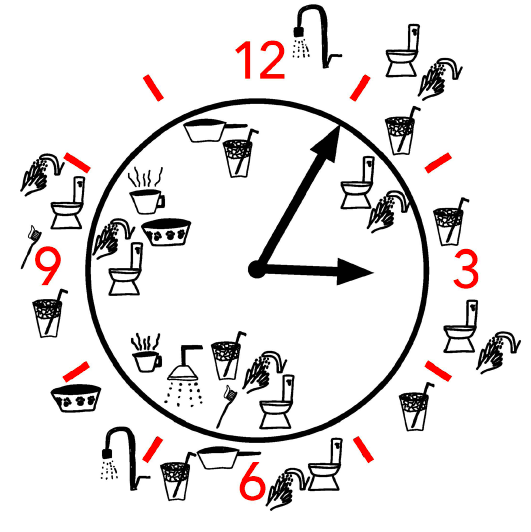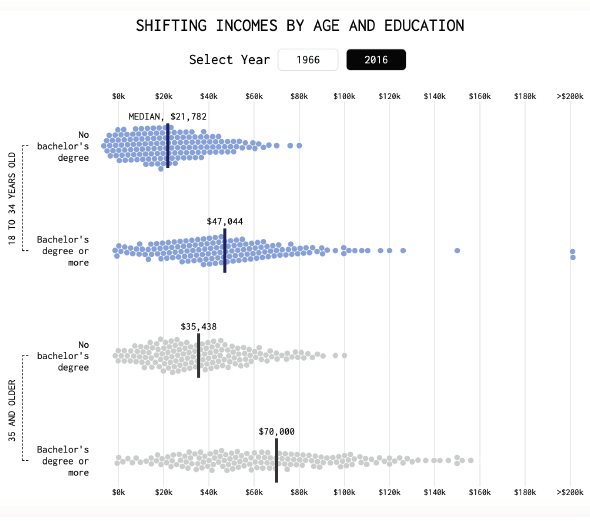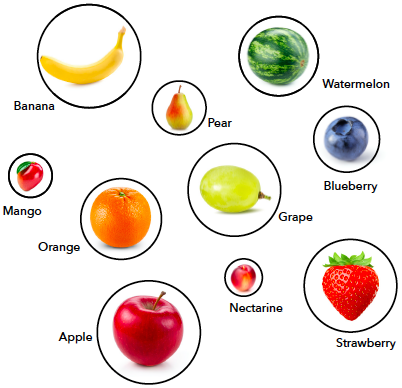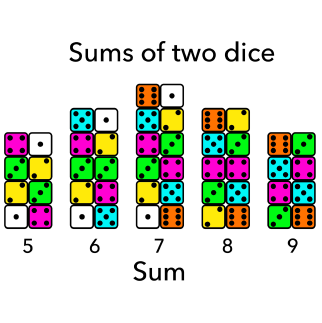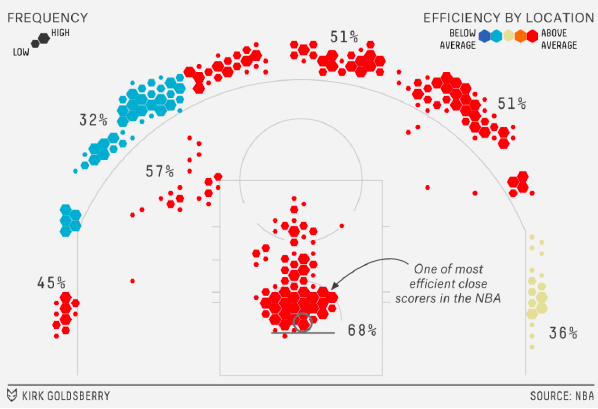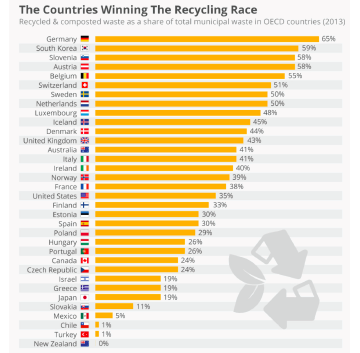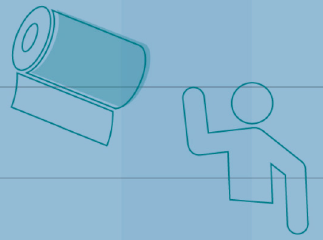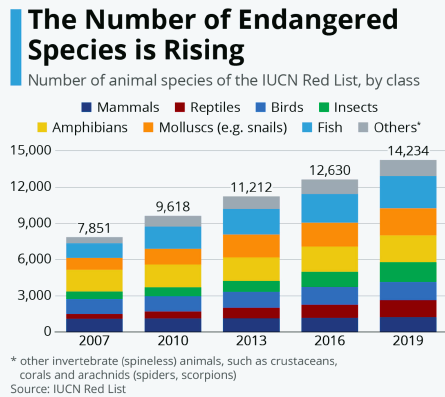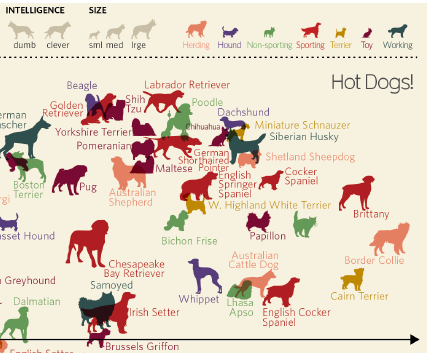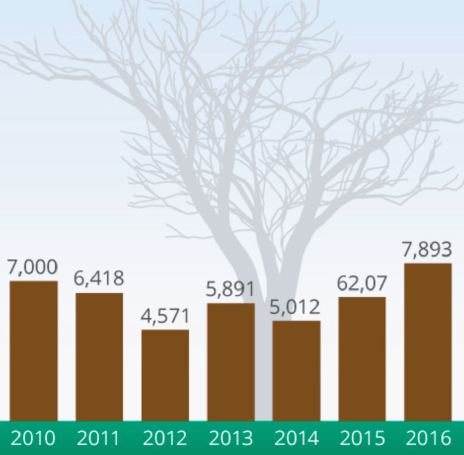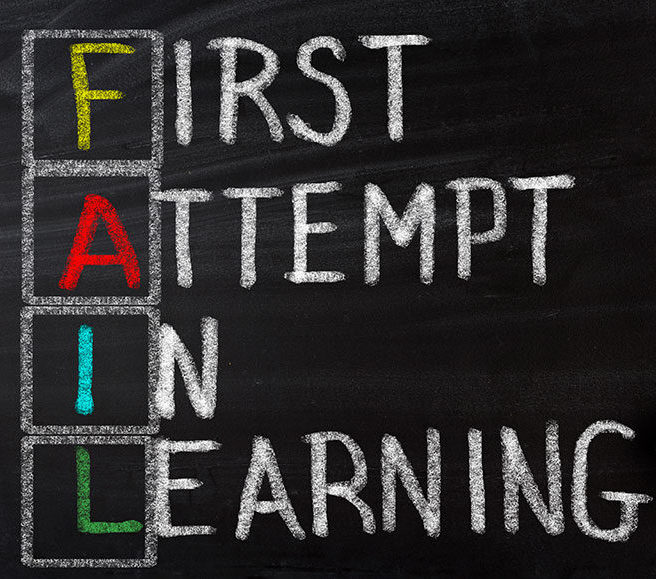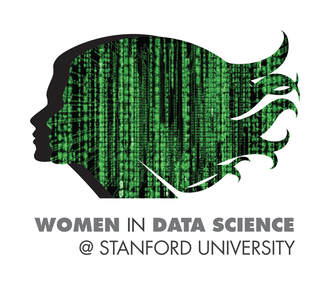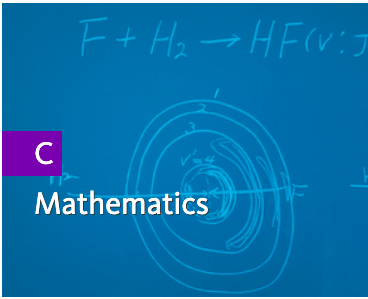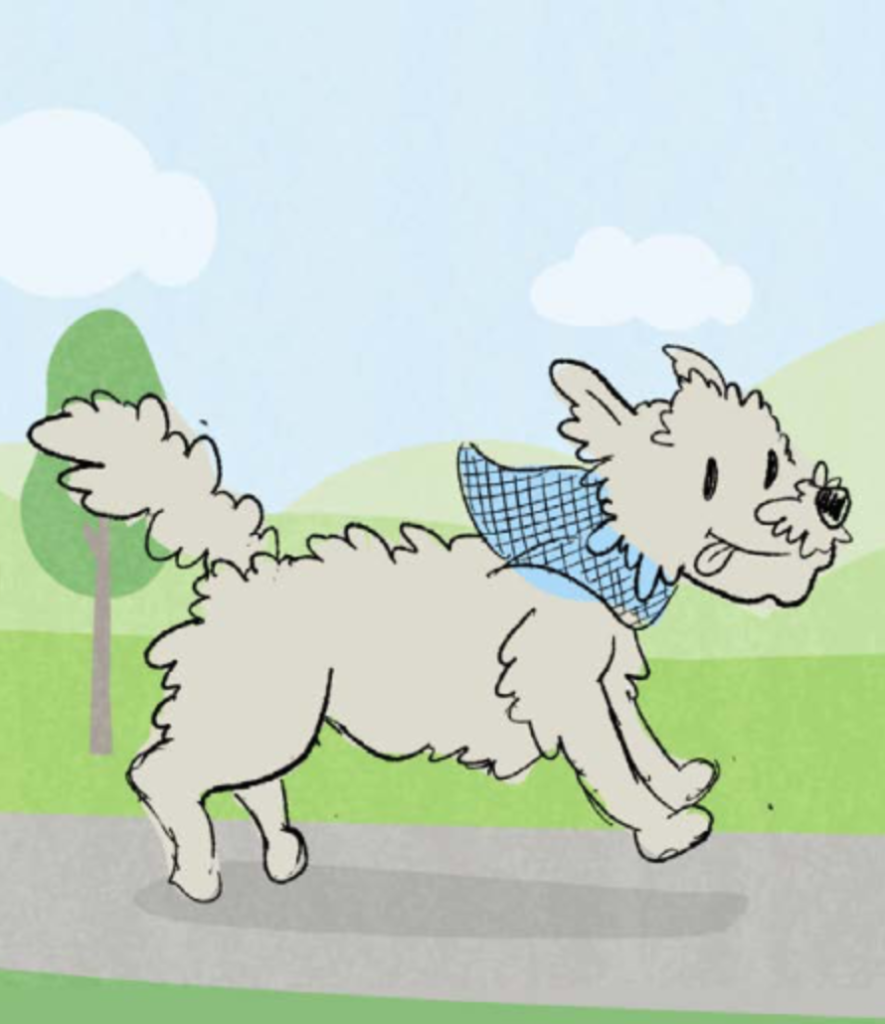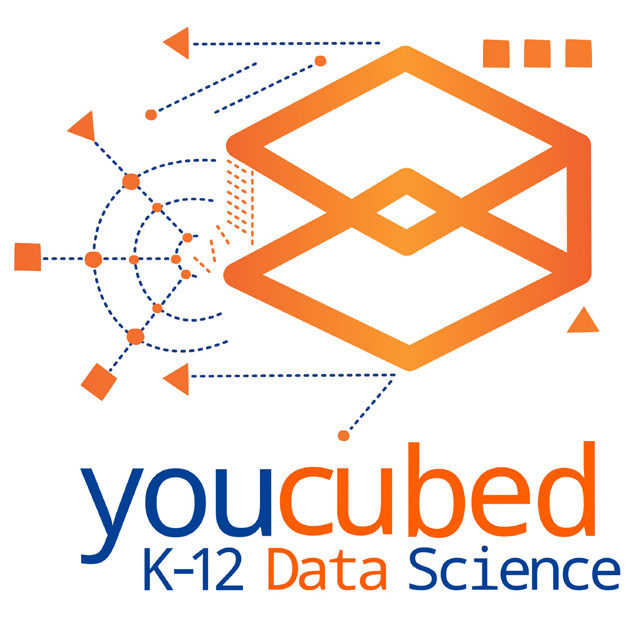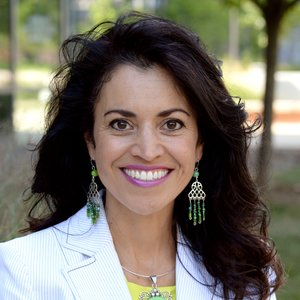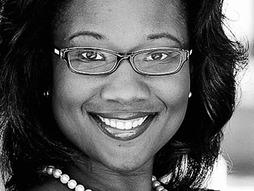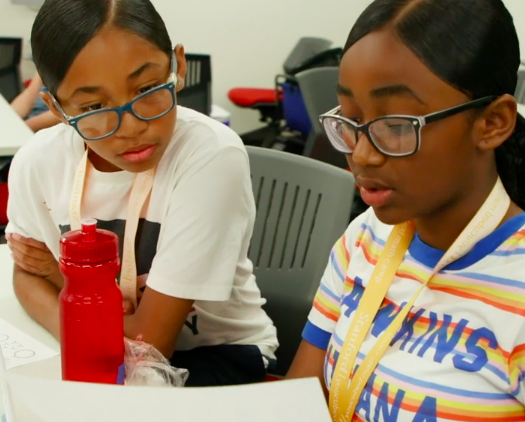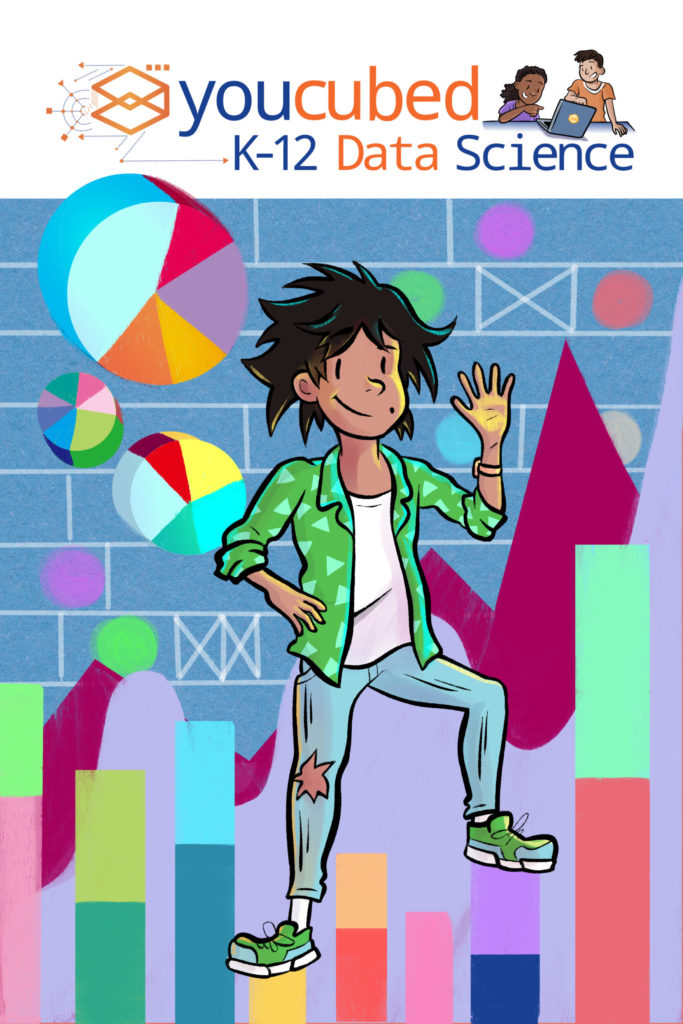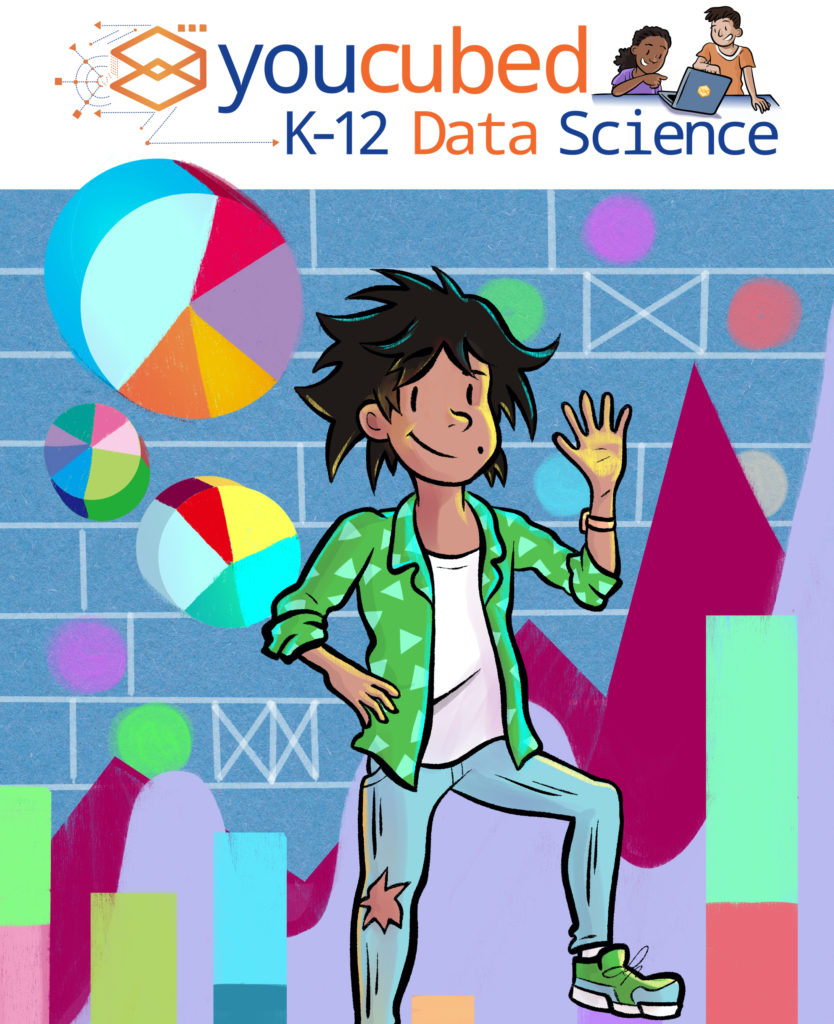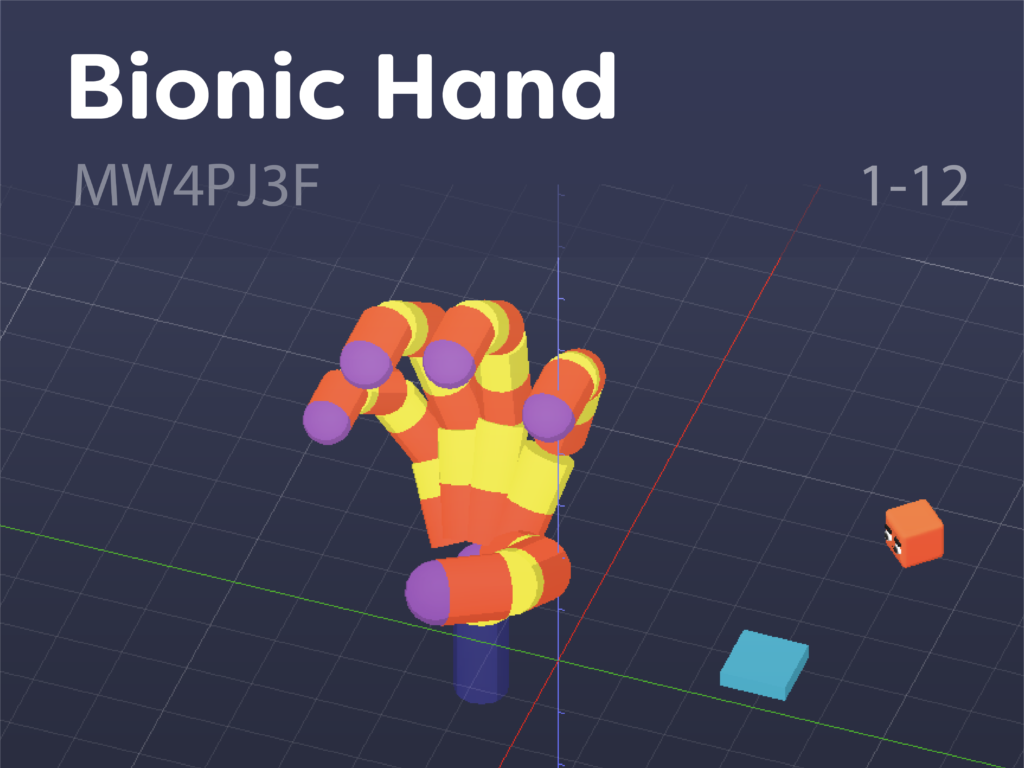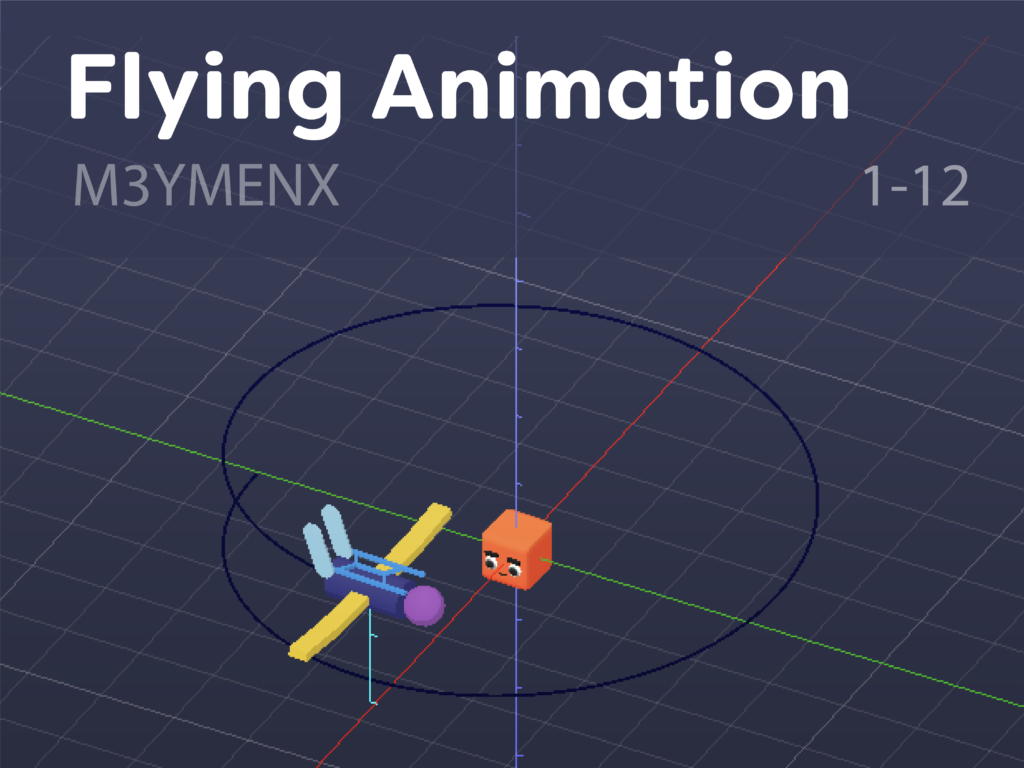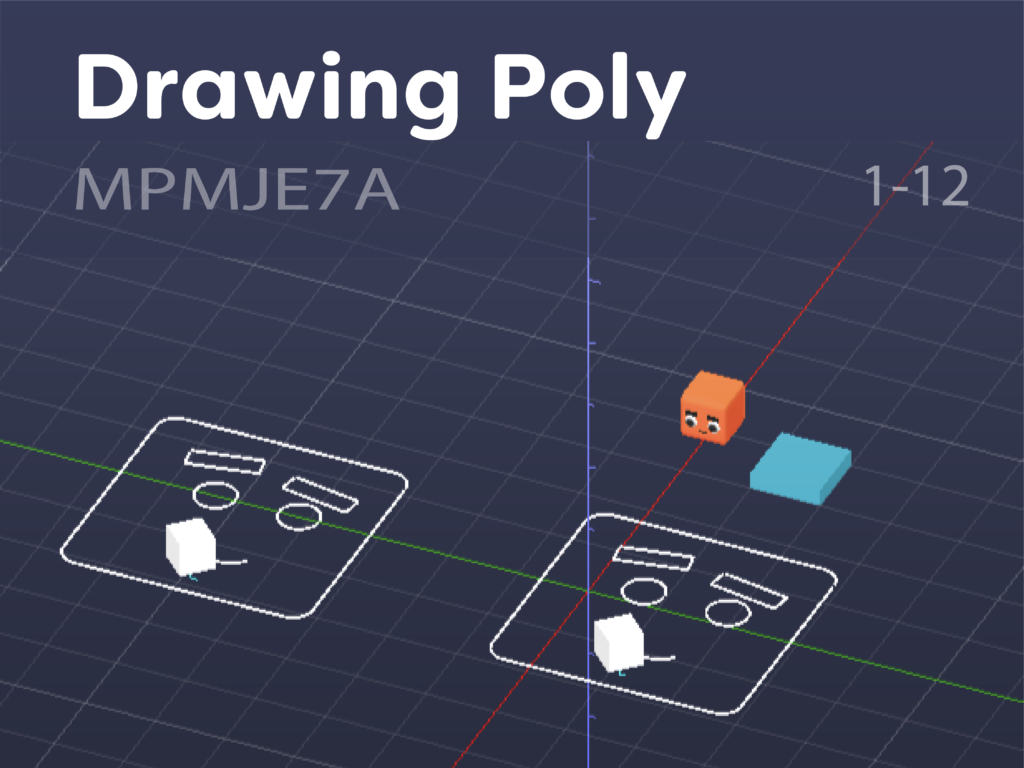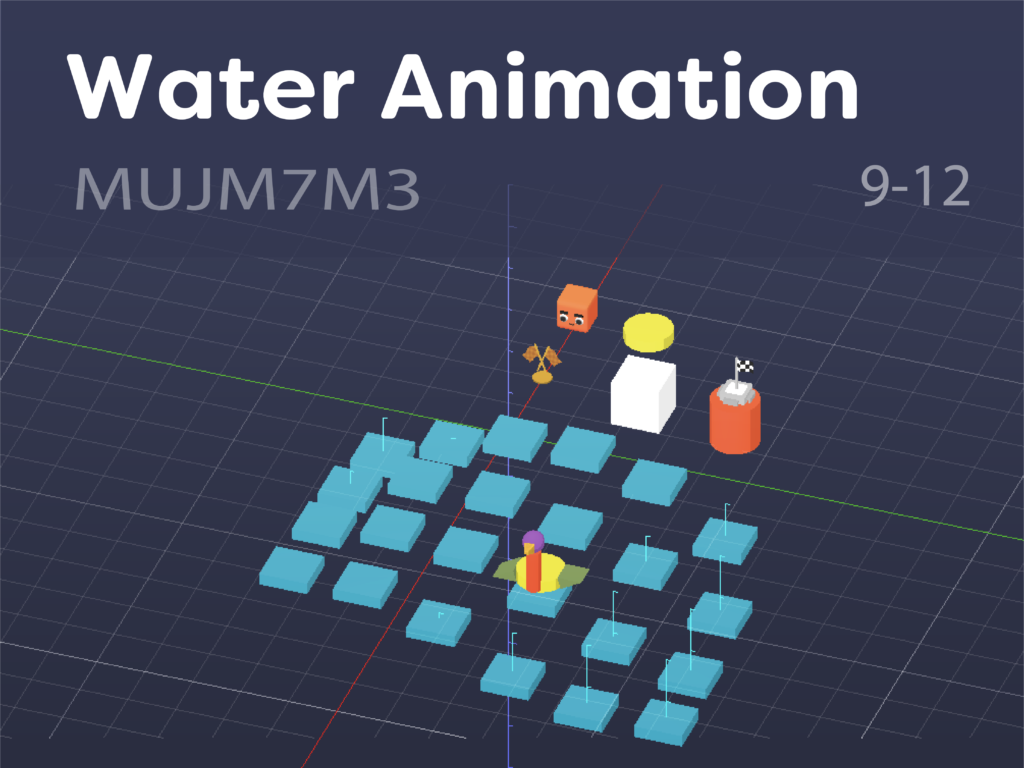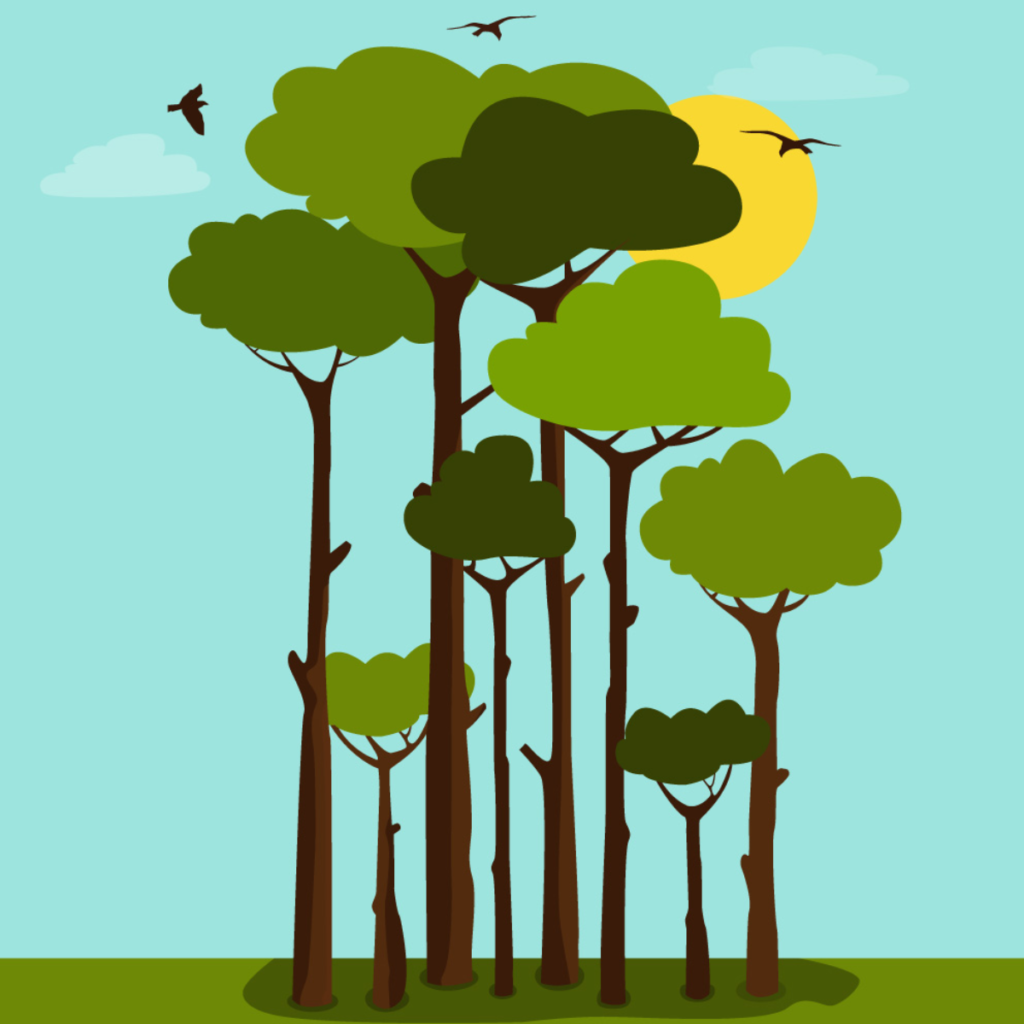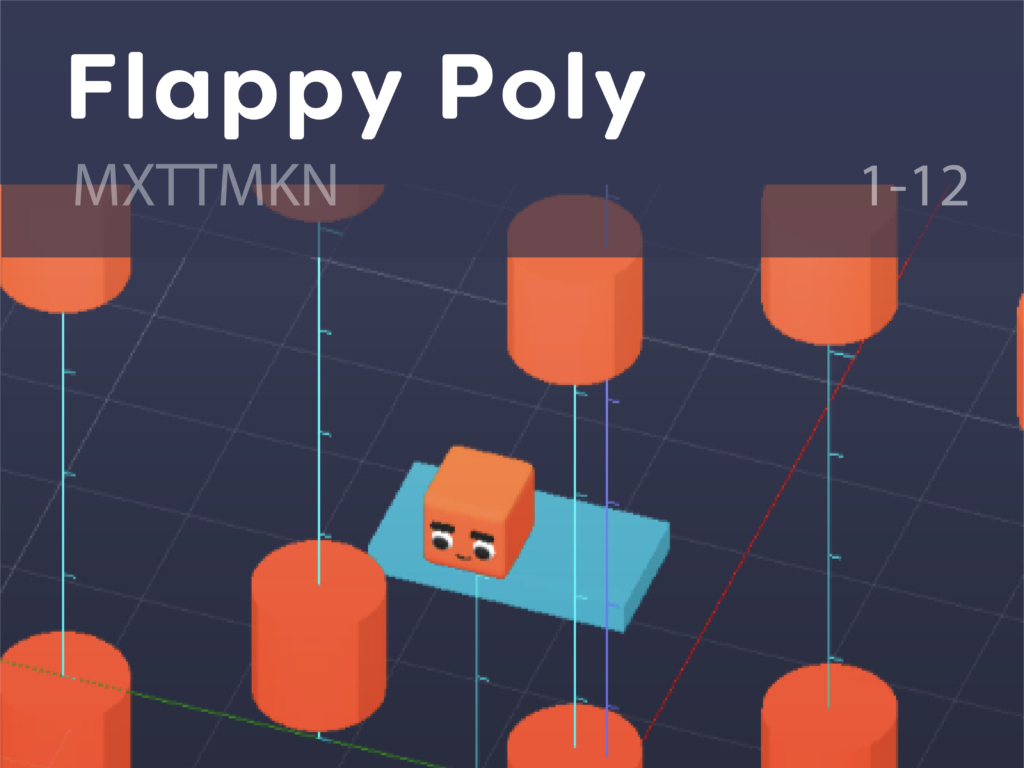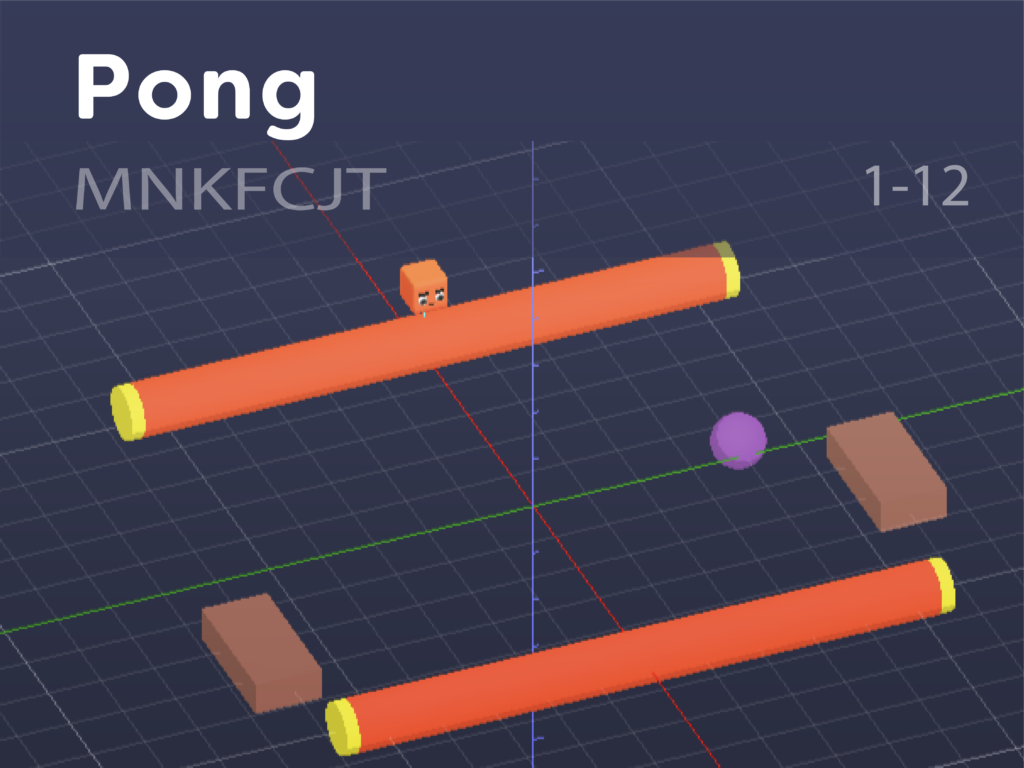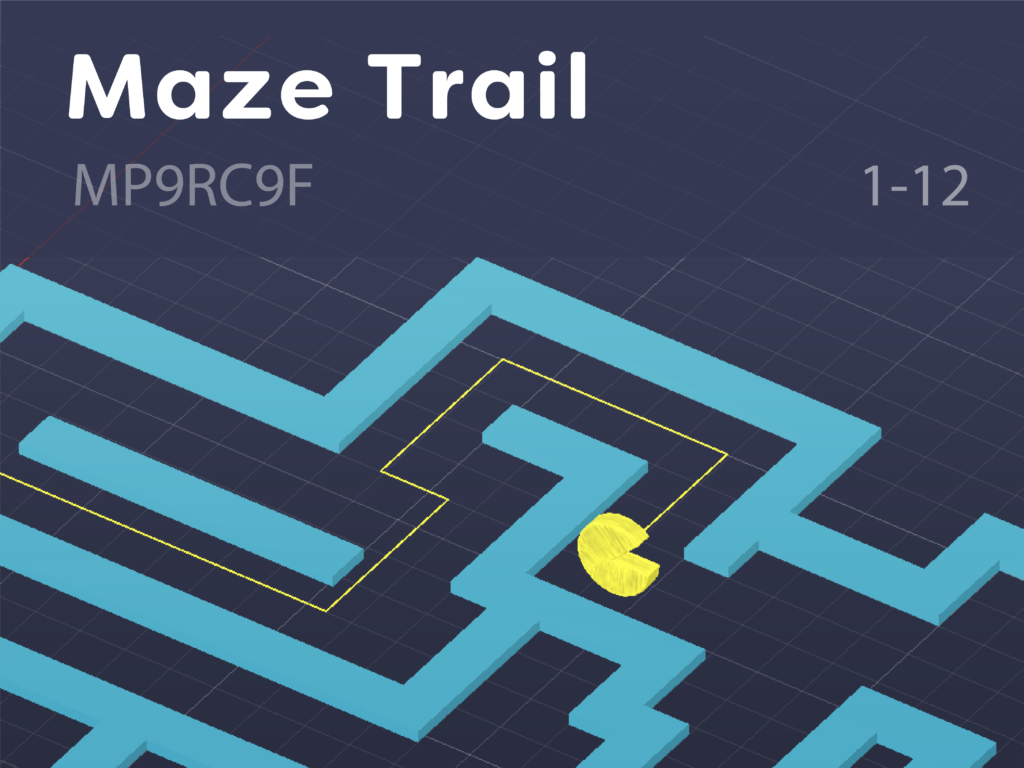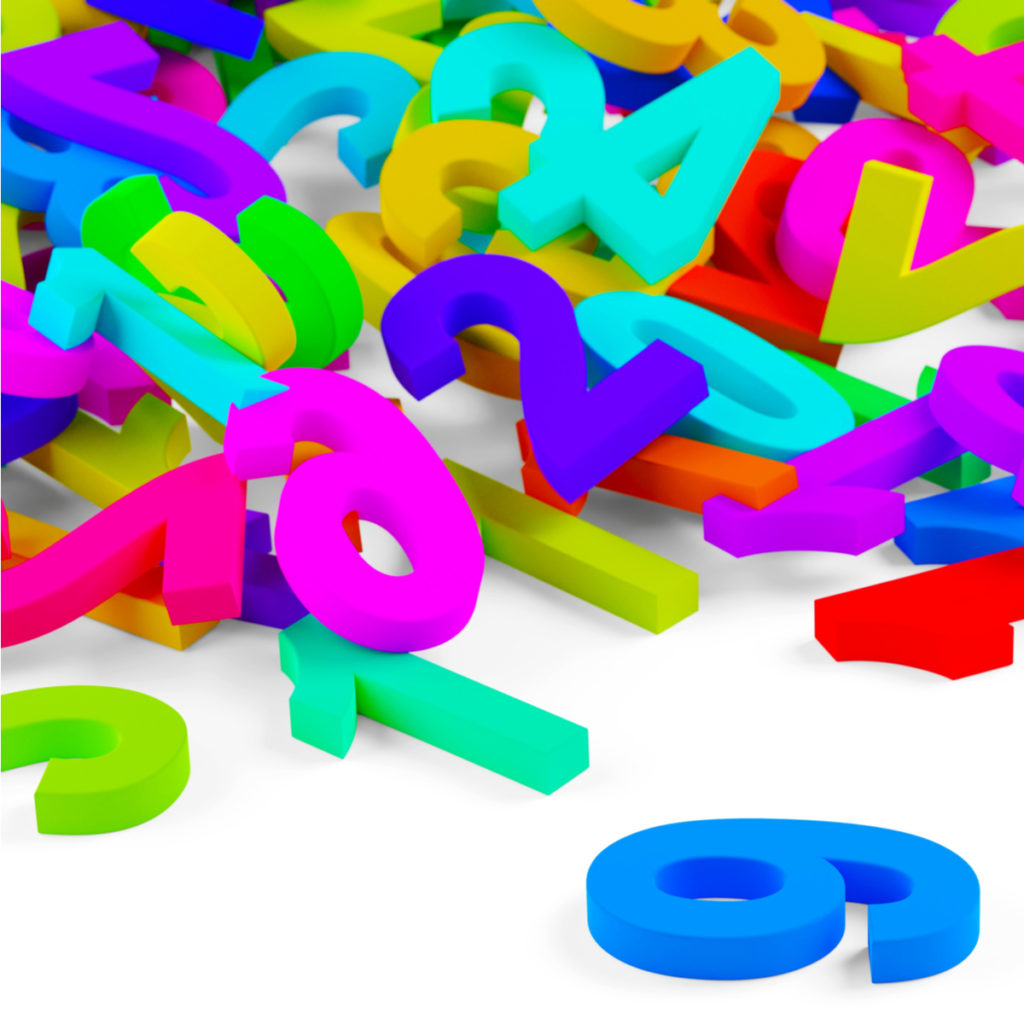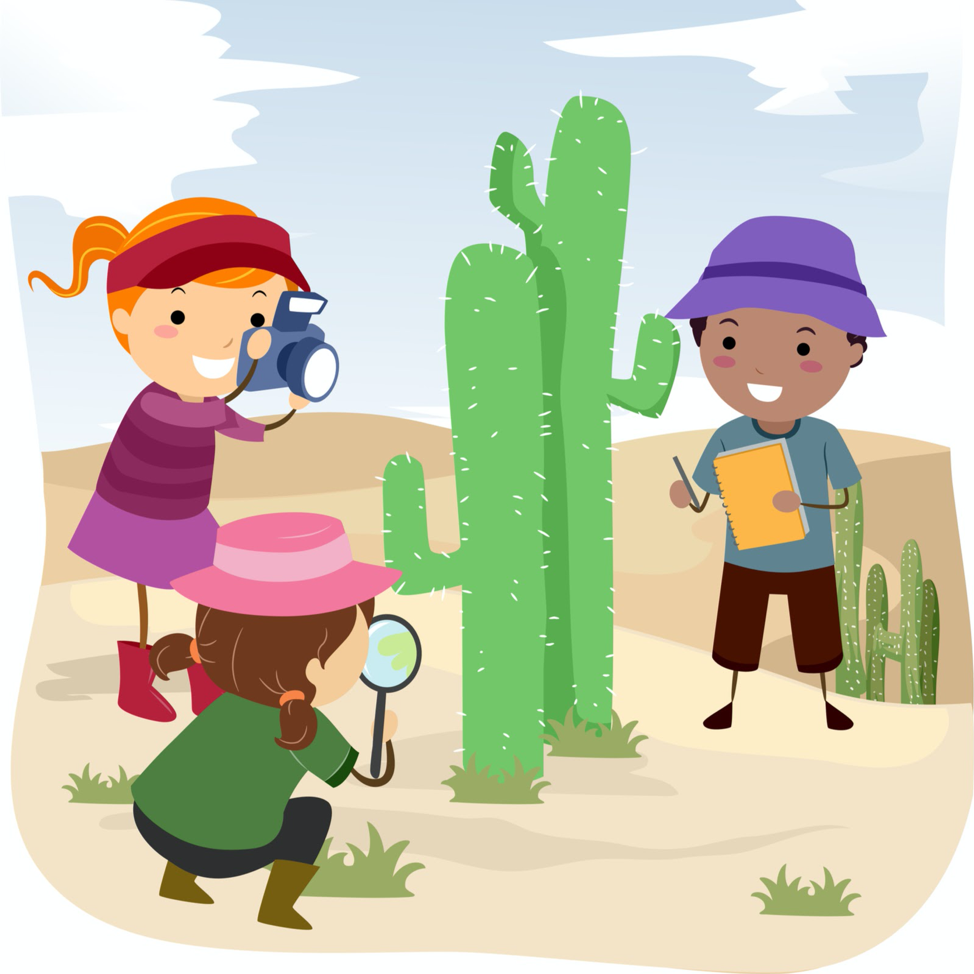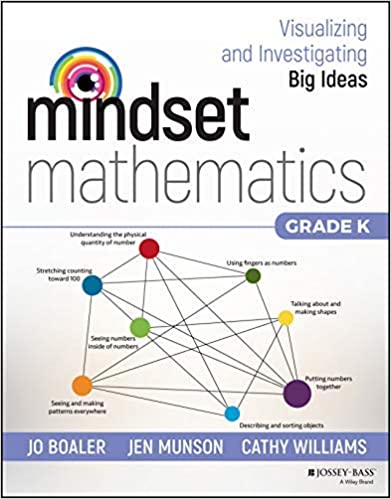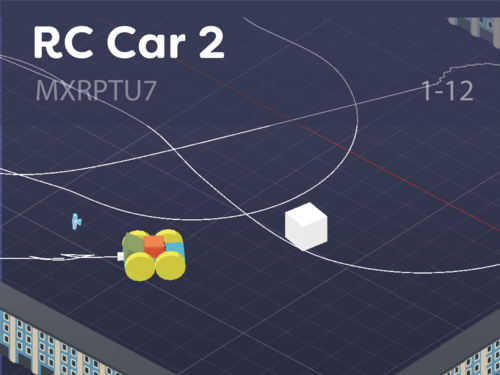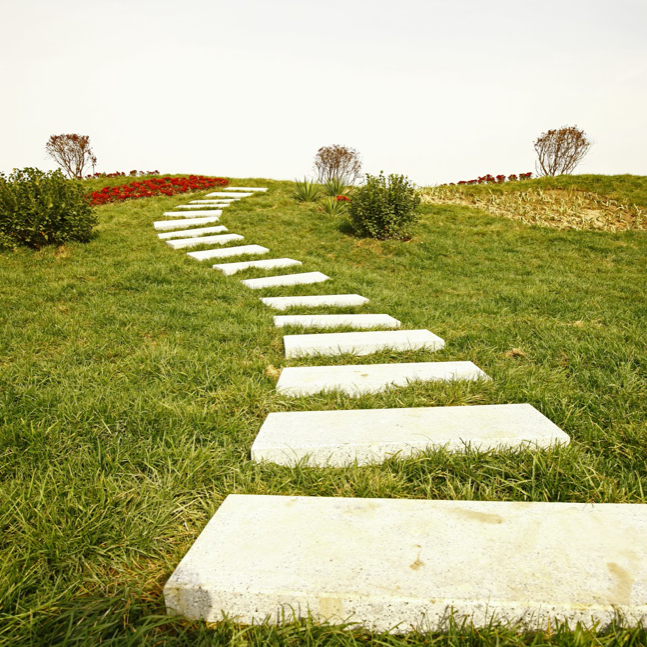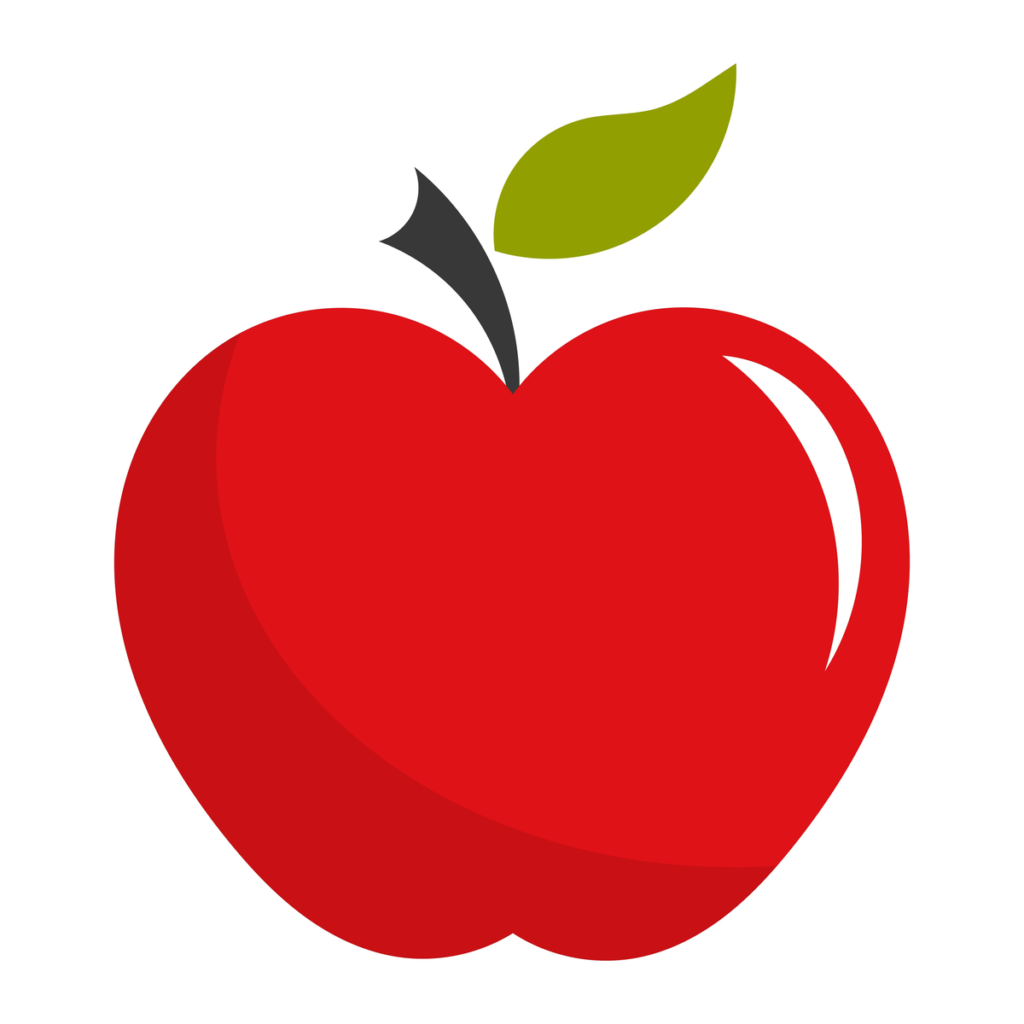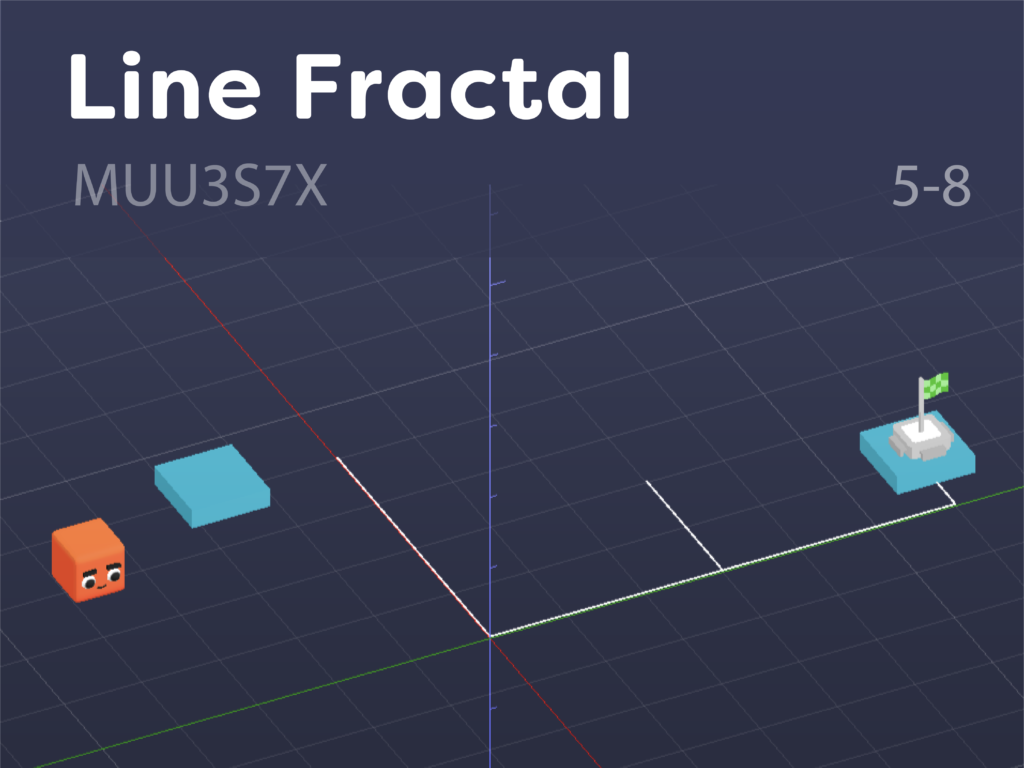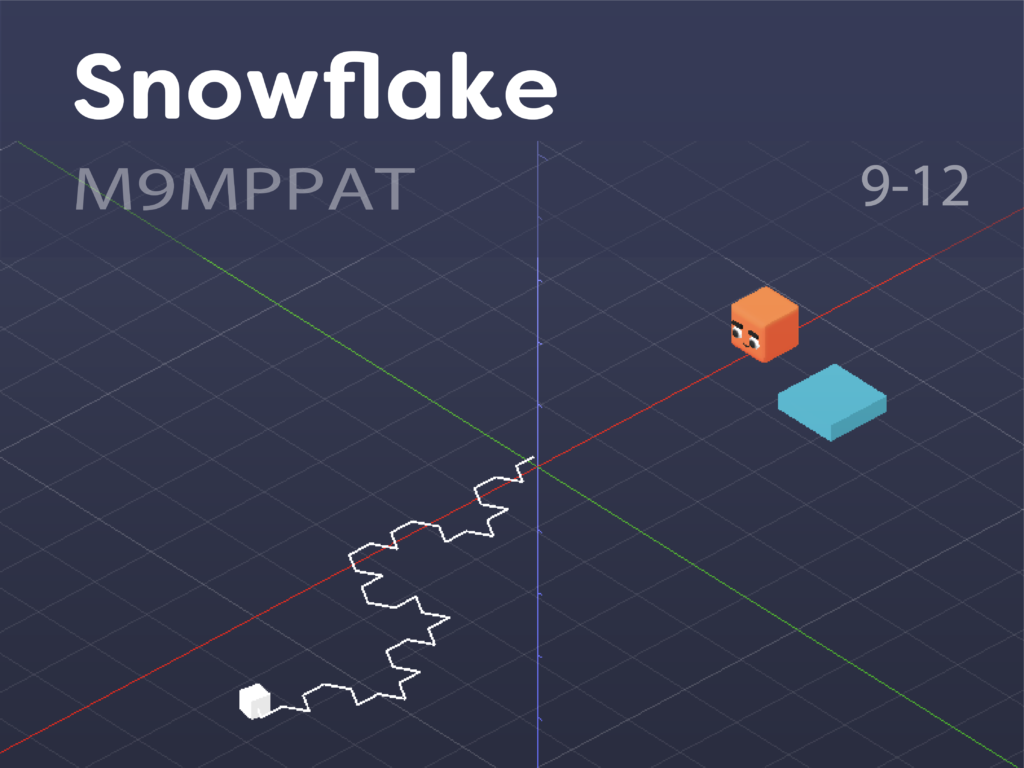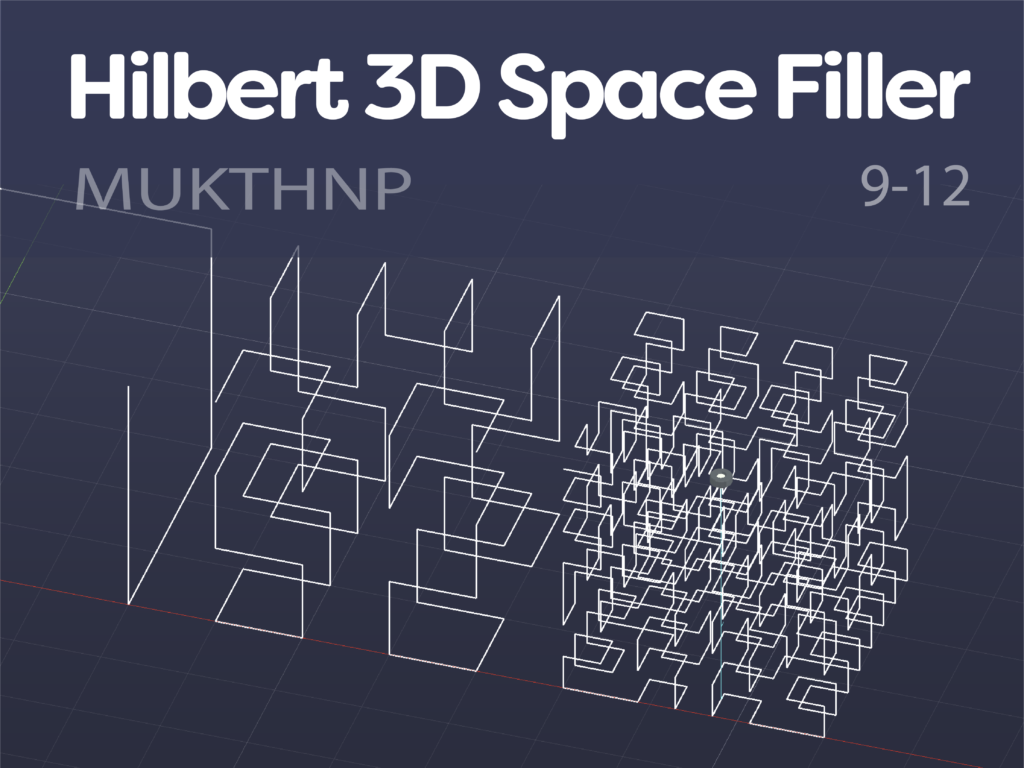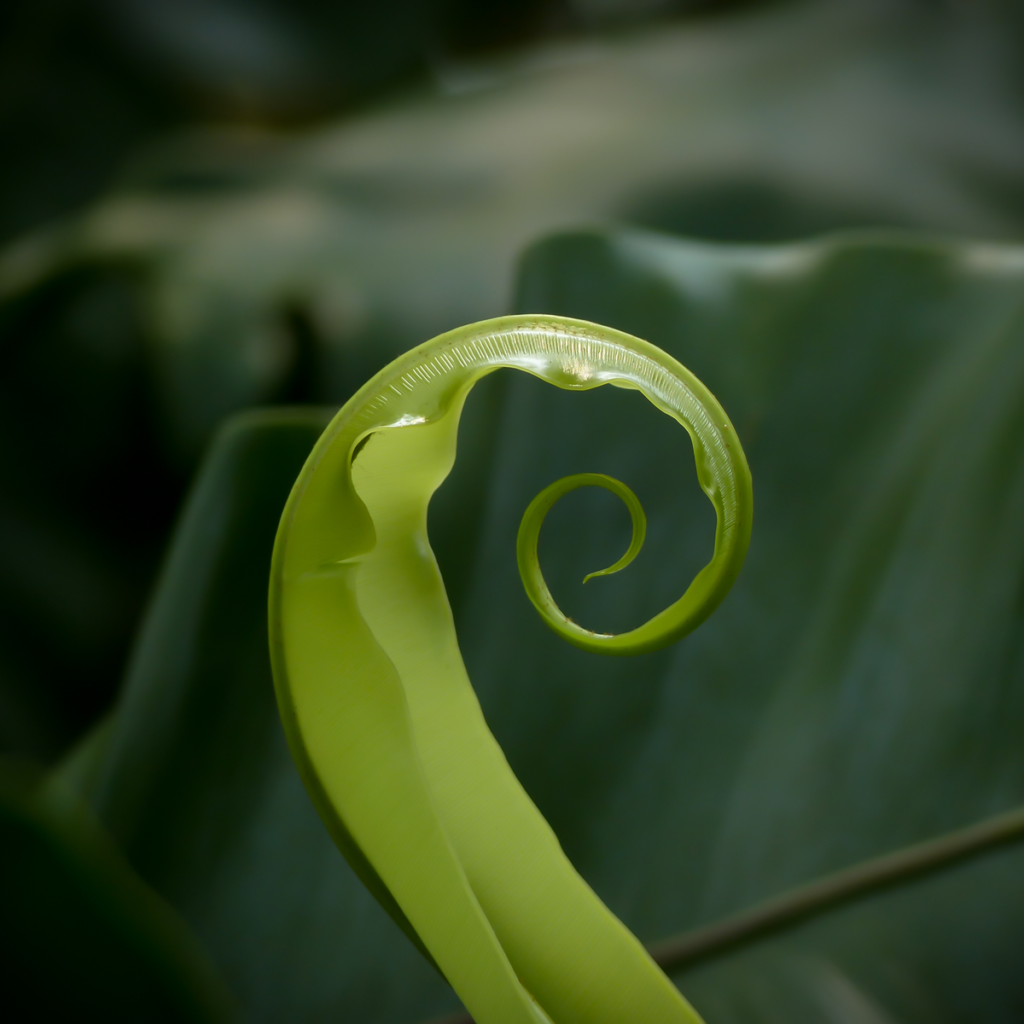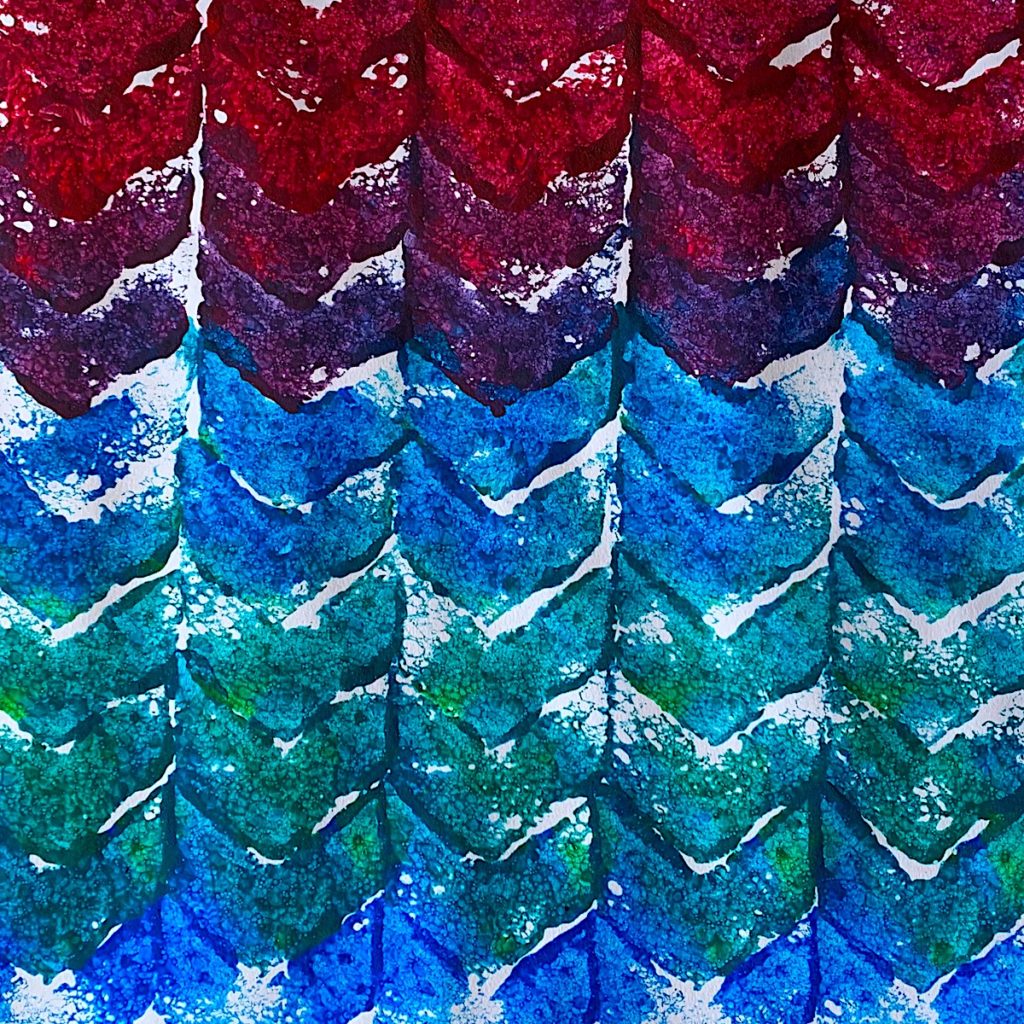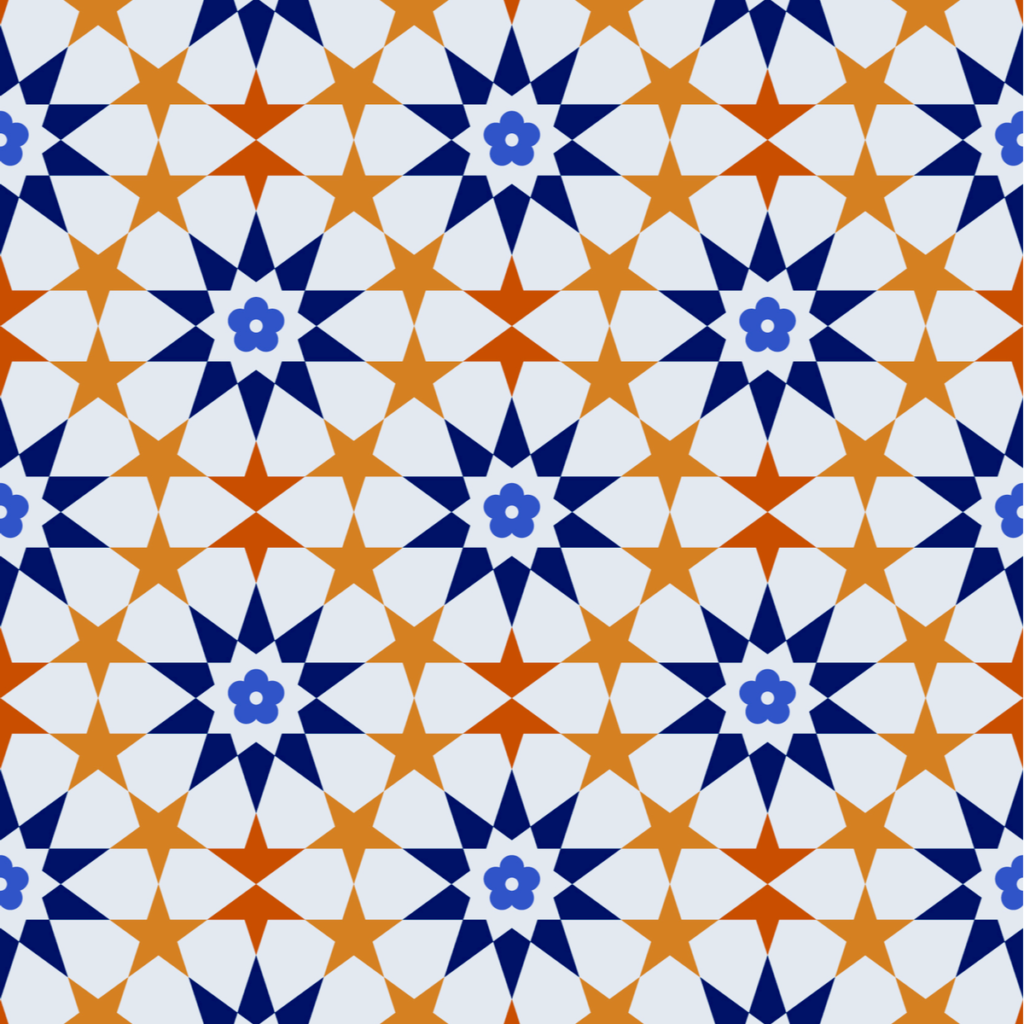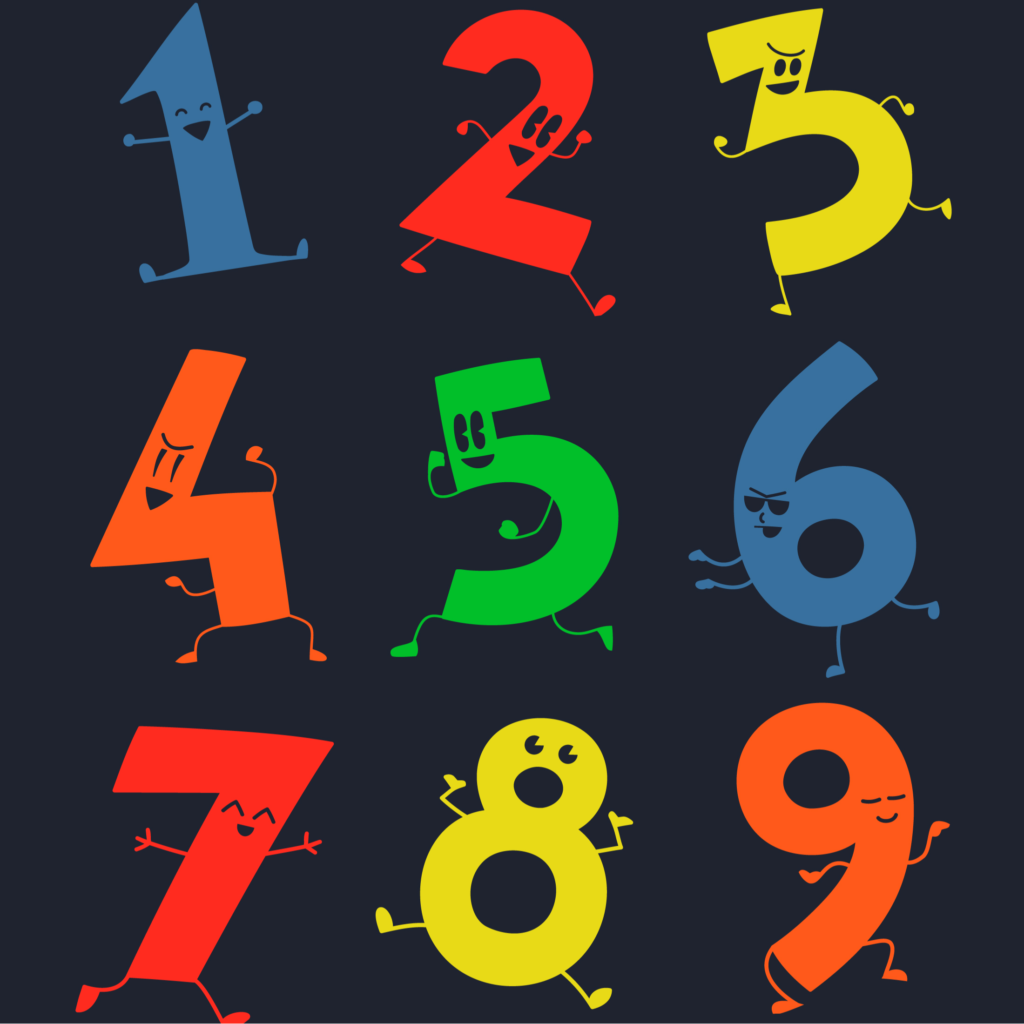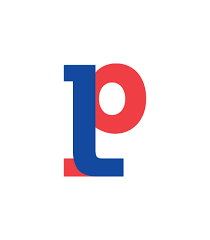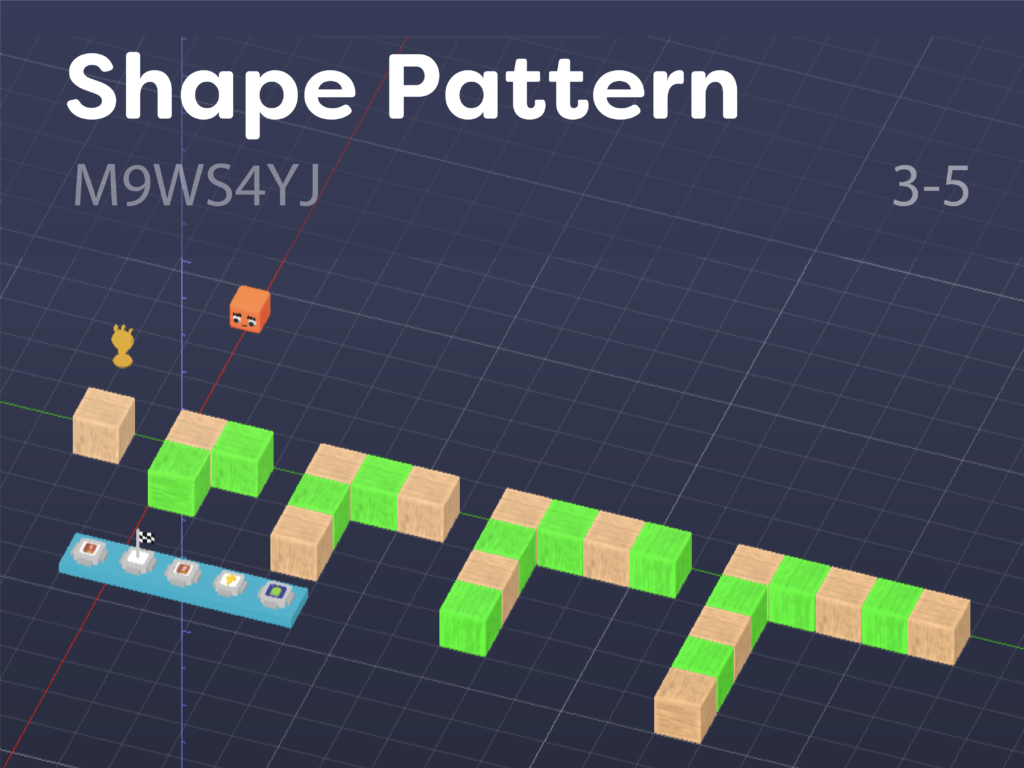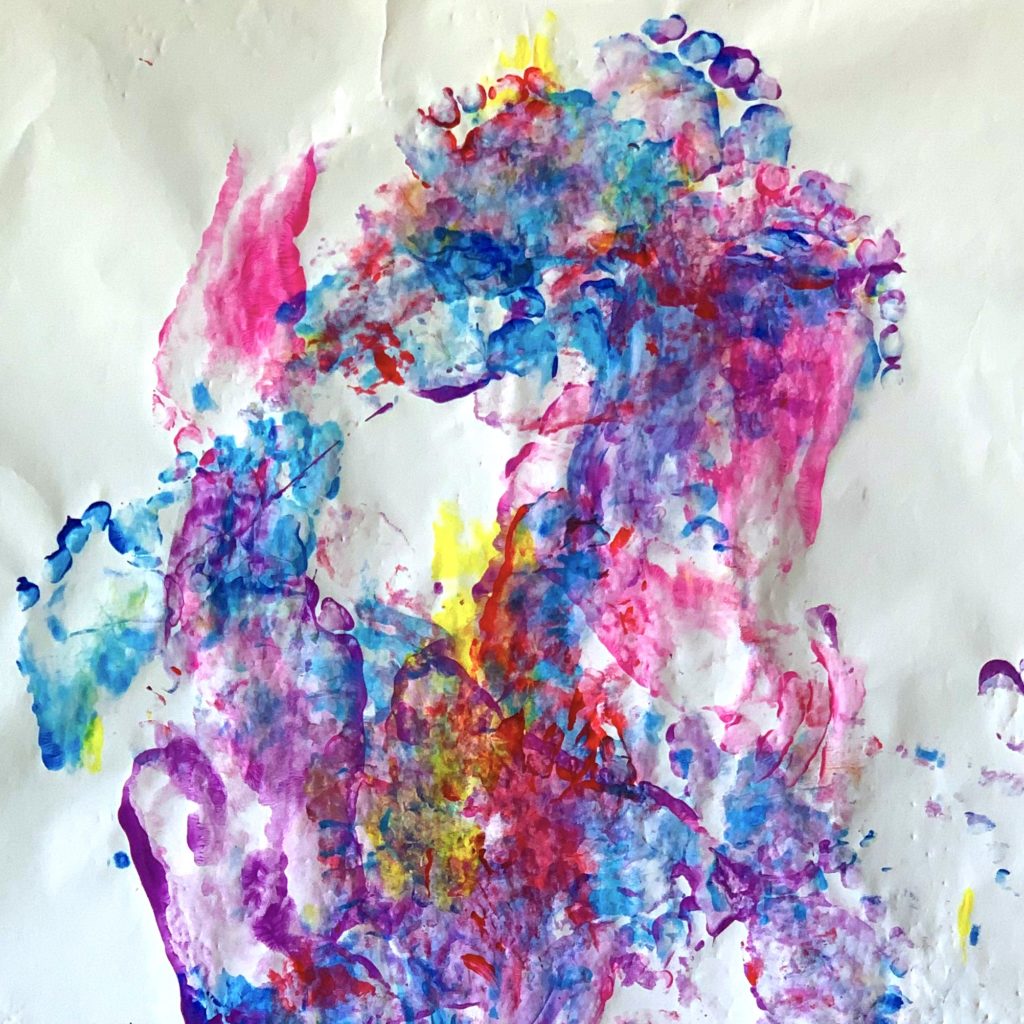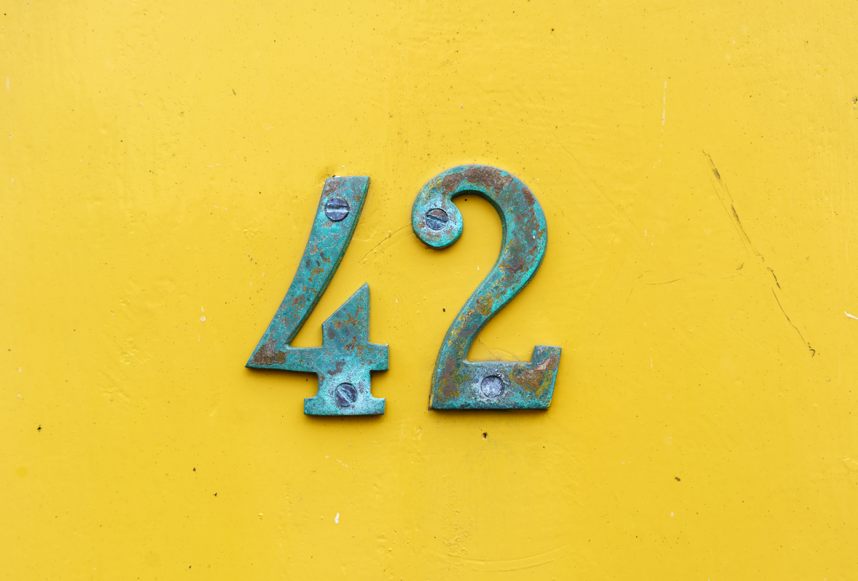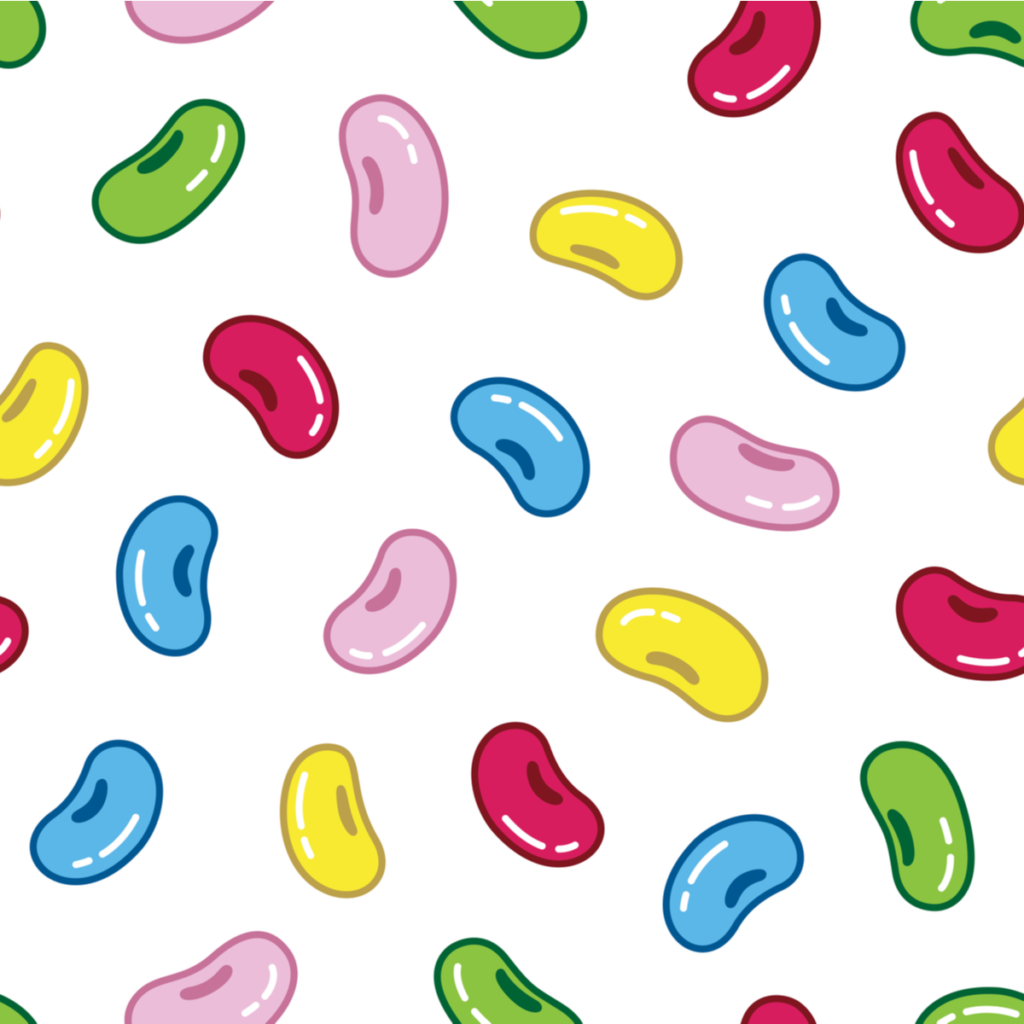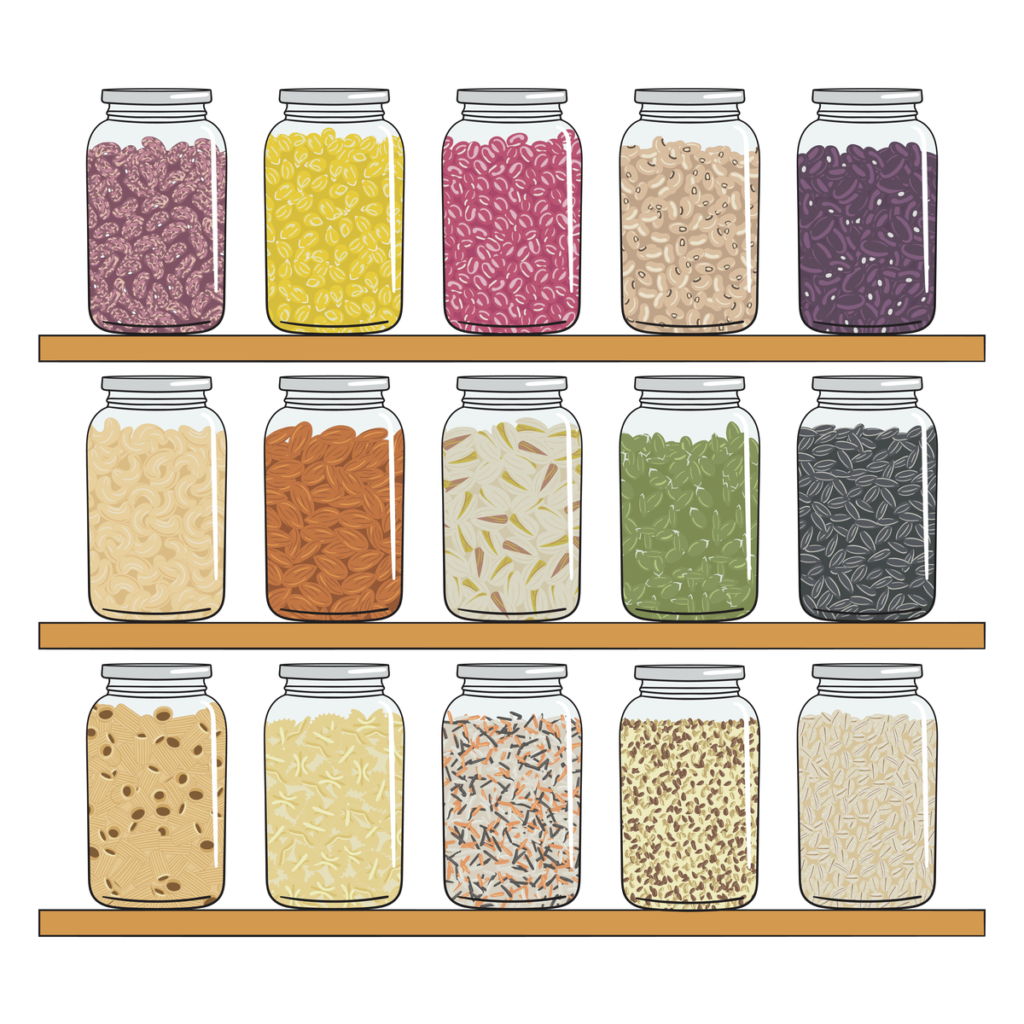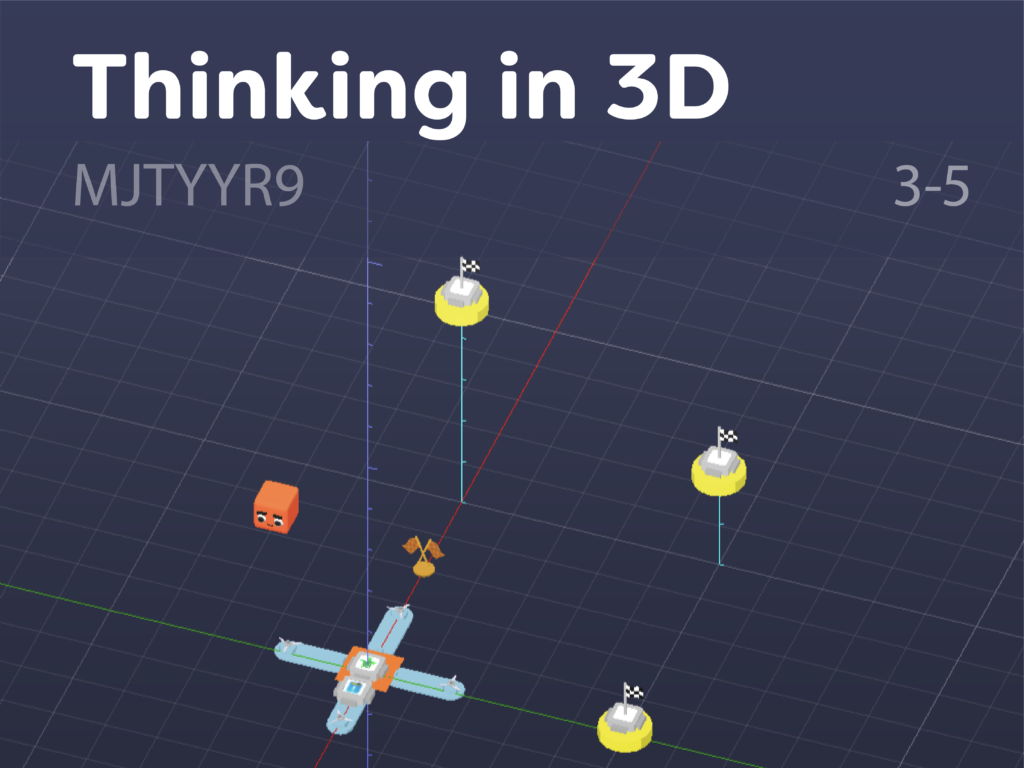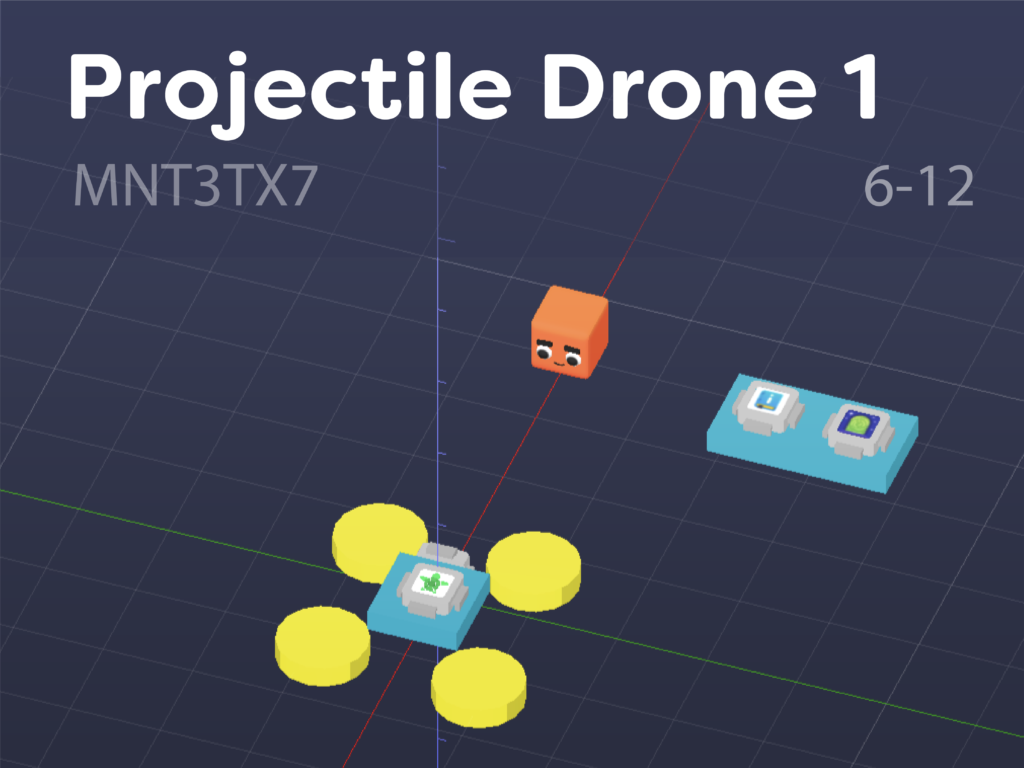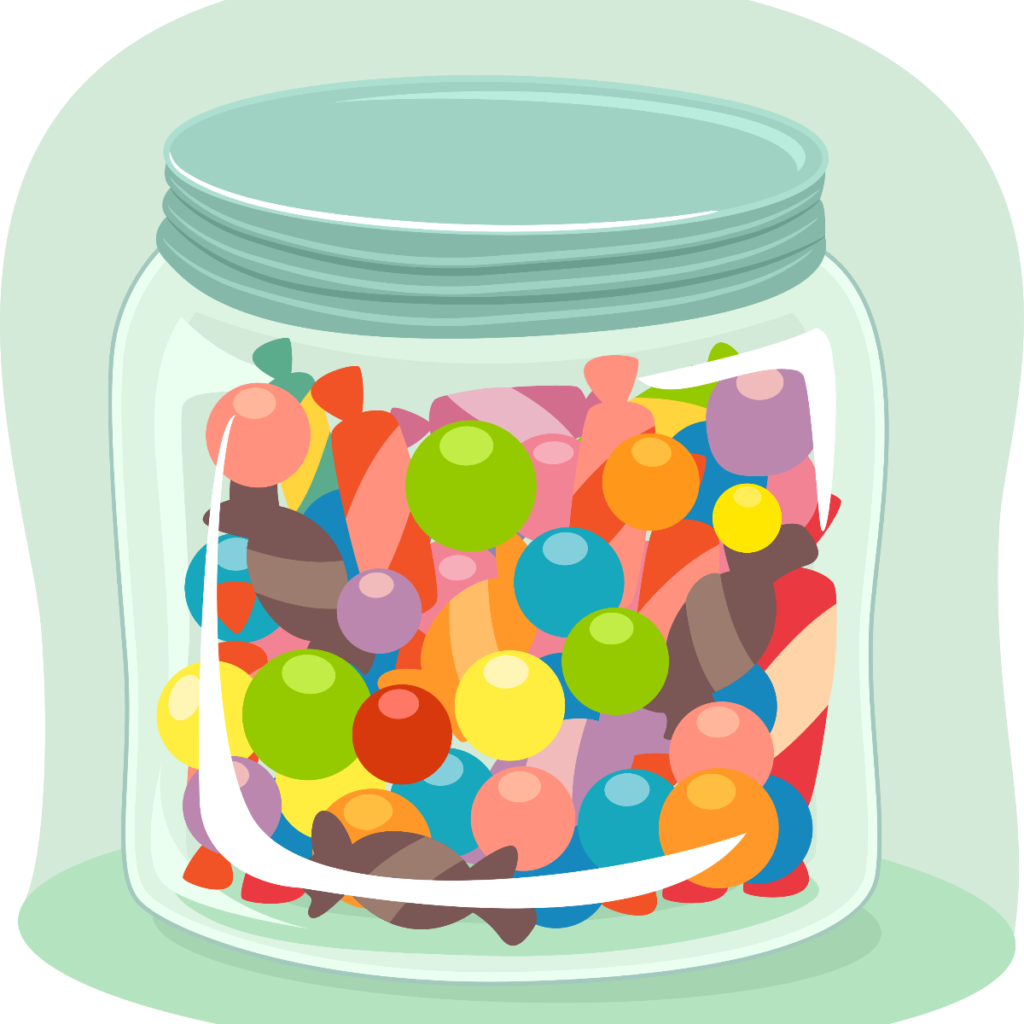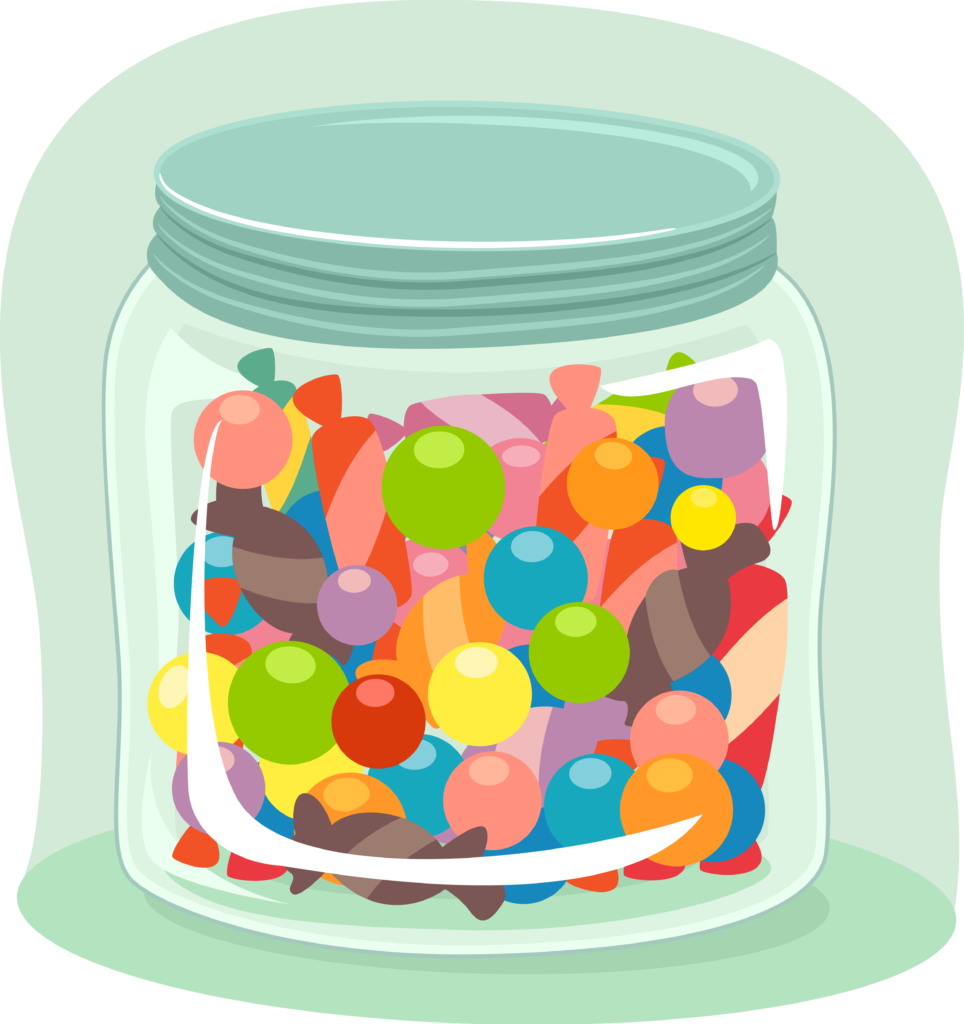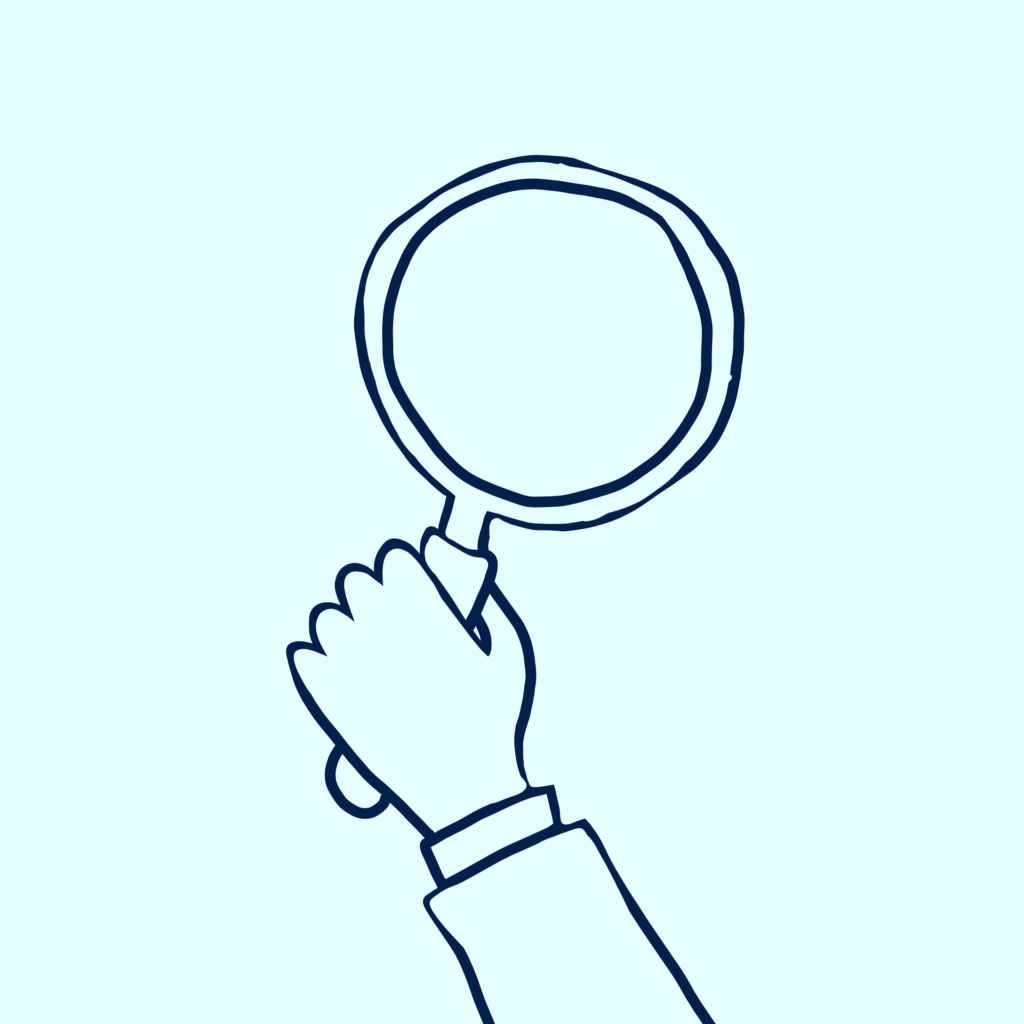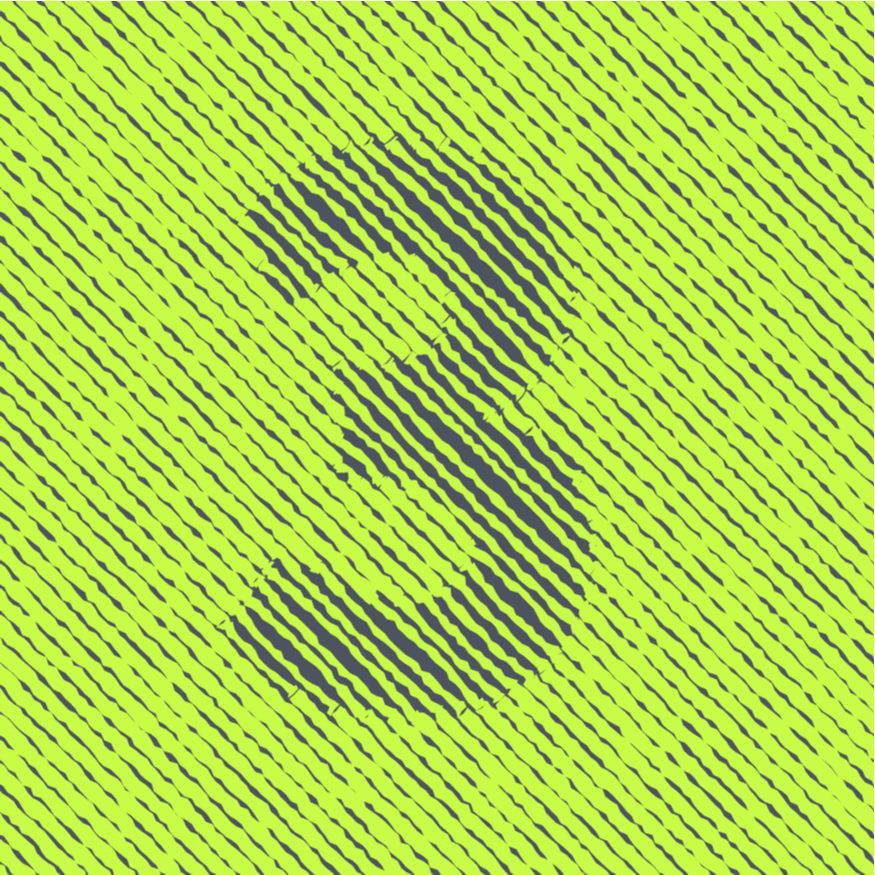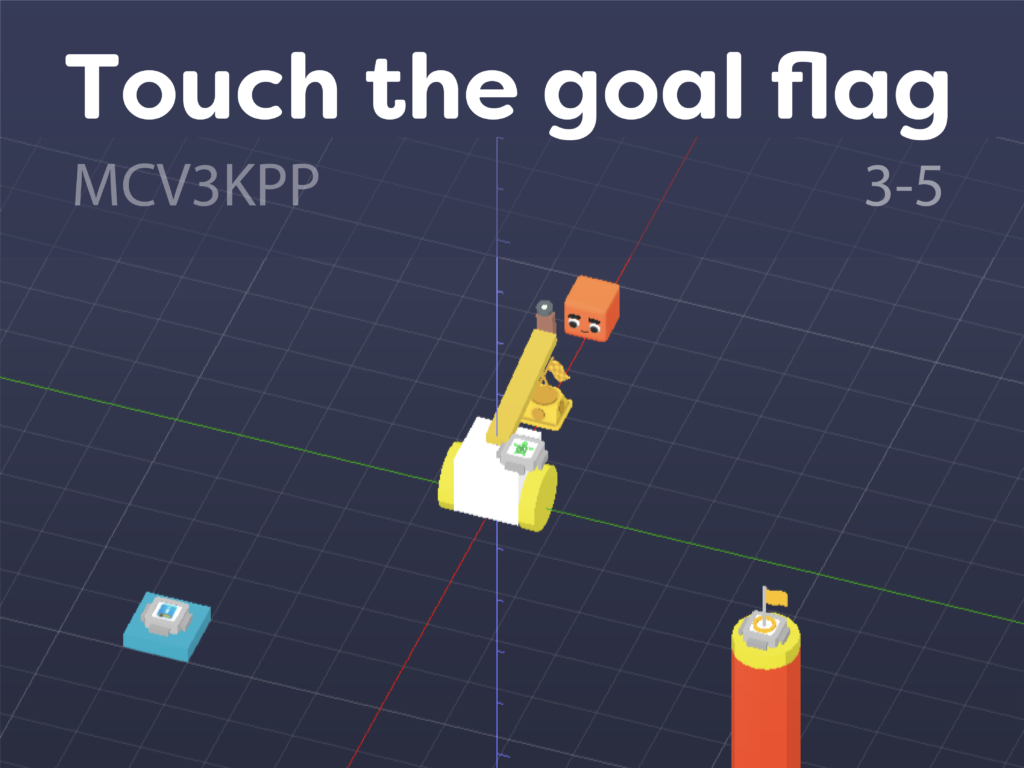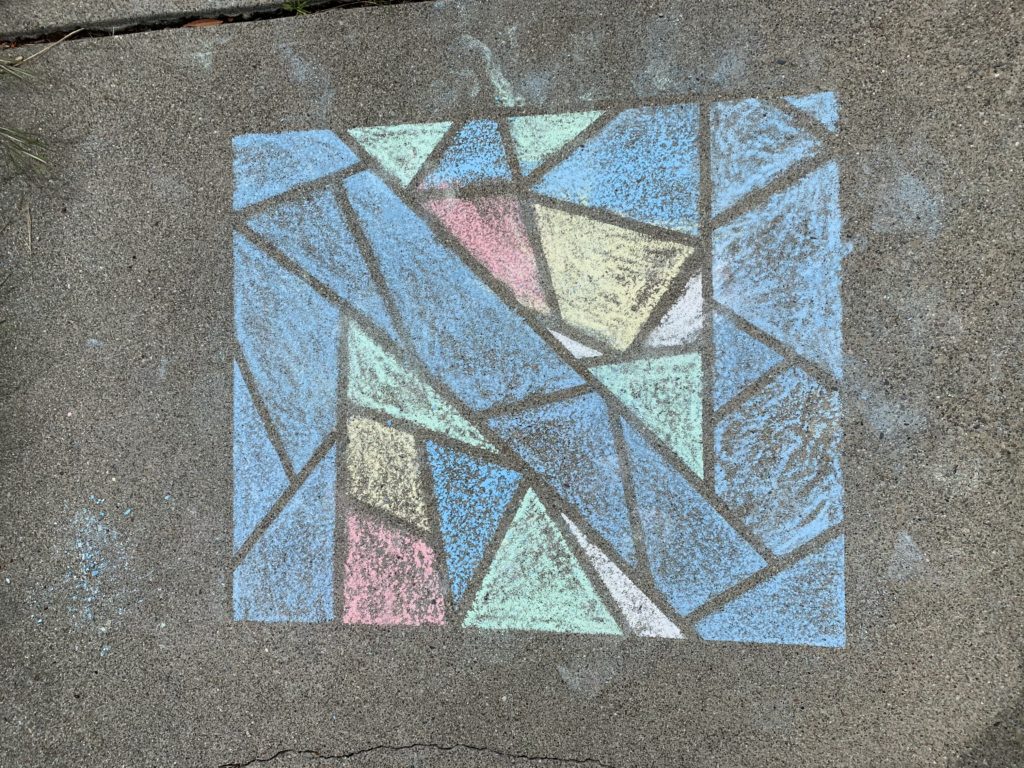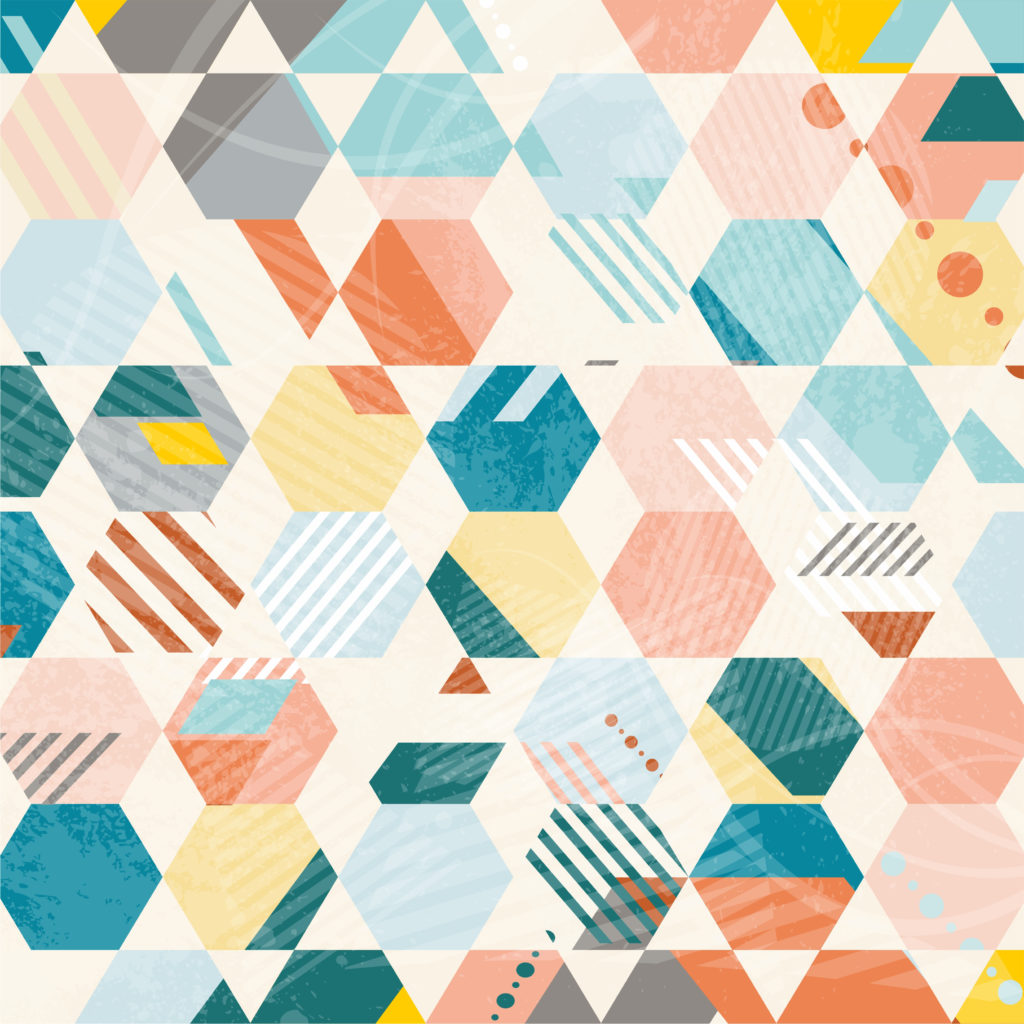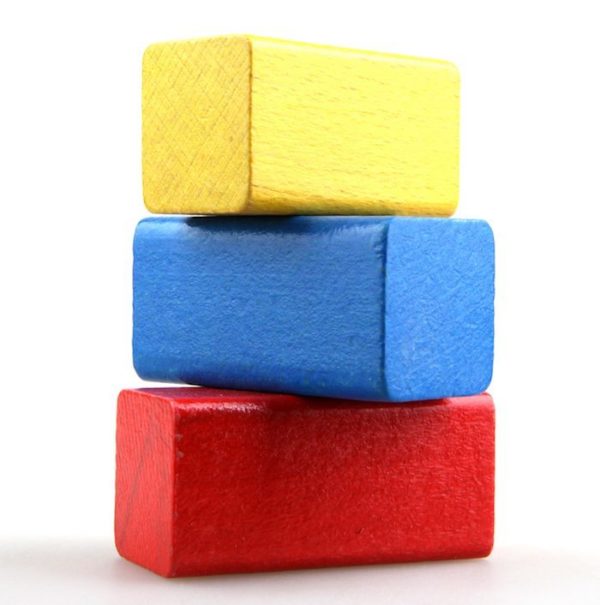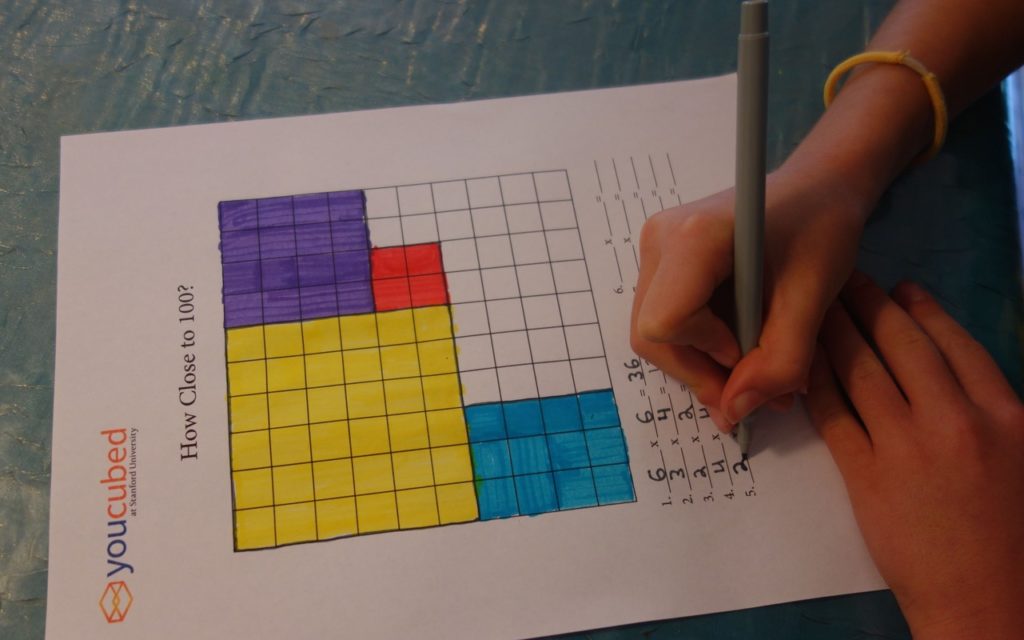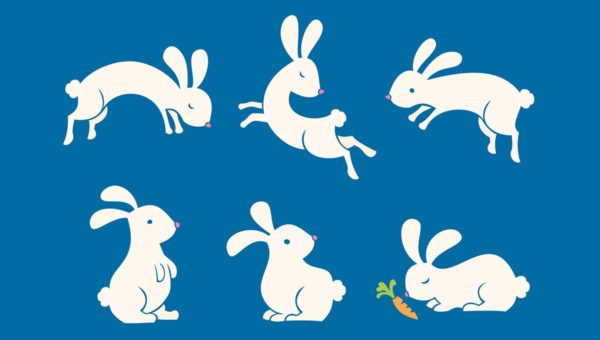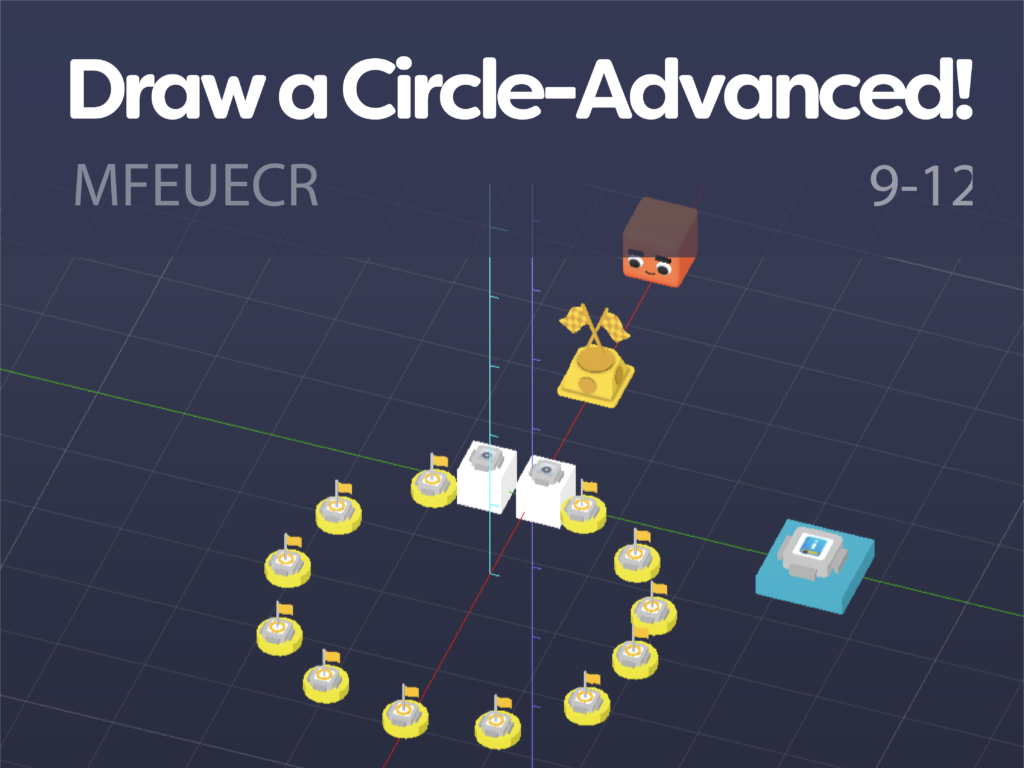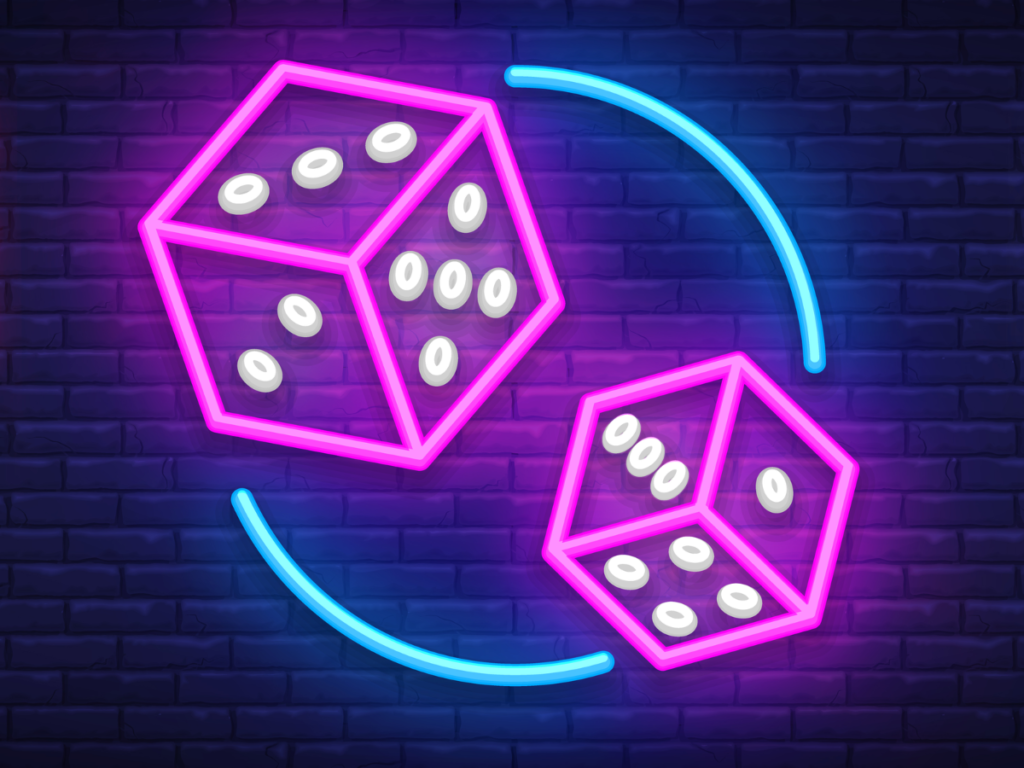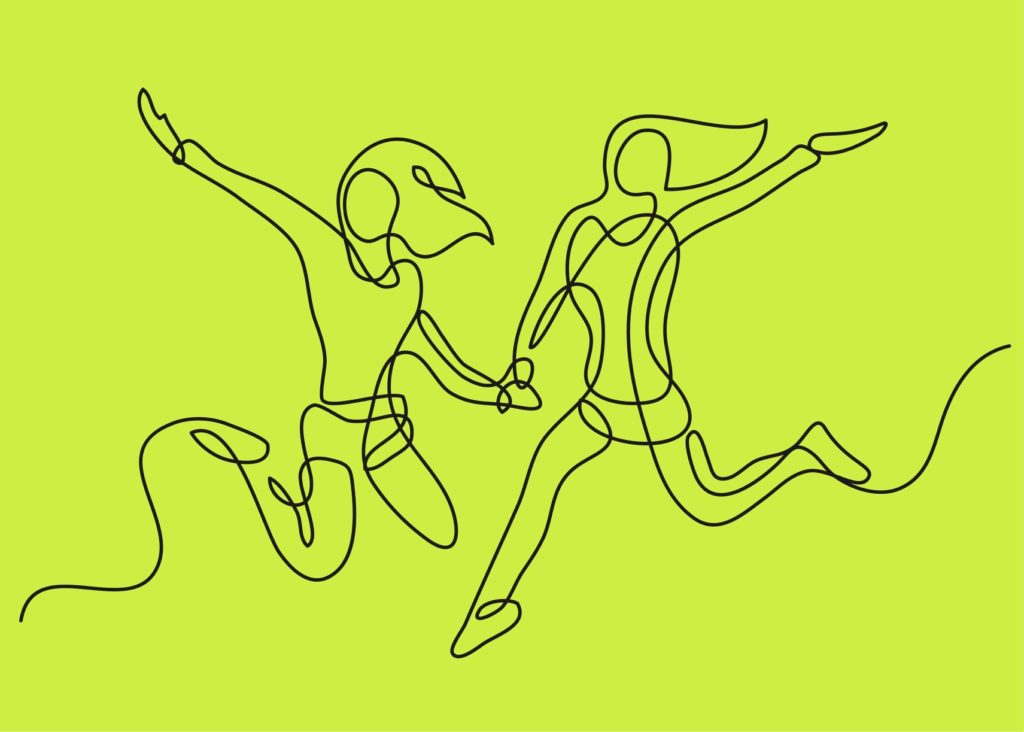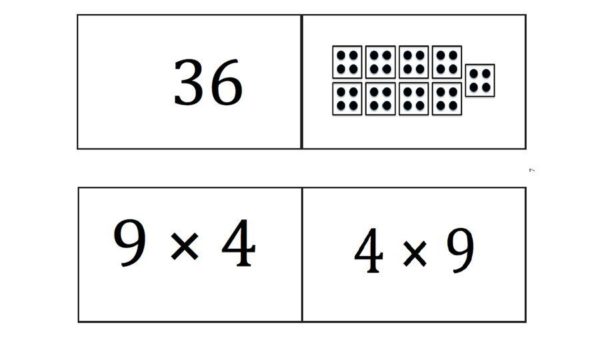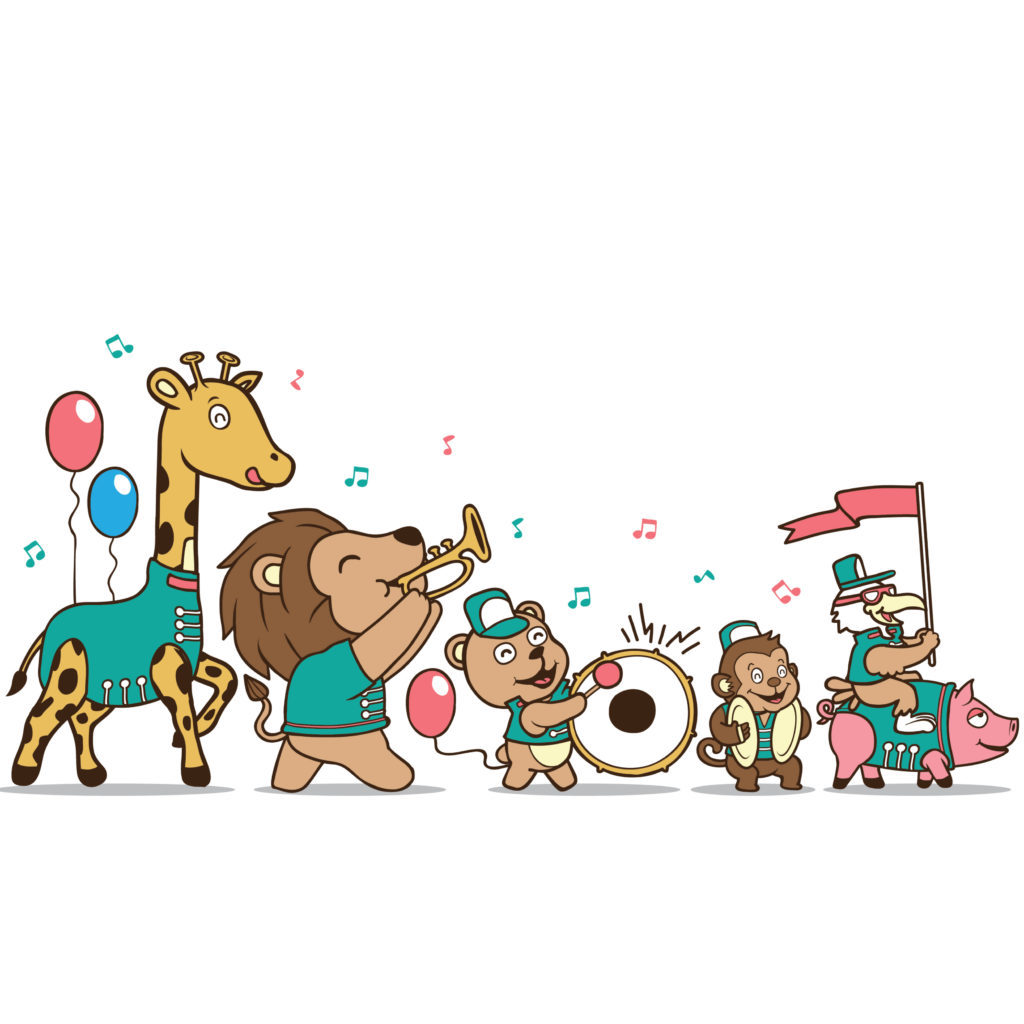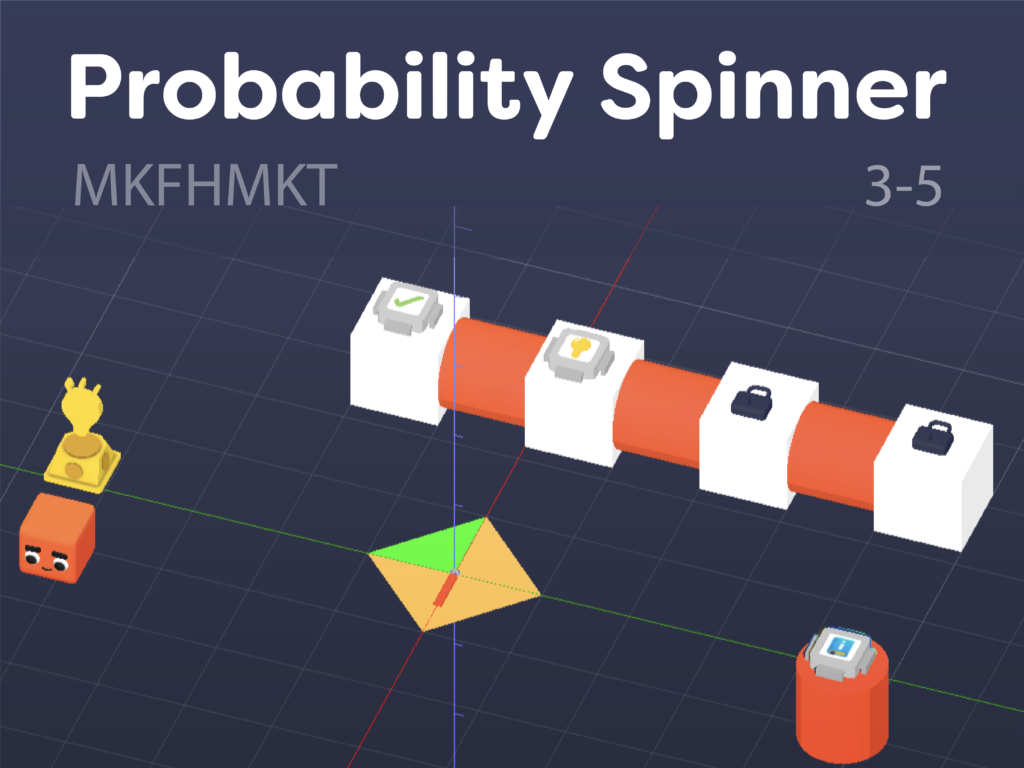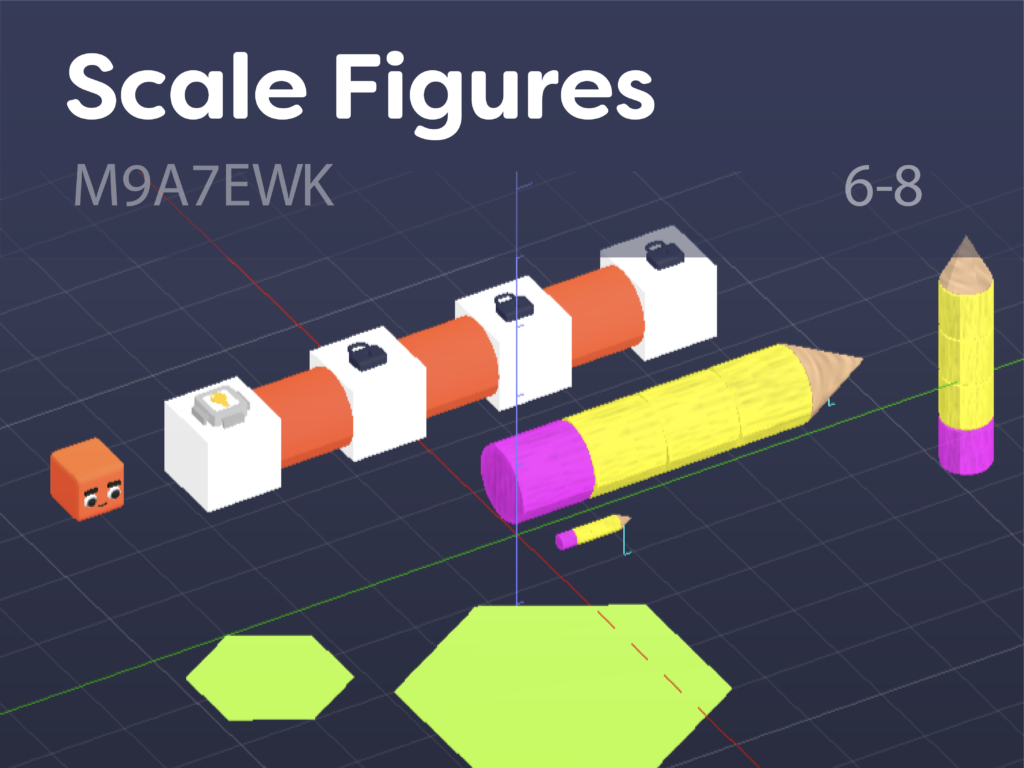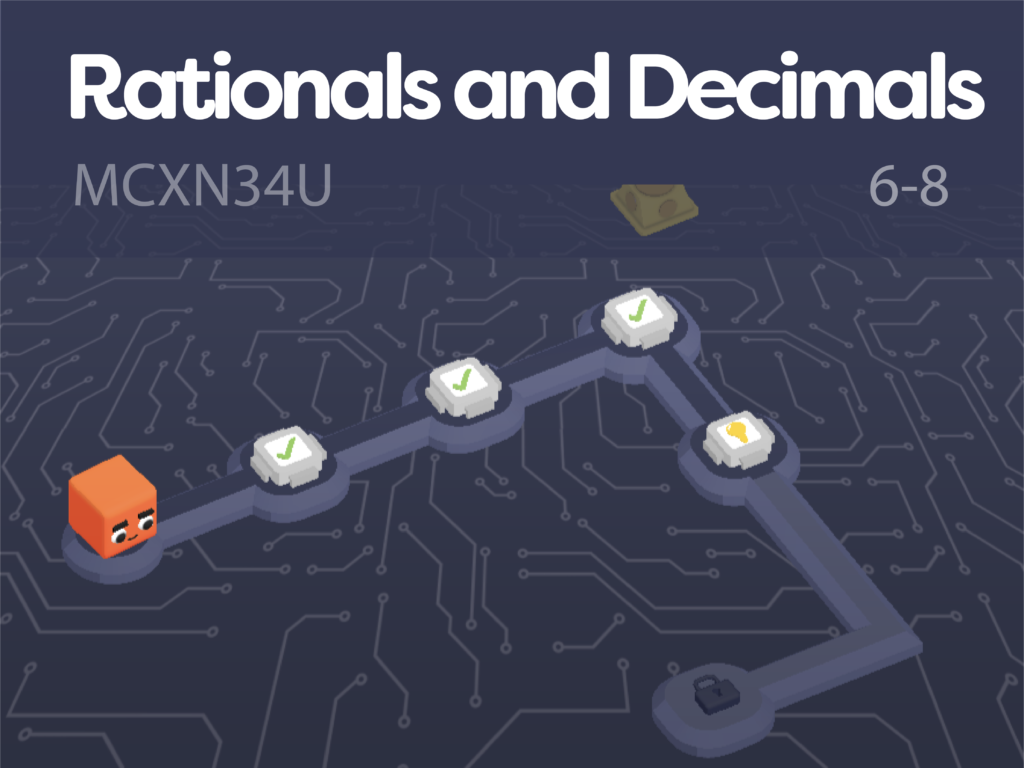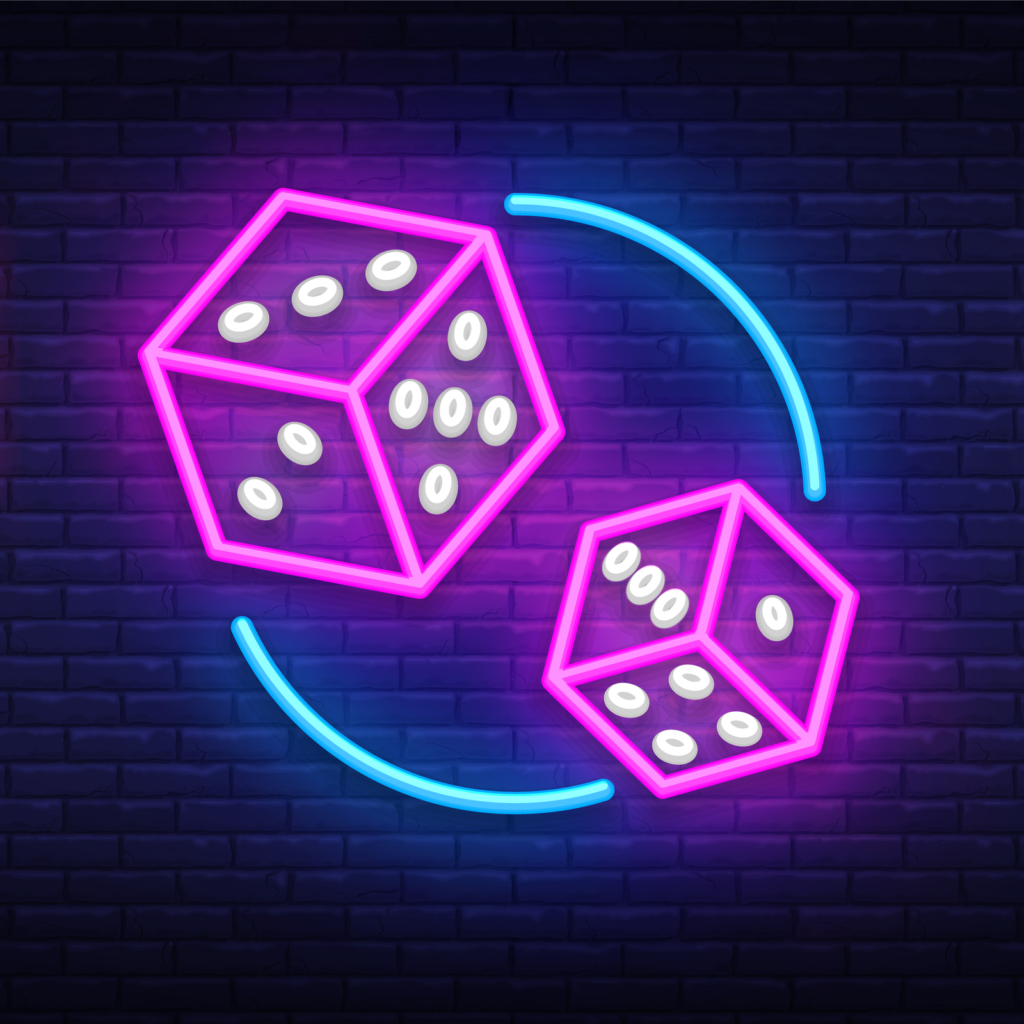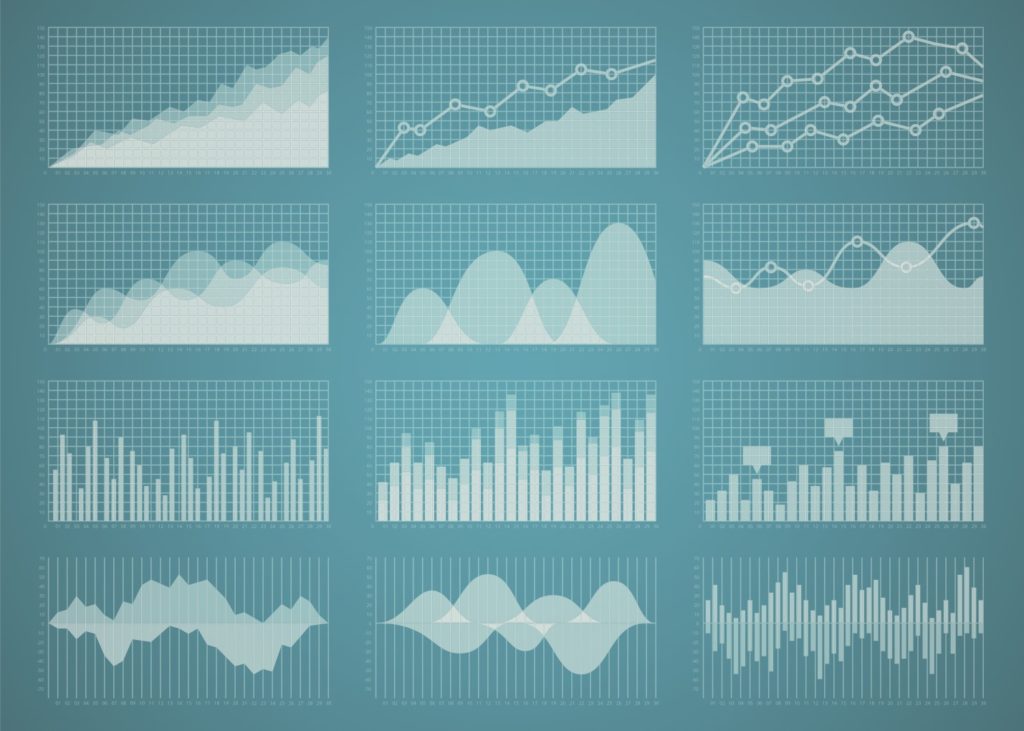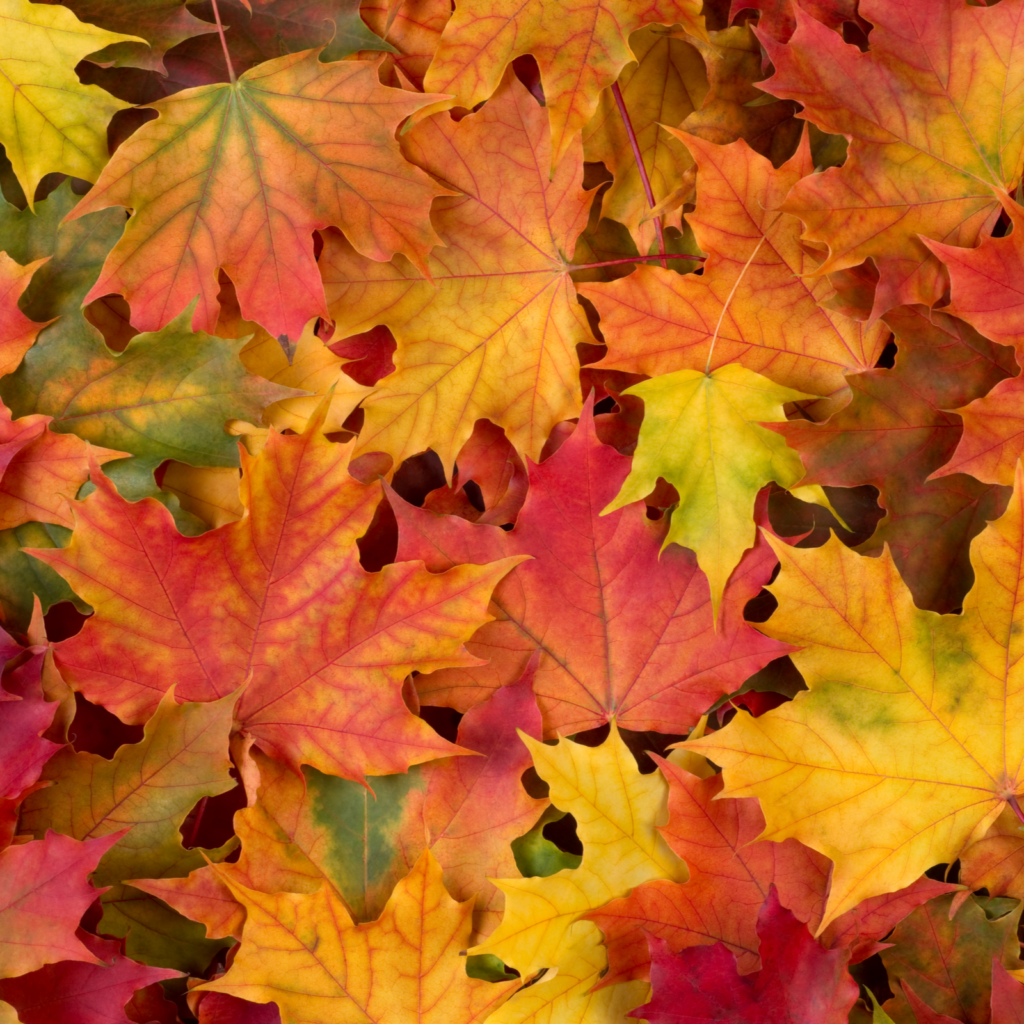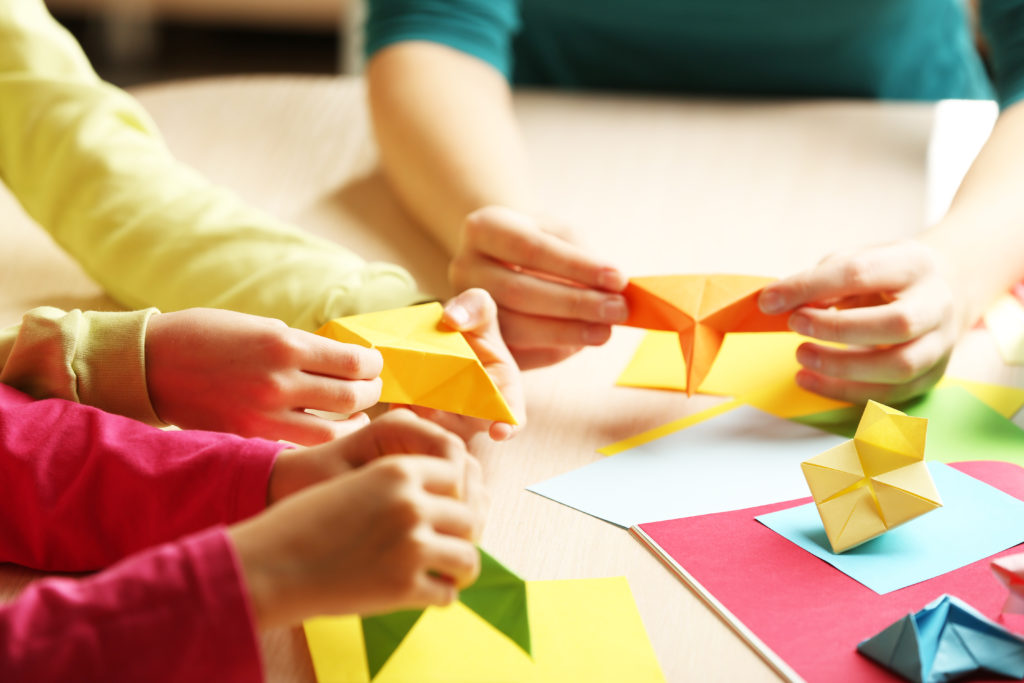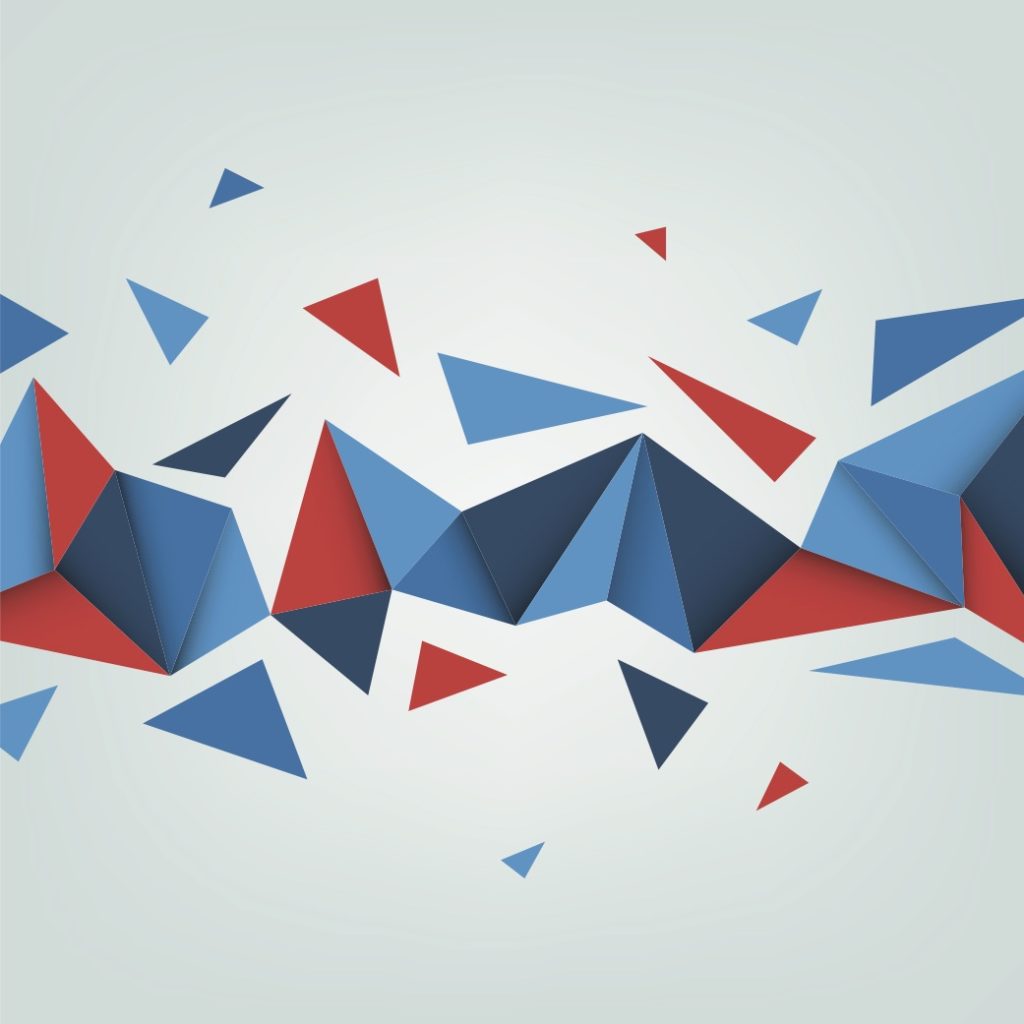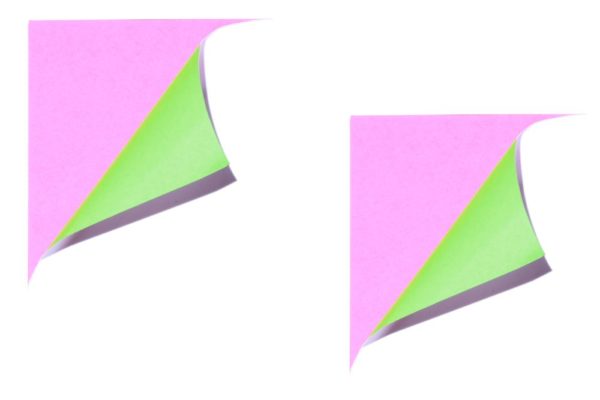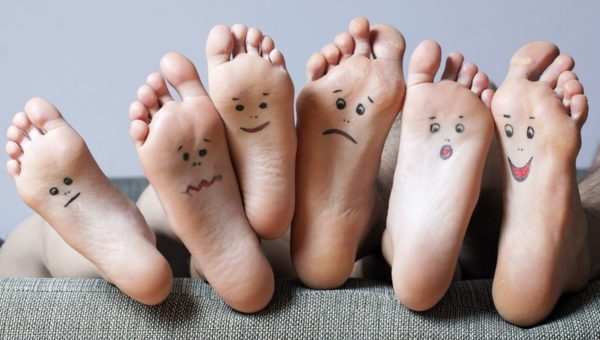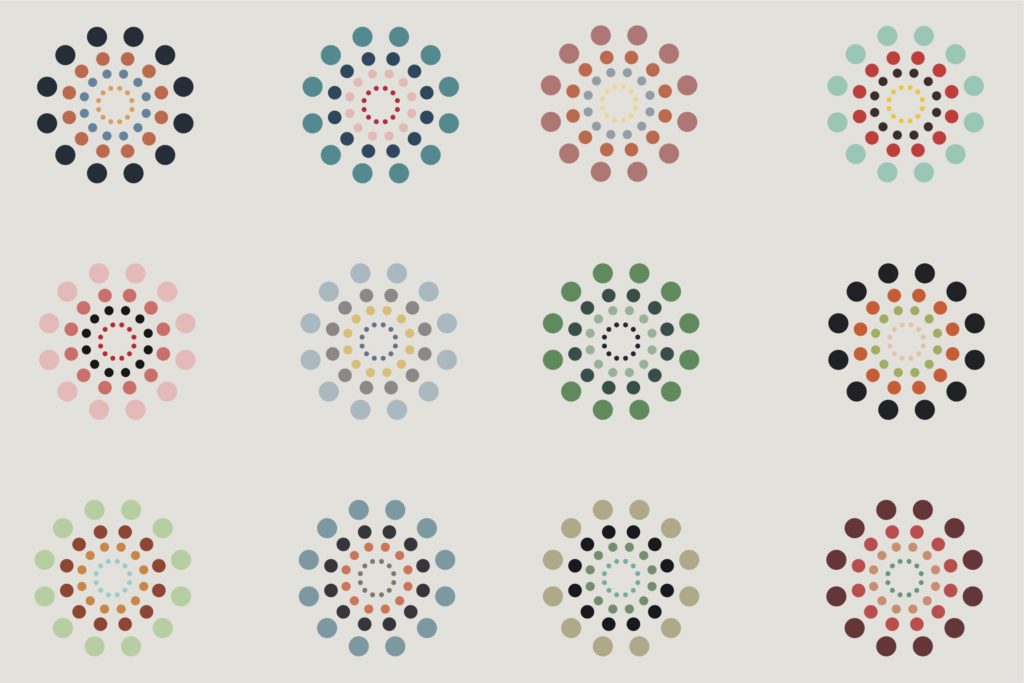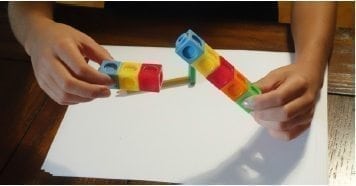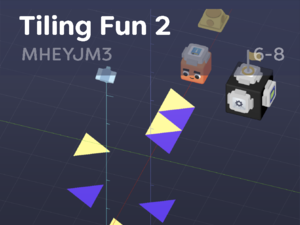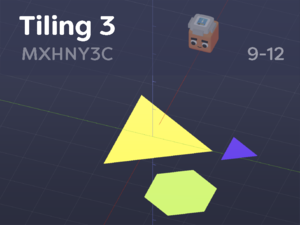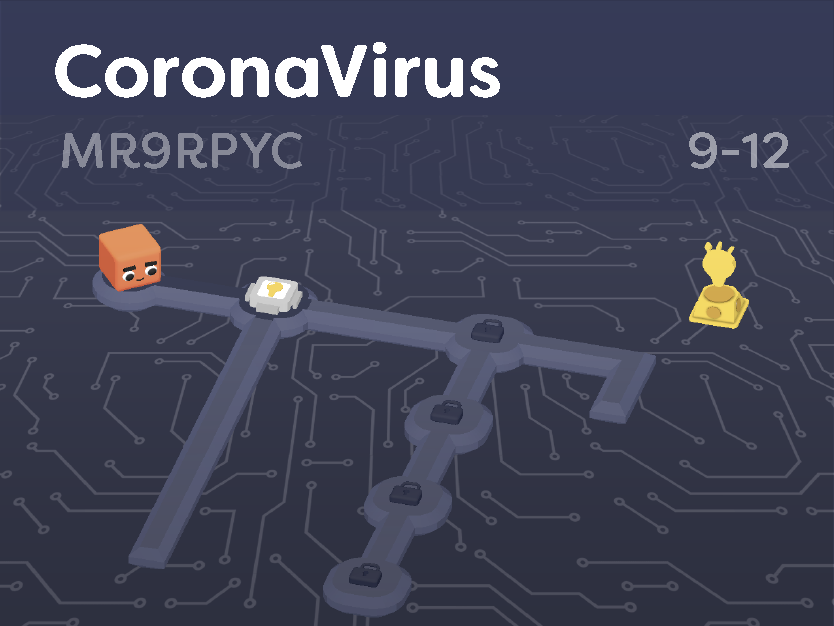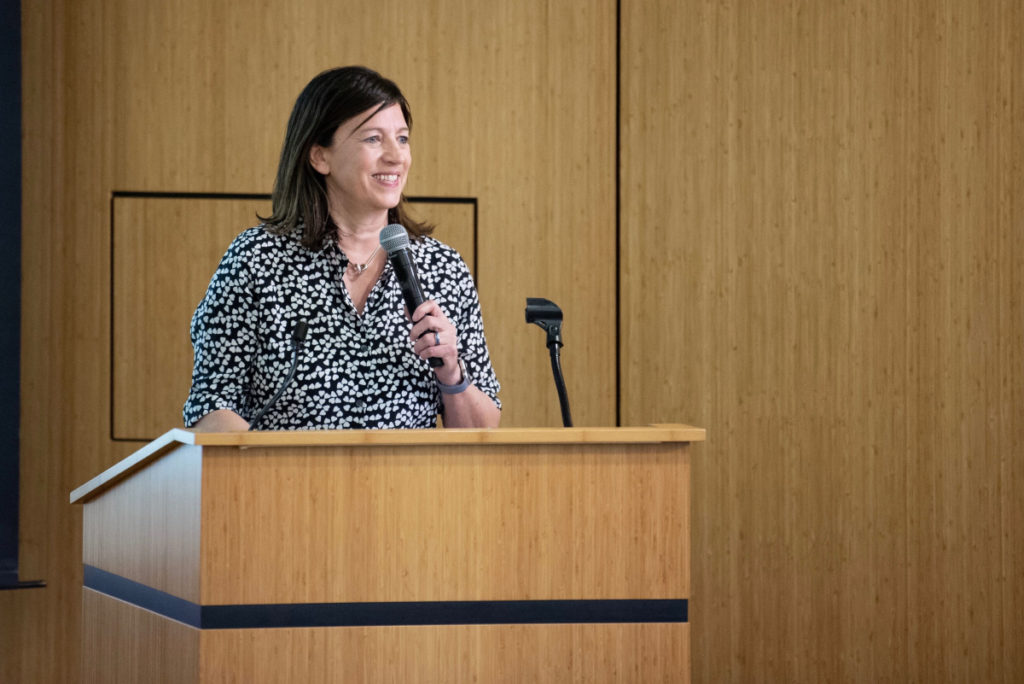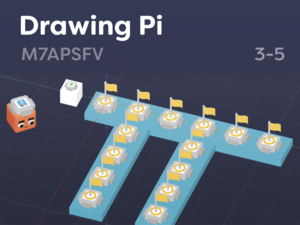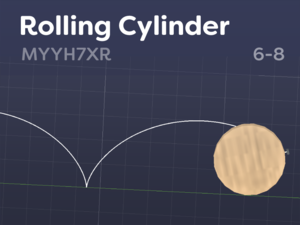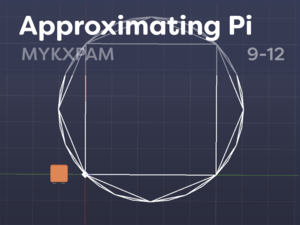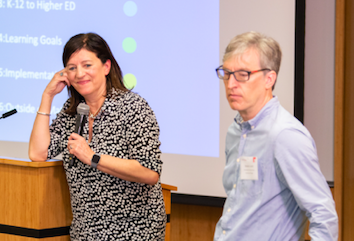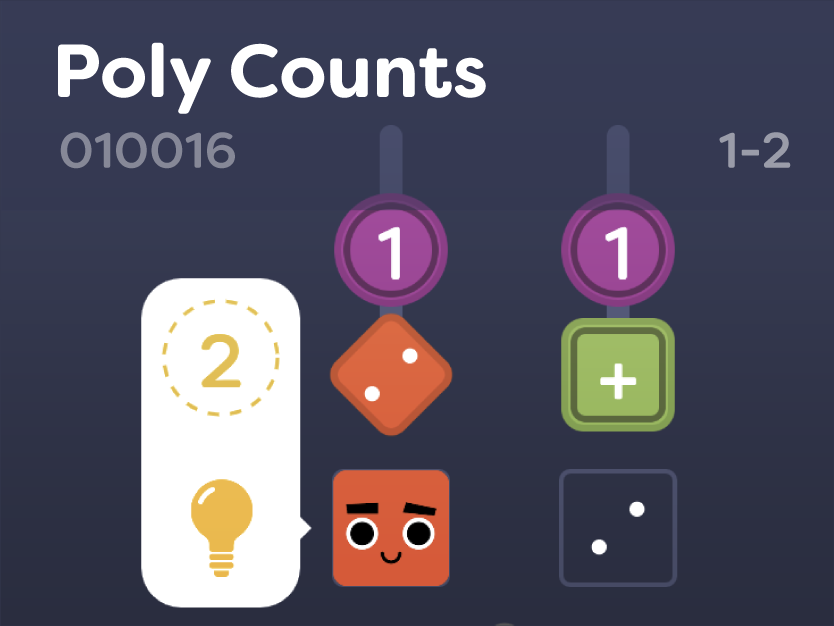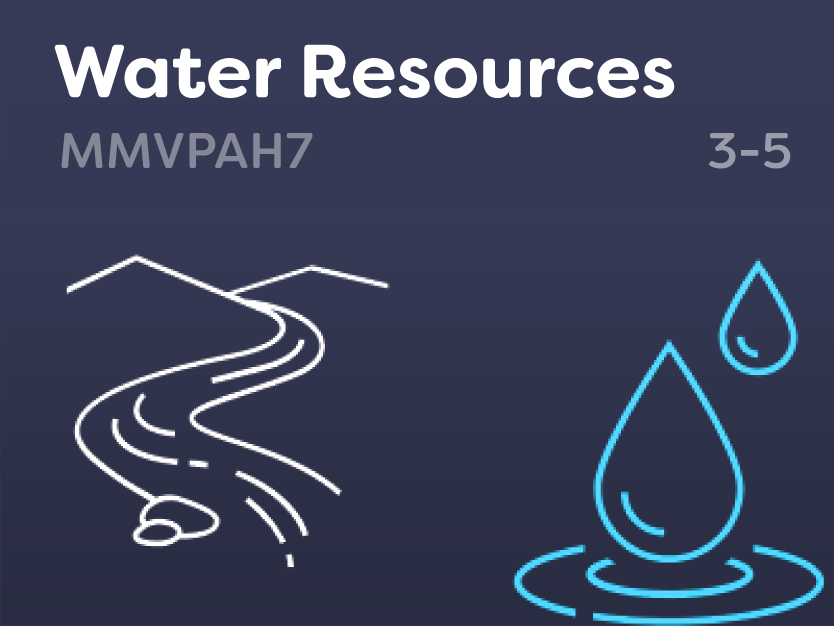Resources
They teamed up to help students connect their love of the game with stats.
A video of 6th graders working on the basketball data analytics unit.
Jo Boaler shares not what schools should do more of but, instead, what they should do less.
A short article on the importance of a Mindset Mathematics approach, written by Jo Boaler for a UK Policy Group
Mathematical Mindsets Approach raises achievement
A five paged mindset journal for students
An article by Jo Boaler, Kristina Dance, & Jack Dieckmann
A video of 6th graders “ish-ing” numbers
Research article on the benefits of Explorations in Data Science
Article about Math-ish with a 15 minute audio book summary read by Jo Boaler
An article by Jo Boaler and Cole Sampson
Jo Boaler in conversation with Guy Kawasaki on his podcast
Stanford education professor Jo Boaler argues for creativity and ‘ish’ thinking to transform students’ relationship with math
An interview with a Top 1% global podcaster about her new book
Study.com’s Interview with Dr. Jo Boaler on Her New Book ‘MATH-ish’
Then An Anti-woke Mob Came For Her (an episode of the Serious Inquiries Only podcast featuring Jo Boaler)
An essay by Jo Boaler about the suppression of researchers who study equity
On recent claims regarding research on equitable mathematics teaching approaches
An interview by Sarah Philp of The Changing Conversations Podcast
Mathematician Eugenia Cheng, presenting at the Royal Institution on “How to Think Like a Mathematician”
Building Mathematical Mindsets Join our first-ever session on May 16, 2024! In this webinar for parents and guardians of K-12 […]
Grades 6-10
Grades 6-12
Grades 6-12
Finding Creativity, Diversity, and Meaning in Mathematics
Jo Boaler reveals the six keys to unlocking learning potential, based on the latest scientific findings
Grades 6-12
Article in the journal Quadrante on the synergies of mindset ideas and effective teaching
Jo Boaler is ranked as the #1 scholar in Curriculum, Instruction, and Administration
Jo Boaler is a top education scholar in this annual American Enterprise Institute survey
Messages for students who would like to learn mathematics to high levels, available in English, Spanish and Dutch versions
A blog post by Diarra Bousso
Recommendations about how mathematics should be taught from an international organization of 38 countries
A 5 minute classroom film showing a 4th grade teacher using a big ideas approach
Recording of the October 13, 2023 event releasing OECD’s mathematics guidance, featuring Jo Boaler as a speaker
Guidance on the future of education and skills
During a webinar hosted by youcubed at Stanford, Manil Suri discusses the overlap between novel writing and teaching mathematics
With over 25 years of dedicated teaching experience with the Edmonton Catholic School Division, Kyoko (Leanne) Aura is a seasoned […]
Hec utha eh ma, wigthin Donna Fernandez, a Elem buk wimeshek kobited wimieh Elem buk. Donna Fernandez, M.Ed. is Pomo […]
Jennifer Paulson Brand (PhD) is a settler of Irish and English descent working in the Treaty 7 region of southern […]
Aguenus (Angela Hall) is a member of the Métis Nation and of Cree and Stoney ancestry living in Alberta
John Patten is a Bundjalung and Yorta Yorta man with Anglo-Celtic ancestry, living in Victoria, Australia
John Balloue is a tribal member of the Oklahoma Cherokee Nation living in California
Huliau me ka Māuiki’iki’i (Revolution and the Solstice) is a painting by Hawaiian artist Lehuauakea (Kanaka Maoli / Native Hawaiian)
What works and what does not?
A way to address global educational disparities
Teacher mindsets help explain the difference
Mindset training that changed teachers and teaching
Bob the Counting Sheep and Jo Boaler divide one by two-thirds
An article about Diarra Bousso
In a poll by the Gates Foundation, parents and teachers stressed the need for a new way to teach math
Changing the narrative that maths is dry & unrewarding will require more than forcing students to sit the subject longer
Let’s move past the acrimony and create a mathematics framework that works for all students
Resources to help students interact with the numbers flexibly and conceptually
A 4-week curriculum unit that can be used to introduce algebraic concepts at any grade level
Professor Boaler discusses academic bullying and recent attacks by opponents of the proposed new California mathematics framework
February 27, 2023 newsletter
A Conversation with Professor Jo Boaler
Jo Boaler writes in the Hechinger Report about focusing on where our students are and what they most need next
Jo Boaler is featured in this episode of the BBC Radio show “Bringing Up Britain”
Jo Boaler is ranked as the #1 scholar in Curriculum, Instruction, and Administration
Jo Boaler is a top education scholar in this annual American Enterprise Institute survey
Jo teaching a dot card number talk at our middle school summer camp
An article by Jo Boaler published by the American Mathematical Society
Grades 4-12
Grades 9-12
Here’s How to Defend Your Profession (5 guidelines for bringing about education change)
Jo Boaler discusses modernizing the teaching of mathematics with Guy Kawasaki
Six lessons that engage students in active explorations of the big ideas of calculus
An article by Elizabeth Landau on evidence that we are all born with number sense
May 20, 2022 newsletter
Visual, creative, maths tasks that you can choose by mathematical concept, and by grade
Our free self-paced class for learners of all levels of mathematics (available in English and Spanish)
April 28, 2022 newsletter
We offer workshops on teaching mathematics as a conceptual, connected subject and more!
An opinion piece by Pamela Burdman on keeping students in STEM
Offering algebra in eighth grade remains a local choice
An op-ed by Jo Boaler on the new proposed California Mathematics Framework
February 16, 2022 newsletter
January 20, 2022 newsletter
December 16, 2021 newsletter
Many teachers ask what a growth mindset looks like in the classroom, and how it may be measured. We have […]
Jo Boaler is a top education scholar in this annual American Enterprise Institute survey.
If you are planning to host a Mindset Mathematics Summer Camp, please fill out the form below!
A radio interview about the framework with Jo Boaler, a member of the committee which drafted the guidelines
The final book in our curriculum series, now available on Amazon!
CBS coverage of the proposed mathematics framework for California
New York Times article on the proposed mathematics framework featuring Jo Boaler
A proposal for K-10 data science standards by By Jo Boaler and Rob Gould
October 11, 2021 newsletter
Grades 6-12
Seeking signatures from anyone who is interested in giving each student in California access to a quality mathematics education
An article by Tanya LaMar and Jo Boaler
This paper by Jo Boaler and David Foster reviews an intervention in which student learning of mathematics increased dramatically.
A study comparing student achievement on MAC/MARS and California’s state tests
Click here to visit the website for Explorations in Data Science, our full-year curriculum
An article by Jo Boaler, Tanya LaMar and Cathy Williams published by the National Council of Teachers of Mathematics
A state law concerning fair, objective, and transparent placement policies
June 2, 2021 newsletter
Draft 2021 framework for public schools, kindergarten through 12th grade
California’s distance learning curriculum and instructional guidance
An extract from the California Digital Integration and Standards Guidance
California’s newly proposed math framework seeks equity as part of the equation
A free, interactive event on June 21 at noon PT for educators interested in detracking!
A Washington Post article featuring Jo Boaler
Visit our interactive page highlighting the most important content in data science for Grades K-10
Visualizing and investigating big ideas by grade level
Find the latest workshops and office hours listed on the professional development page of our high school course website!
April 20, 2021 newsletter
A discussion about the future of education with IVY: The Lifelong University
Jo Boaler on the Hamilton Review, a podcast about issues that impact children and families.
February 24, 2021 newsletter
February 8, 2021 newsletter
January 11, 2021 newsletter
November 18, 2020 newsletter
September 16, 2020 newsletter
September 1, 2020 newsletter
August 20, 2020 newsletter
August 11, 2020 newsletter
July 20, 2020 newsletter
A working draft of our curriculum which will be updated at regular intervals
Jo Boaler on why we need to rethink how we teach math
Jo Boaler is a top education scholar in this annual American Enterprise Institute survey.
Frequently asked questions about the youcubed data science curriculum for high school, updated regularly
Click here to get updates and let us know if you are interested in piloting and/or implementing the course!
The latest book in our curriculum series, now available on Amazon
Grades 5-12
Grades K-12
Grades K-12
Grades K-12
Do you have questions not answered in our FAQs? Send an email to: datascience@youcubed.org
Jo Boaler is featured in this article on equipping students for a data-driven world (for non-subscriber access, exit popup windows)
Pamela Burdman of Just Equations makes the argument for data science in K-12 education.
Students working together on the Squares to Stairs task
An example of a data talk
Math curricula are designed to shepherd students toward calculus. Some mathematicians think this path is outdated
A PDF on ways for students to practice considering and interpreting a variety of data and data representations
Grades K-12
Grades K-16
A collection of short (5-10 minute) classroom discussions to help students develop data literacy
Grades K-16
Grades 4-16
Grades K-16
Grades K-16
Grades 4-16
Grades 4-16
Grades 4-16
Grades K-16
Grades 3-16
Grades K-16
Grades 3-16
Grades K-16
Jo Boaler in conversations with Steve Strogatz and Francis Su, from the online course “21st Century Teaching and Learning.”
Does math make you a little nervous? You’re in the majority.
Failure can change how you learn — and propel you toward success
A film by Women in Data Science at Stanford University
Our team is writing a new course, in collaboration with Google, called Youcubed Adaptable Curriculum: Explorations in Data Science (or […]
A white paper co-authored by Jo Boaler and a group of educators in collaboration with Knowledgehook
Resources, organizations, and people working to make data science, stats, and modeling part of K-12
Mathematics course criteria & guidance
Our newest online course, focused on integrating data science into teaching
Lessons from “21st Century Teaching and Learning.” Grade ranges suggested, but with creativity, they can be used in any grade!
Short films featured in the online course “21st Century Teaching and Learning”
July 13, 2020 newsletter
July 8, 2020 newsletter
Jo Boaler interviews Francis Su, Professor of Mathematics at Harvey Mudd College
June 9, 2020 newsletter
A video and podcast on rehumanizing mathematics with Dr. Gutiérrez, a professor at the University of Illinois at Urbana-Champaign
TED Talk: “Own your Body’s Data” by Harvey Mudd Data Scientist/Statistician
June 4, 2020 newsletter
The youcubed team collaborated with graphic artists to create a picture book about data science and data literacy!
Five units of youcubed lessons for grades 6-10 that introduce students (and teachers) to data science
Shares the approach of our youcubed summer camps, with over 30 classroom videos
Scenes from the youcubed mathematics camp for middle school girls
June 1, 2020 newsletter
Our first online course, covering essential research and teaching techniques
The youcubed team collaborated with graphic artists to create a picture book about data science and data literacy. We recommend […]
See how multiple objects, each with a simple motion, can make a complex output!
Understand the mechanics of a bird flapping its wings with this flying simulation.
See how you can use math to draw a face!
See how to use a sine function, offset in phase based on position, can create waves.
May 22, 2020 newsletter
May 19, 2020 newsletter
Welcome to the Polyup version of Flappy bird!
Play the classic two-player game pong.
Bounce the ball up and down. Don’t let the ball fall down!
Solve the maze to get to the flag then figure out the code to get out with your car!
Jo Boaler introducing the K-12 Data Revolution
May 15, 2020 newsletter
In this activity explore ways of counting large amounts of flowers, trees, birds, people, and more in spaces and places […]
Lately, we’ve seen some lovely hopscotches made by our neighbors in sidewalk chalk for everyone to use, but what would […]
In this activity, students guess the number you are thinking of given clues. This is a fun way to build […]
Intersecting a 3D shape and a plane might seem intimidating, but a few bottles, a box cutter, and some creativity […]
The seventh book in our curriculum series, now available on Amazon
Go through a fun maze game first-person style!
Race around with the race car and grab the gems!
May 11, 2020 newsletter
May 8, 2020 newsletter
This layout based on how apple trees are planted in orchards leads to some interesting explorations of area, patterns, and […]
How many times have you come across a tree and thought that tree is humongous? What do you measure with? […]
We’ve been inspired by the beautiful art many people are making on their windows with sticky notes to cheer up […]
Fractions are all around us! Walk around the house, yard and neighborhood with your child. Where do you see fractions? […]
This machine introduces the notion of a fractal through an infinite visual sequence
Students will see a real life example of a fractal
Students will see a fractal based on the Koch snowflake, and will see how it is made.
An example of a more complex fractal that takes up 3D space using only lines!
May 1, 2020 newsletter
Create a painting with sponges cut into different shapes. While painting like this, you experience the movement of rigid transformations […]
Tiling can be really beautiful and deeply mathematical. Looking at tilings we can think about the base units that make […]
This is a fun sidewalk chalk activity that gets everyone moving and having interesting conversations about numbers! Draw a number […]
We use cylinders and circles around the house all the time like cans, tortillas, and rolls of paper towels, but […]
An article by Jo Boaler from the Parents League of New York
Jo Boaler talks with Joshua Steinfeldt about Limitless Mind: Learn, Lead & Live Without Barriers
This machine introduces a basic pattern with blocks and asks students to continue the pattern
This machine introduces a 2-dimensional growing pattern, and asks the student to continue the pattern and answer questions about it
This machine introduces a more advanced 2-D growing pattern, asking students to continue the pattern and answer questions about it
In this machine, students will create sequences using an initial value and a recursive step
April 24, 2020 newsletter
Is there really mathematics in finger painting? Yes, of course there is! From finger discrimination and counting to systems thinking […]
As you are walking with your child in your neighborhood you can have a mathematical conversation about the numbers on […]
Mathematical games are often simple to play, but hard to master and Nim Games are no exception. You only need […]
Estimating might sound like an activity from young children, and although it is fantastic for them to estimate how many […]
Students will develop their 3D spatial reasoning skills by making a drone hit targets in 3D
Students will see how to build paths in 3D using a drone–they will try to make a star and pentagon!
Students will discover projectile motion and the effects of drag in a series of 3 machines
This machine is just for fun. Play with a remote-controlled drone!
April 17, 2020 newsletter
Number talks, developed by Ruth Parker, are an activity you can do with your kids on a walk or in […]
Many families celebrate the arrival of spring with candy egg hunts, and these can be an opportunity for math conversations, […]
Many of the games we play to pass the time can be easily modified to integrate some math. For example, […]
Numbers come up in day to day life all the time. How can we use these moments to have a […]
One of my favorite things to do with and for my family is cook. Without our kids going to school […]
Students will understand addition moving forward and backward as an analog for addition and subtraction
Students will experiment with movement and rotation to make a robot arm hit its target
In this progression of 4 machines, students will see how to build a roomba robot in Polyup using states
In this machine, students see how to build a line-following robot in Polyup using if statements
April 10, 2020 newsletter
Connecting art and math this activity can be fun for the whole family! Working in the outdoor space you have, […]
This two-player game has a long history with professional mathematicians, we want you all to join in too! Take turns […]
This activity from NRich has students exploring shapes and colors. In this activity students investigate the combinations of ways they […]
In this activity, students develop their number sense and number fluency. They have an opportunity to visualize and develop their […]
This problem asks how many ways can a bunny called Leo can hop up 10 steps but, perhaps surprisingly, there […]
Students will draw a square using basic movement blocks
Students will use Polyup stacks to create a square
Students will draw a circle by repeatedly moving and turning, seeing how the turning angle affects the circle size
Students will draw a circle using two mathematical functions
April 3, 2020 newsletter
March 27, 2020 newsletter
This activity encourages students of all ages to take a deeper look at a familiar view: right outside their window. […]
We had originally designed this activity for the younger members of the family, but we know counting on fingers is […]
Everyone is a mathematician! Make posters sharing the many aspects of your identity and add to it “and I’m a […]
In this activity we use the familiar structure of cards, but we have moved the emphasis to number sense and […]
This activity allows students an opportunity to think creatively about numbers. Students use animals to model different ways to make […]
This activity allows students to develop their number fluency and connect visuals with sums. Start with 10 dice. Roll all […]
Right now in the news, there are many articles that include graphs and other data representations. Take some time to […]
You can take a stroll through your neighborhood or a park (maintaining social distance!) and pick up leaves along the […]
This activity is an opportunity to think creatively about how to make different shapes using any size sheet of paper. […]
This activity makes space for the whole family to be creative! Together, create as many designs as possible using four […]
You can do this alone or with a group. With just one sheet of paper groups of students and families […]
Students can survey their family on a topic of their choice and make a graph describing their findings.
While sitting around the table, ask your student to figure out how many feet are under the table without looking. […]
We encourage students to expand this activity and discuss the math you see in public art AND ANYWHERE! (Really anywhere! […]
In this activity students color-code collections of circles as they look for patterns. They can do this directly on a […]
Students draw an 11×13 grid and try to find the fewest number of squares they can use to cover it […]
In this activity, students use snap cubes to make sense of parts and wholes and relate that to addition and […]
Students will tile a 2D grid however they want
Students will tile a line and continue a pattern
Students will tile the plane with triangles
Students will tile a large triangle using a hexagon and three smaller triangles
March 20, 2020 newsletter
Here’s a model of viral growth to learn how it spreads
Jo Boaler and Steve Strogatz discussing his book Infinite Powers
An activity for Grades 6-8
Explore three different models of spread for the coronavirus
March 18, 2020 newsletter
Draw the Greek letter using Polyup 3D!
View a mathematical demonstration of the relationship between the perimeter and diameter of a cylinder.
View one way that mathematicians approximate pi: by creating polygons with more and more faces!
March 4, 2020 newsletter
A poly machine that’s great for grades 1-2!
Analyze how to efficiently use water resources from a mathematical perspective.



